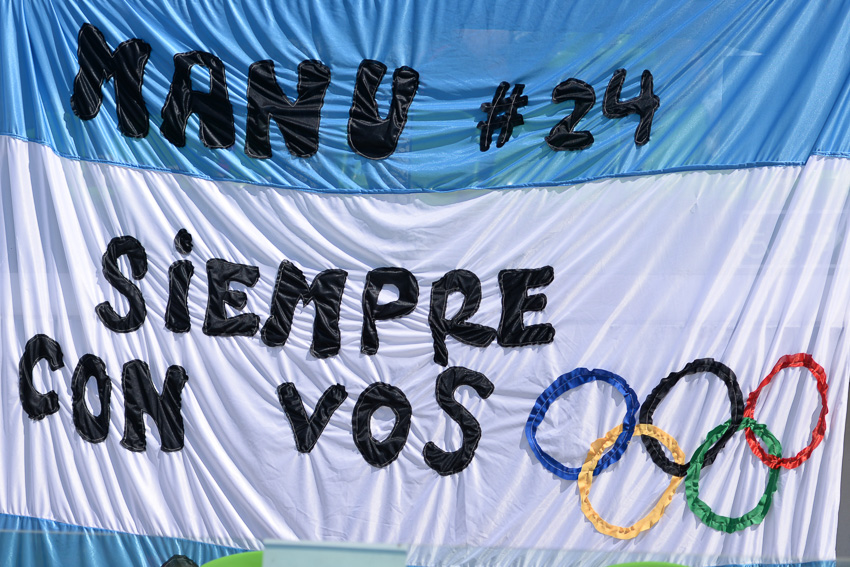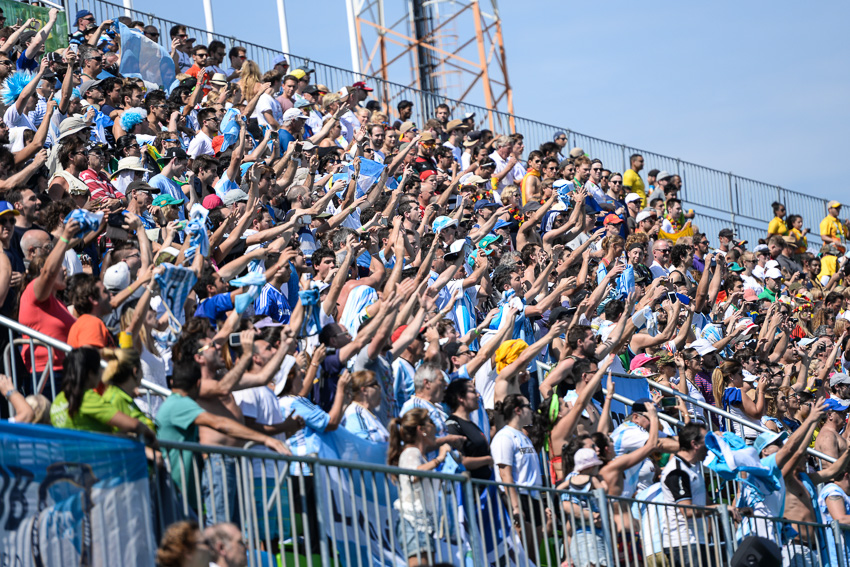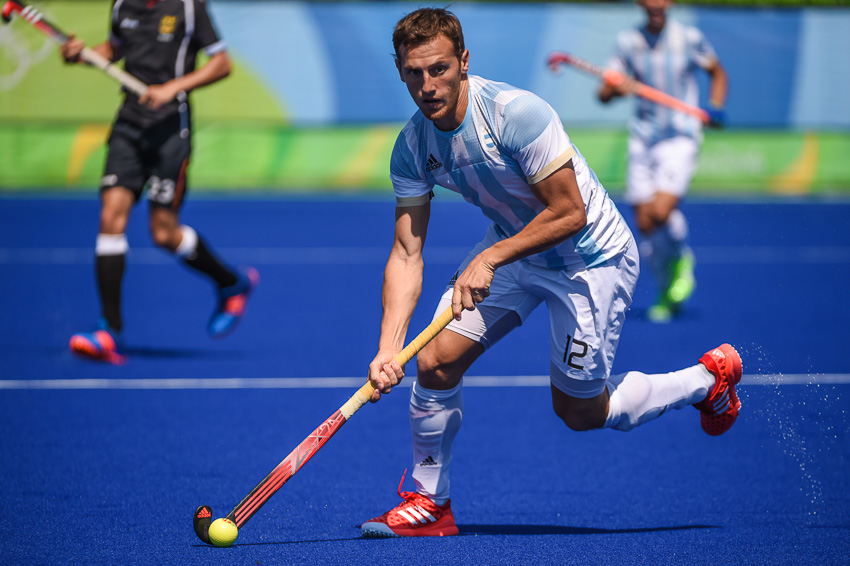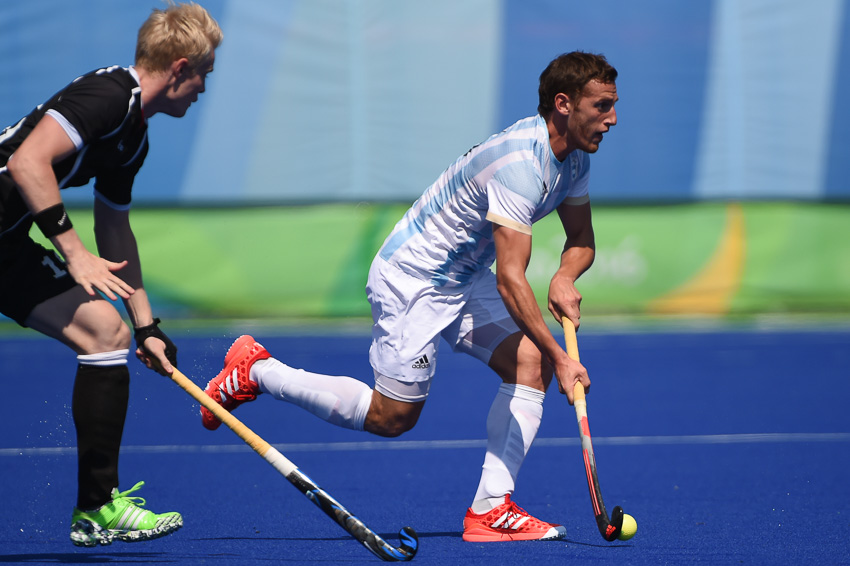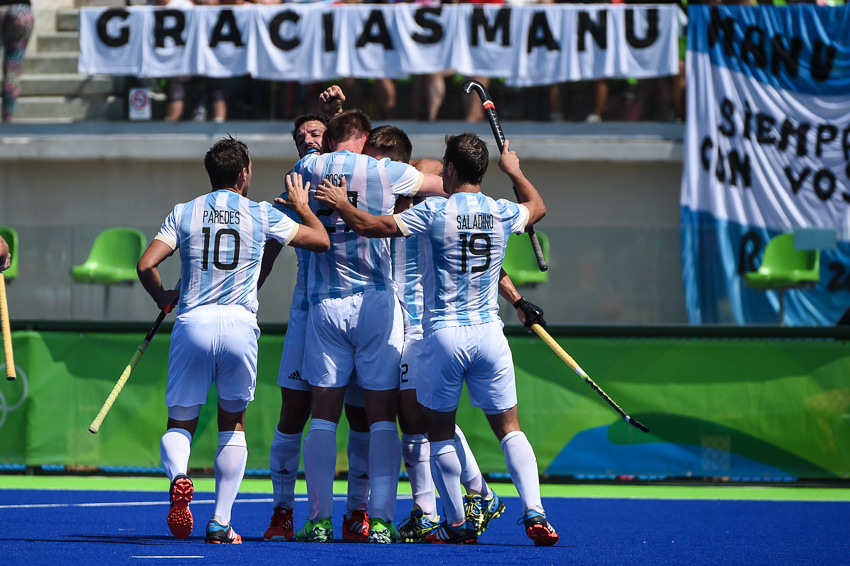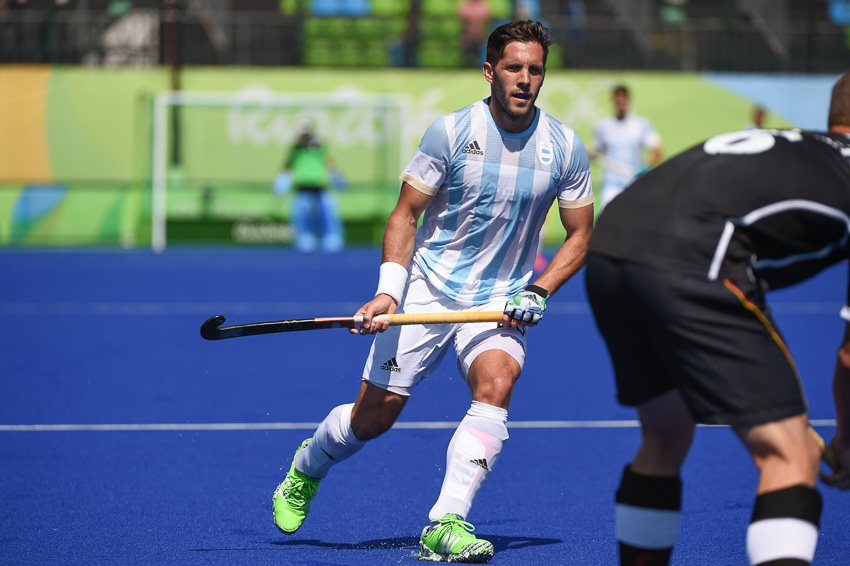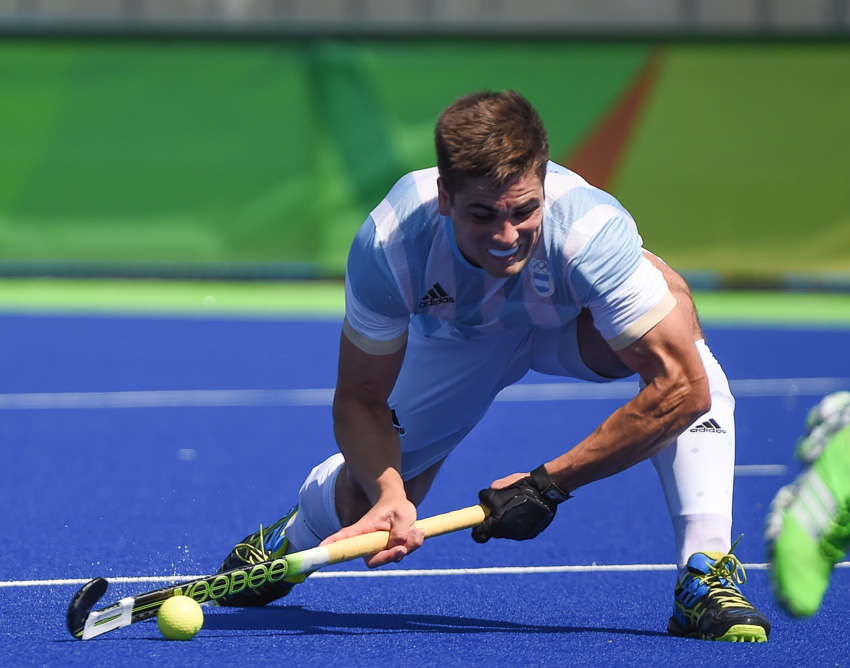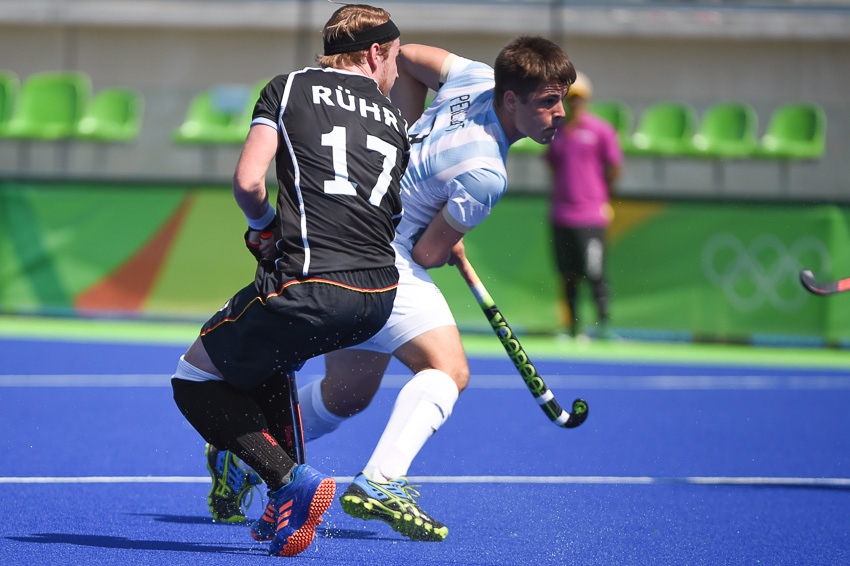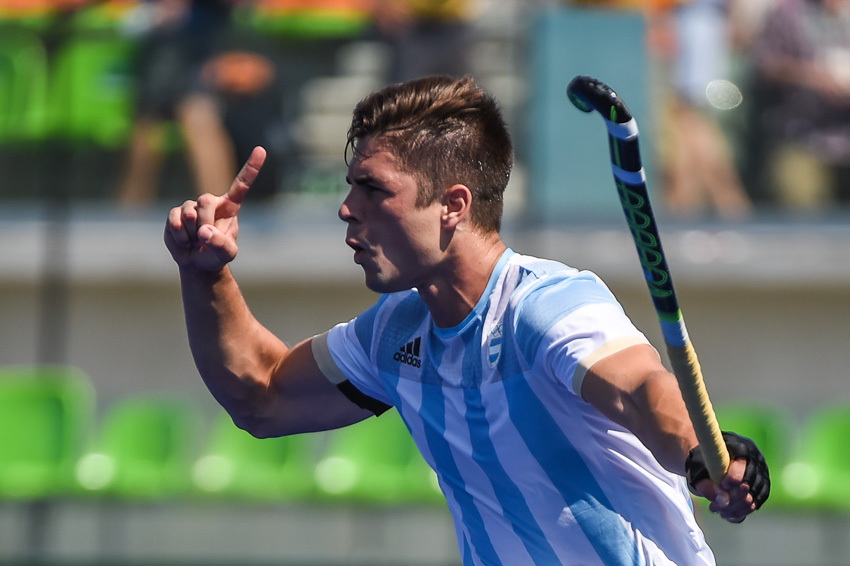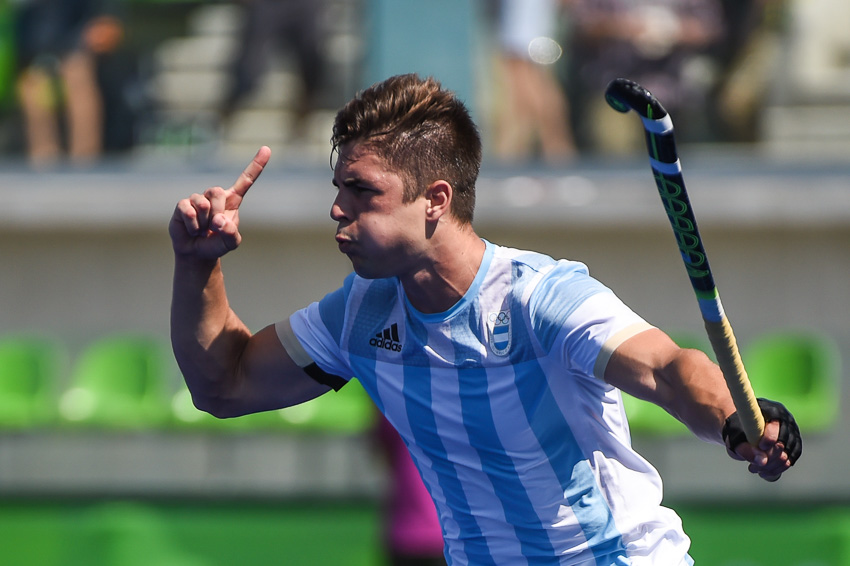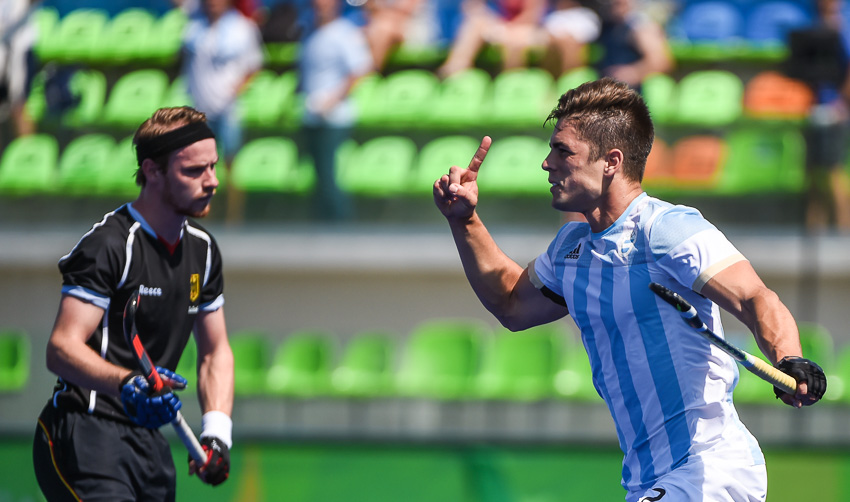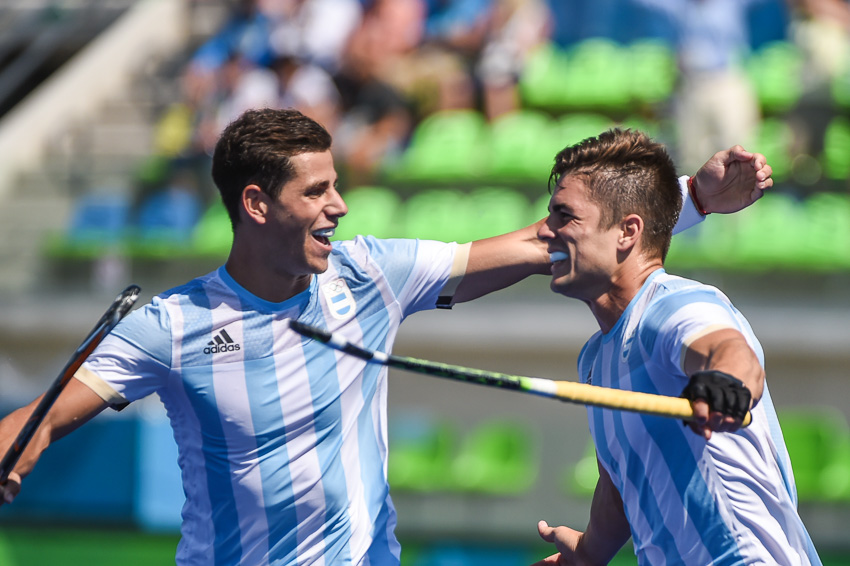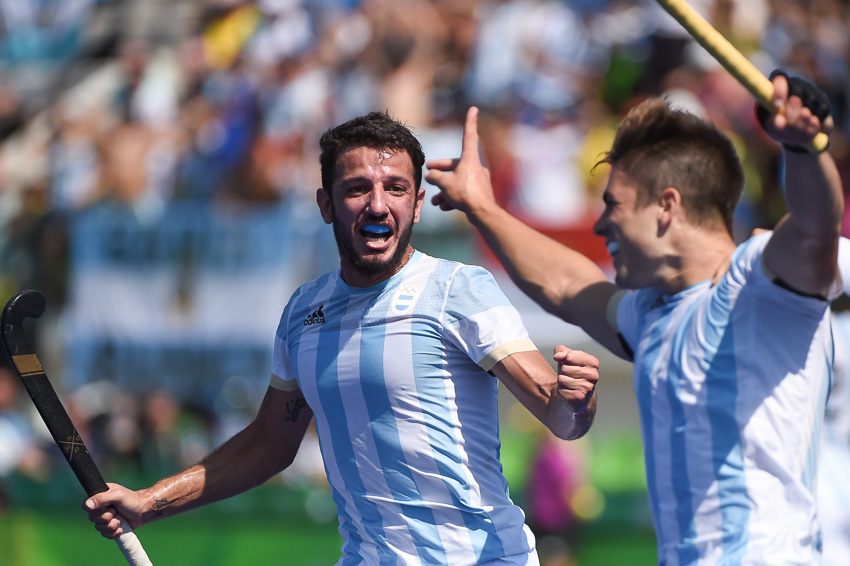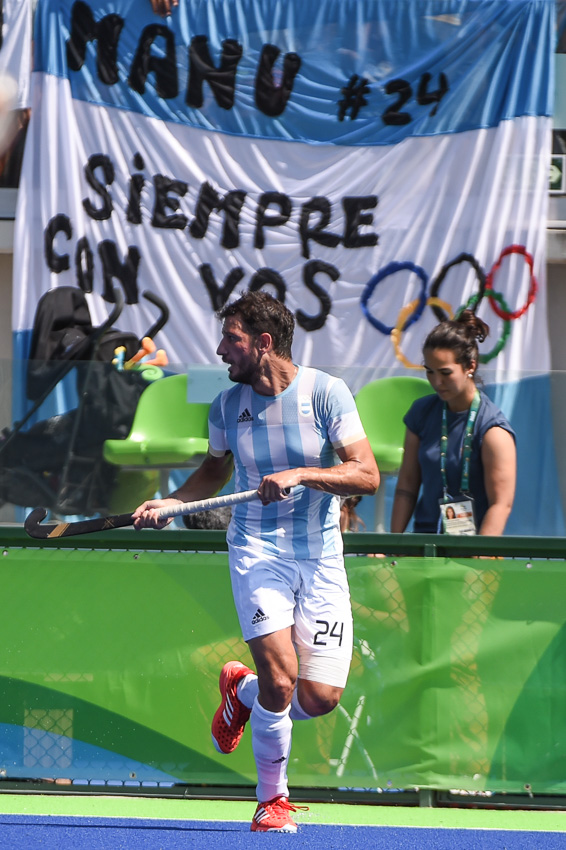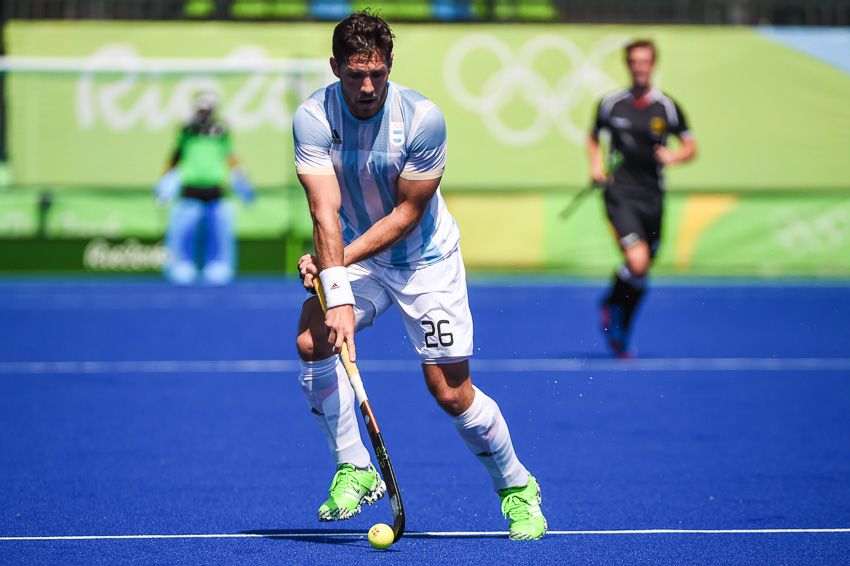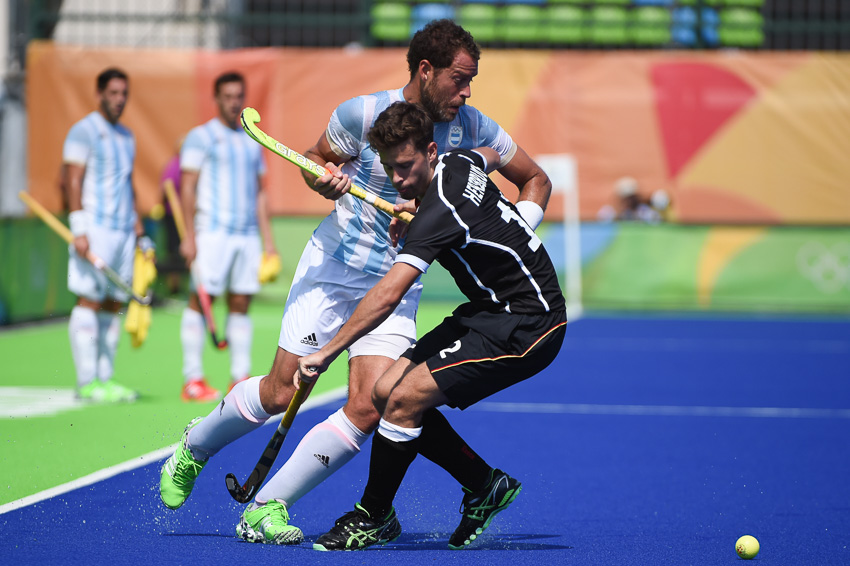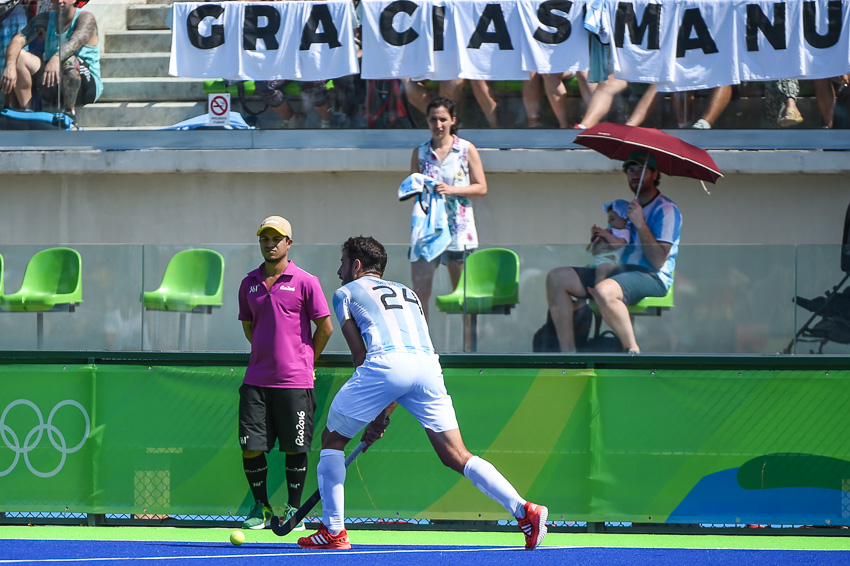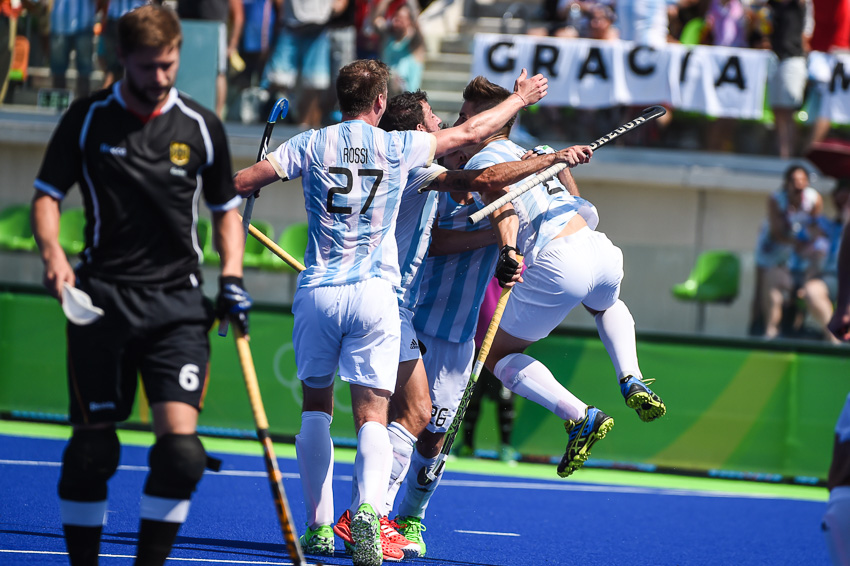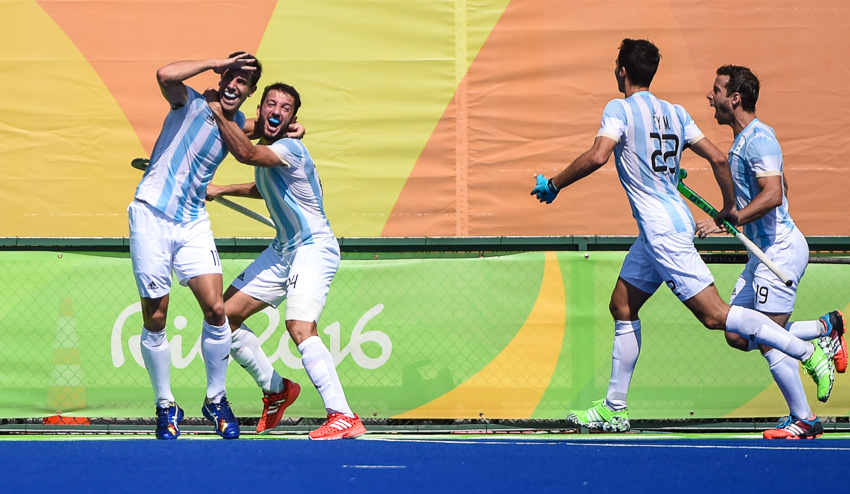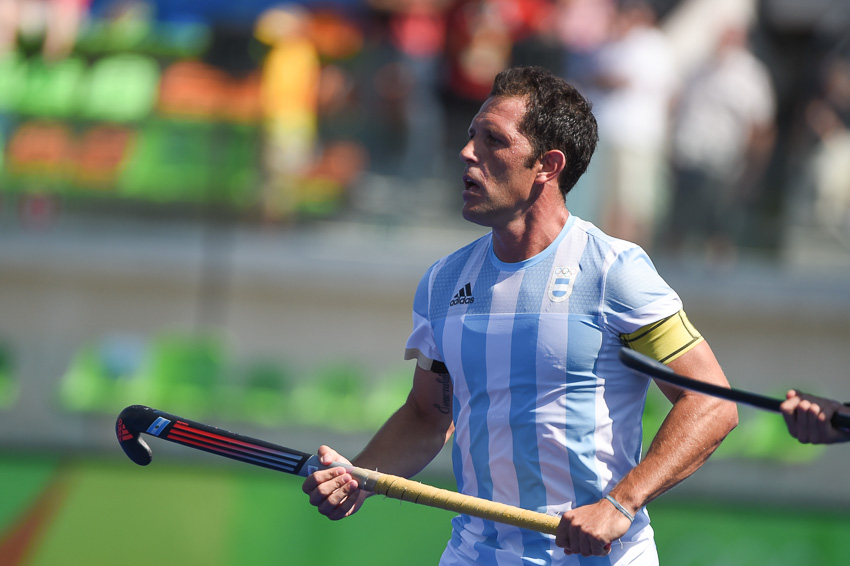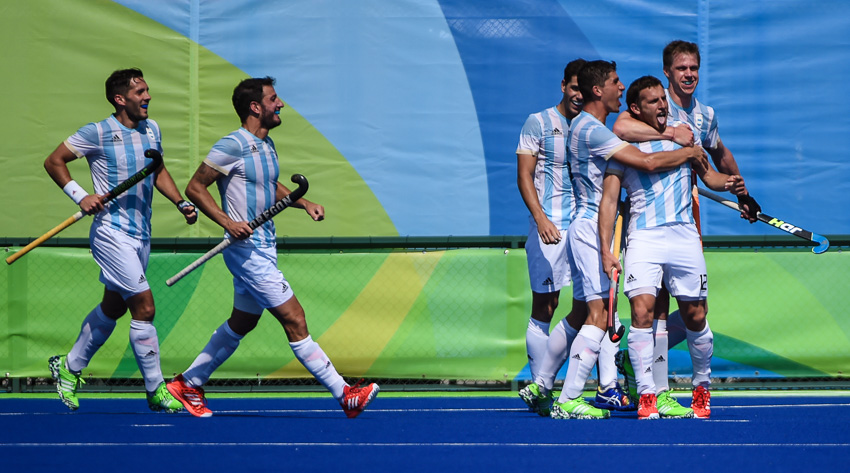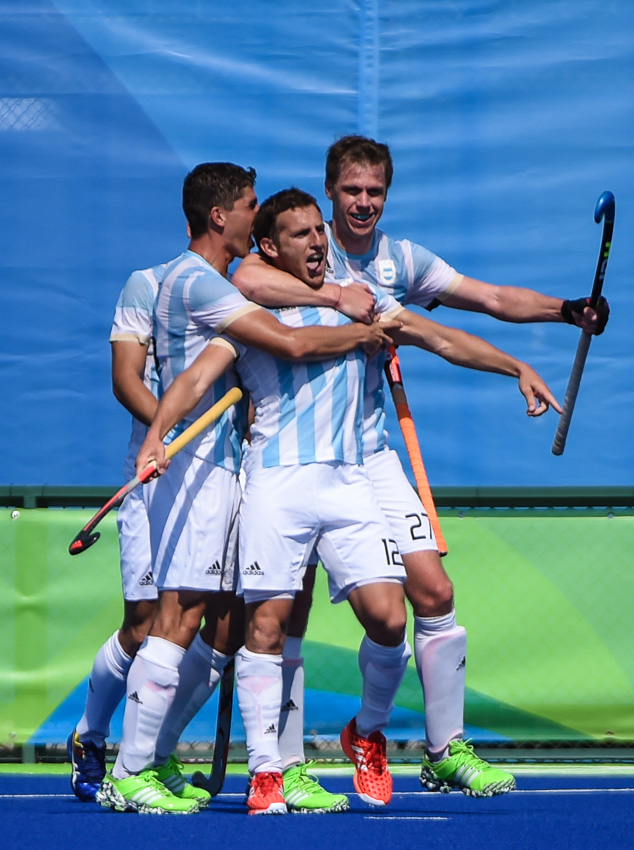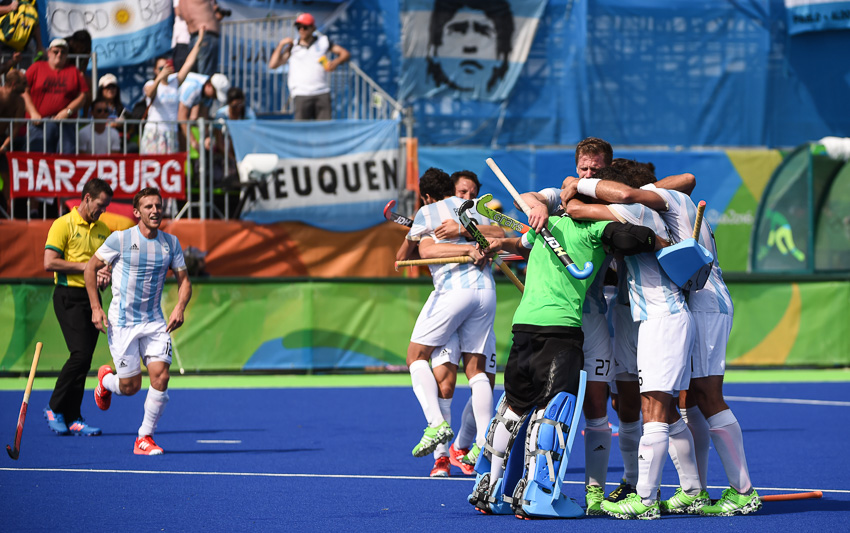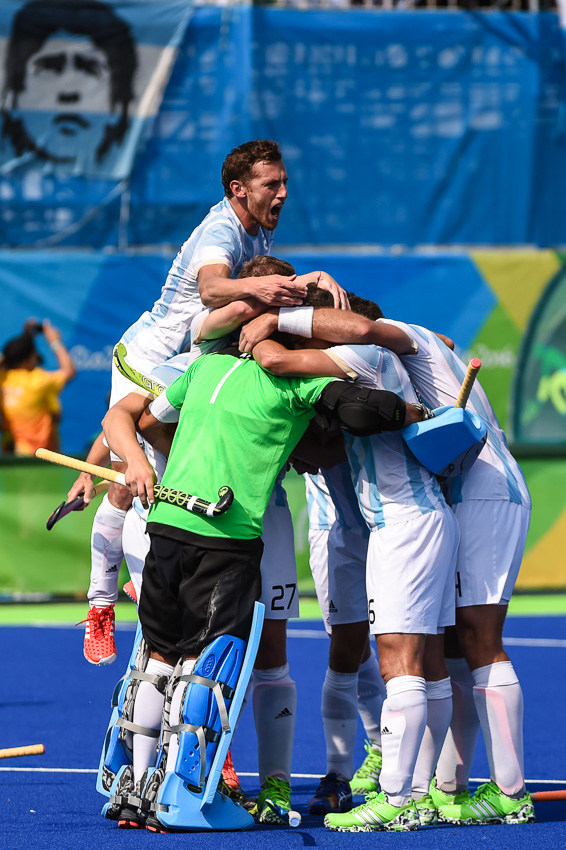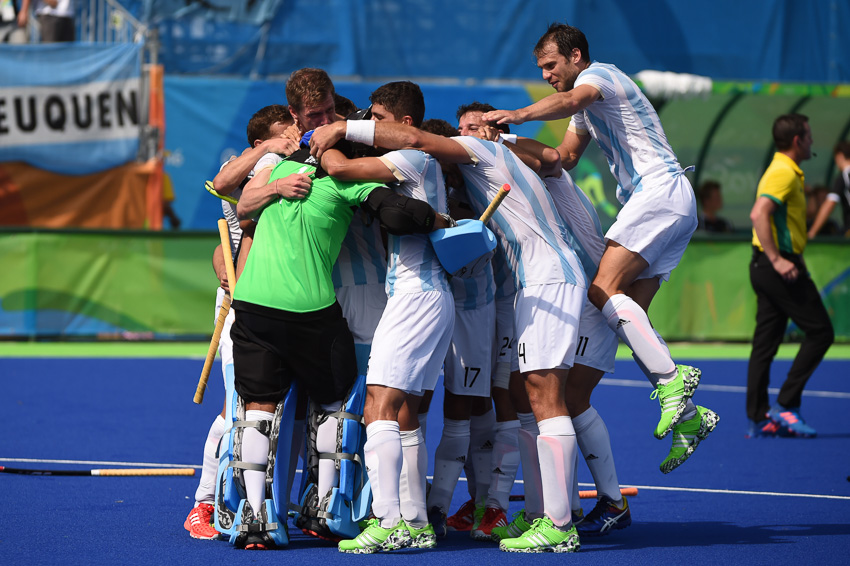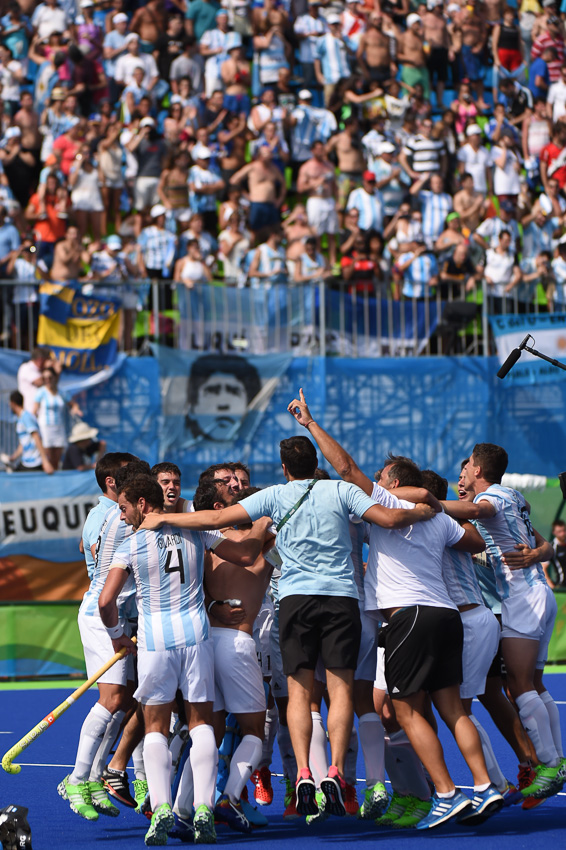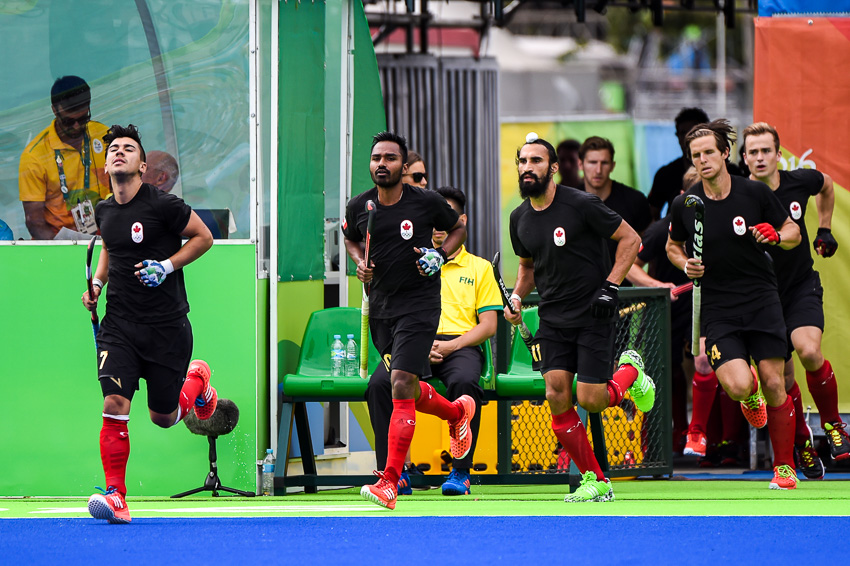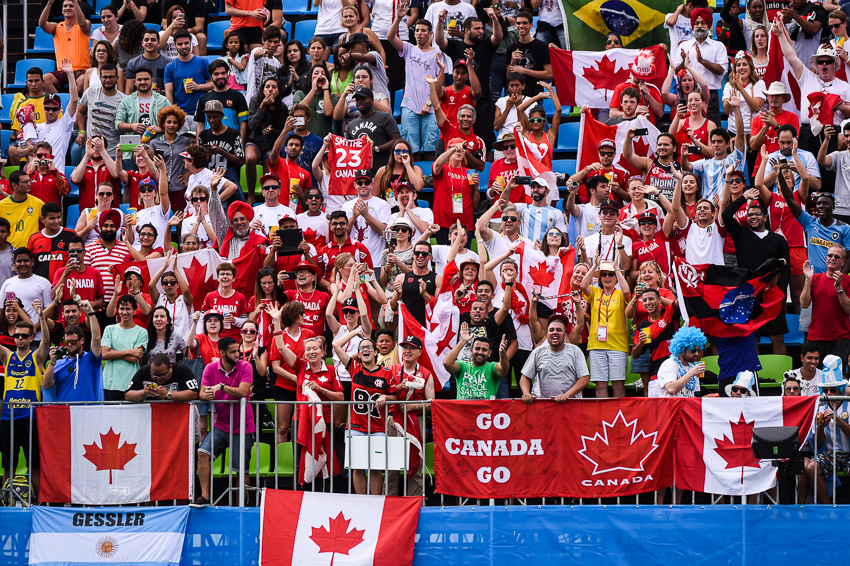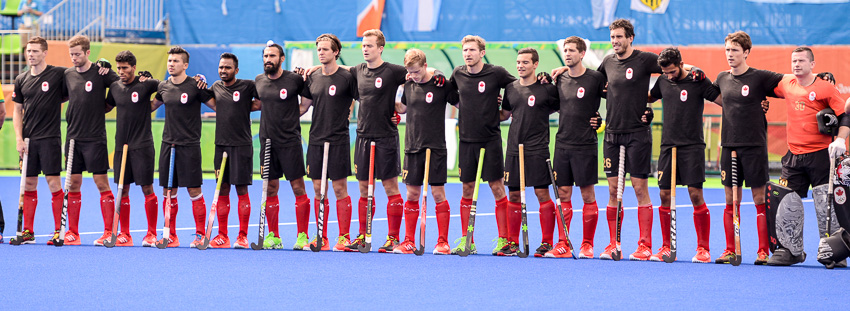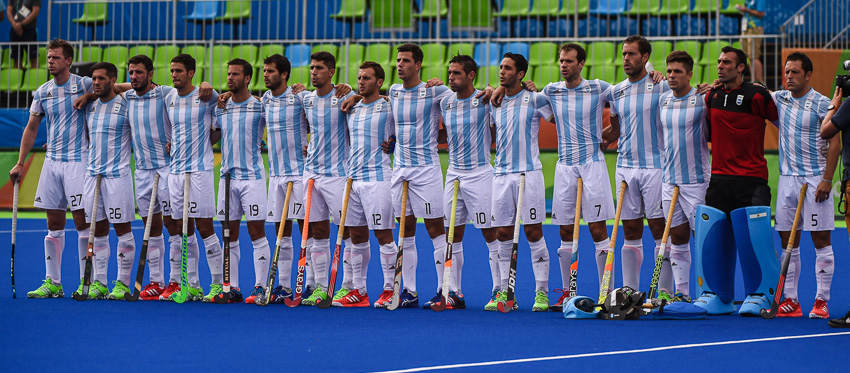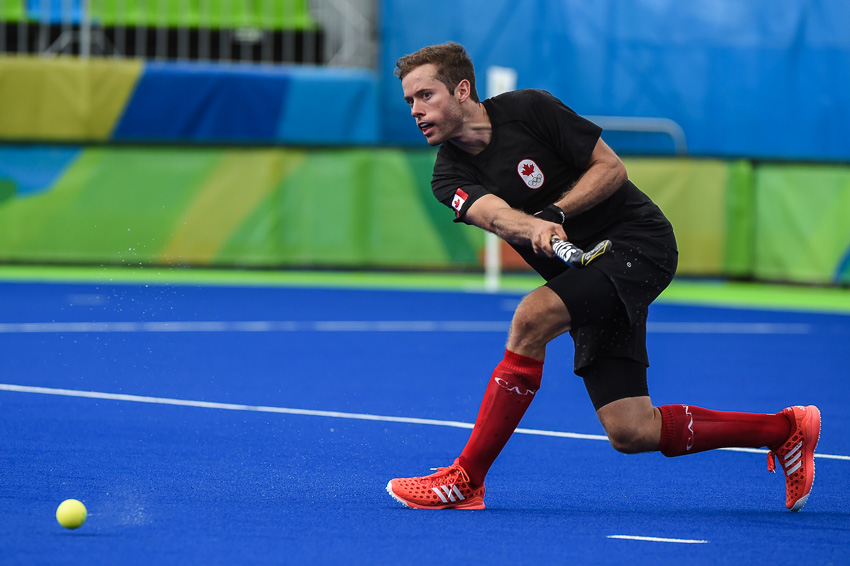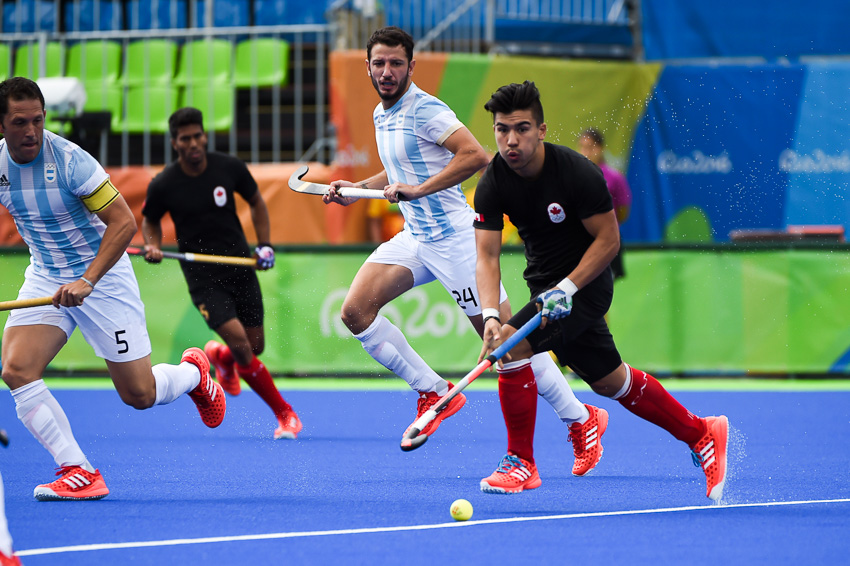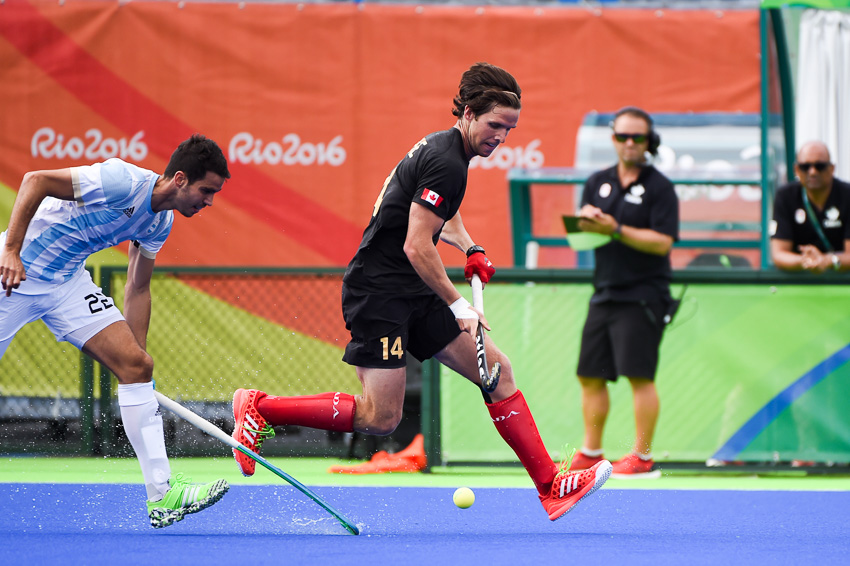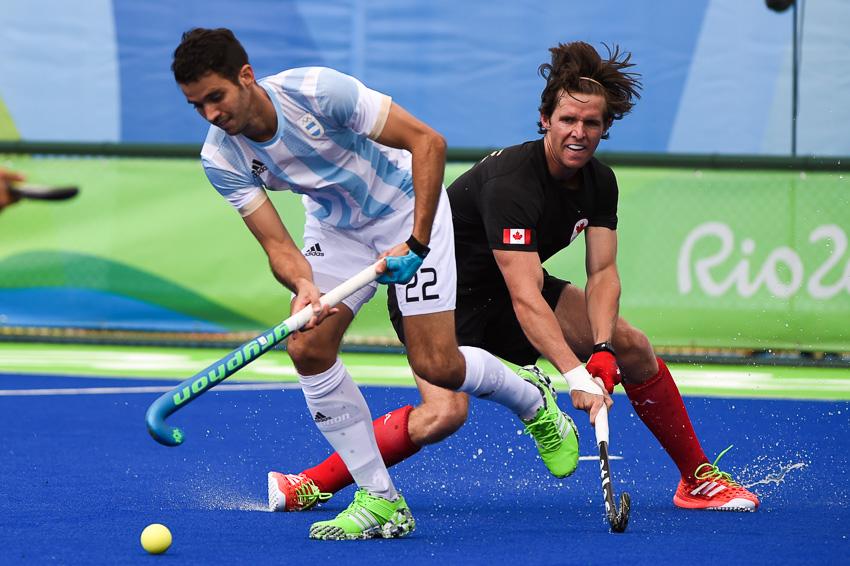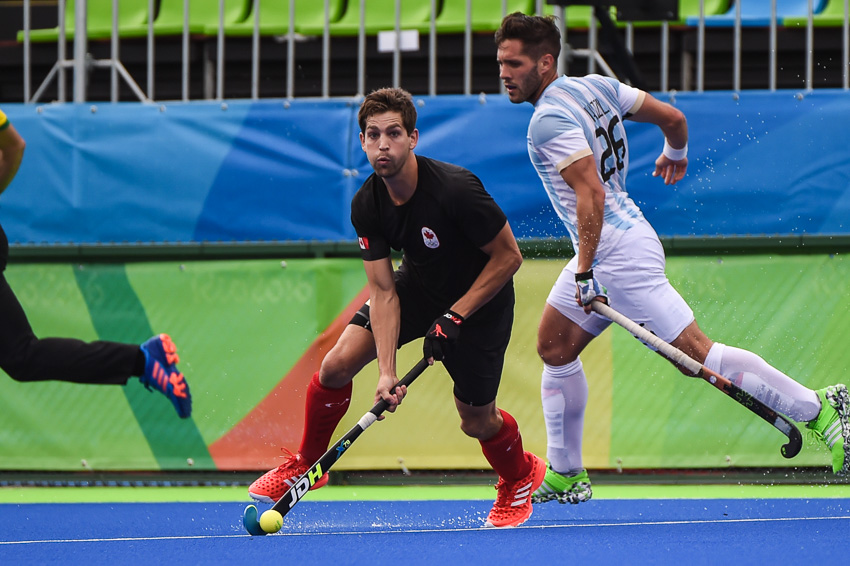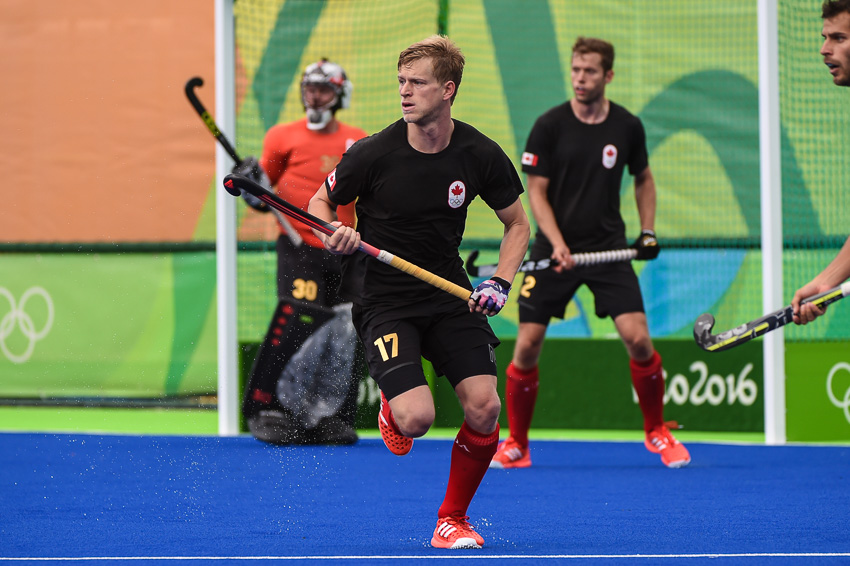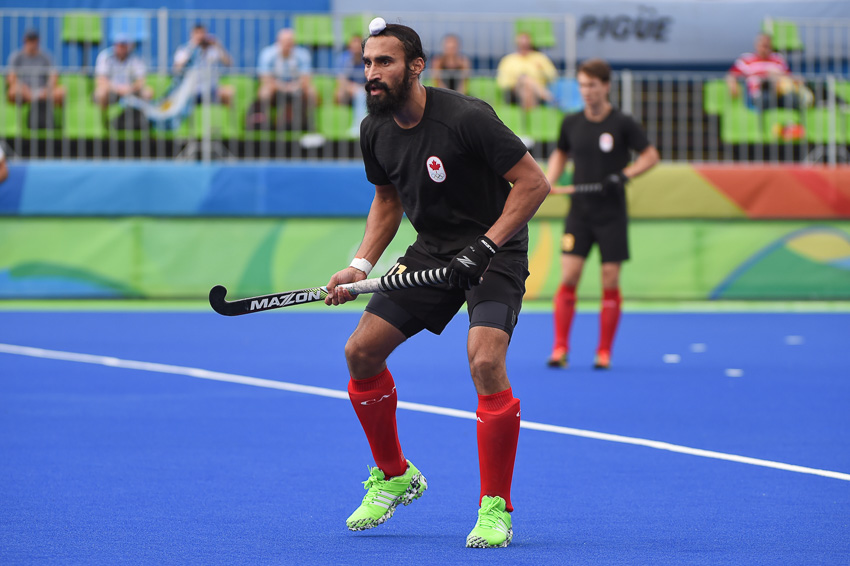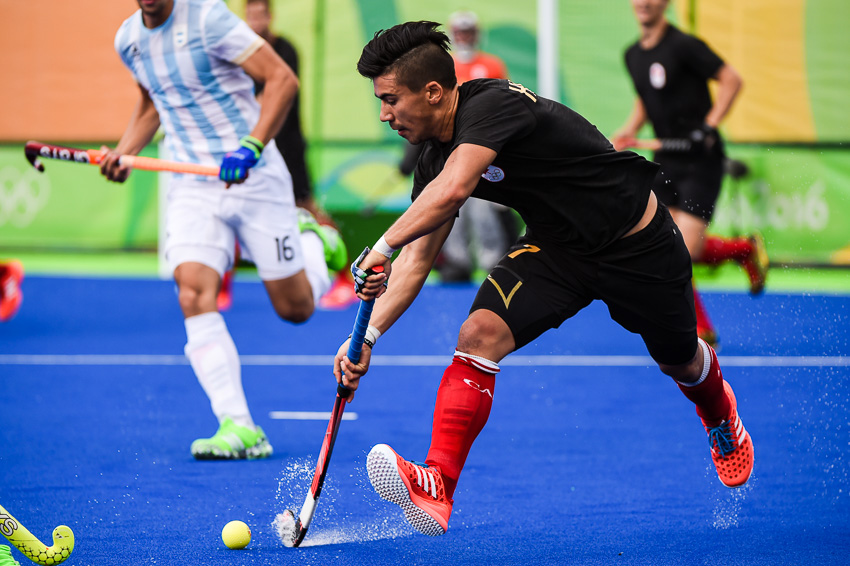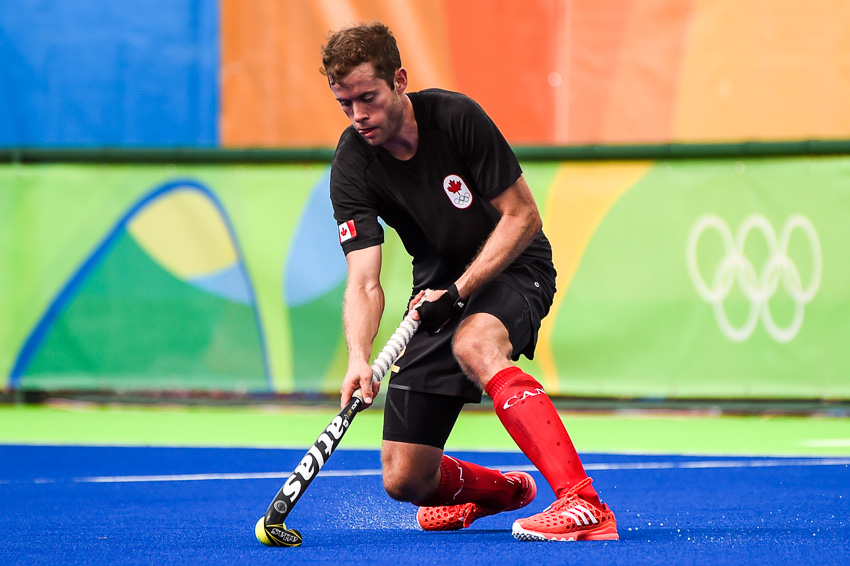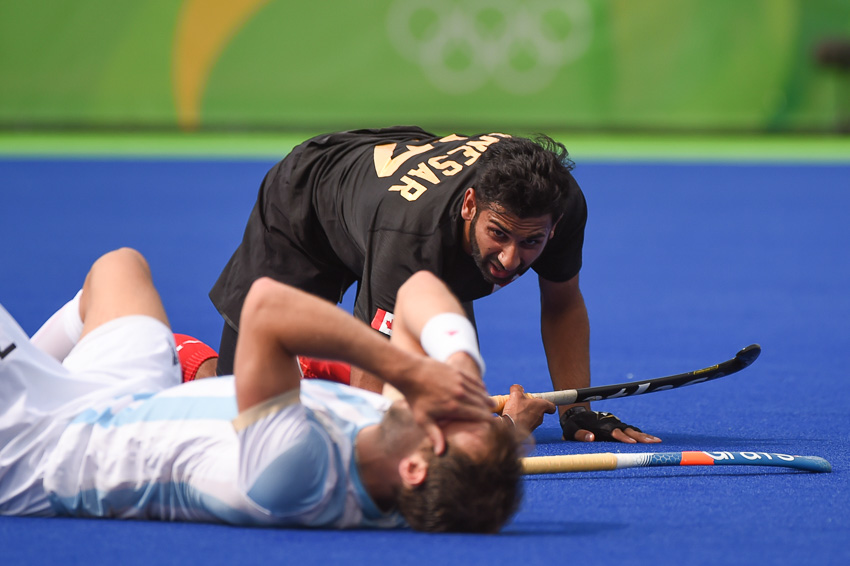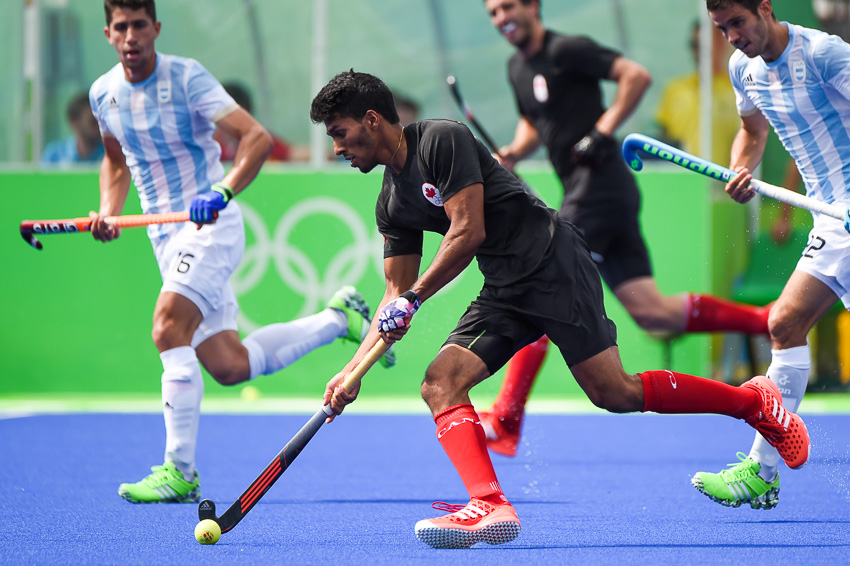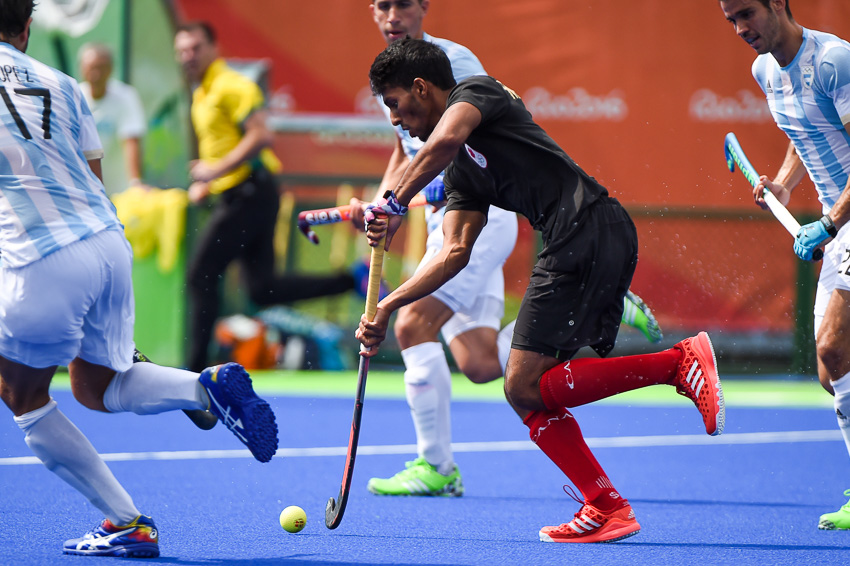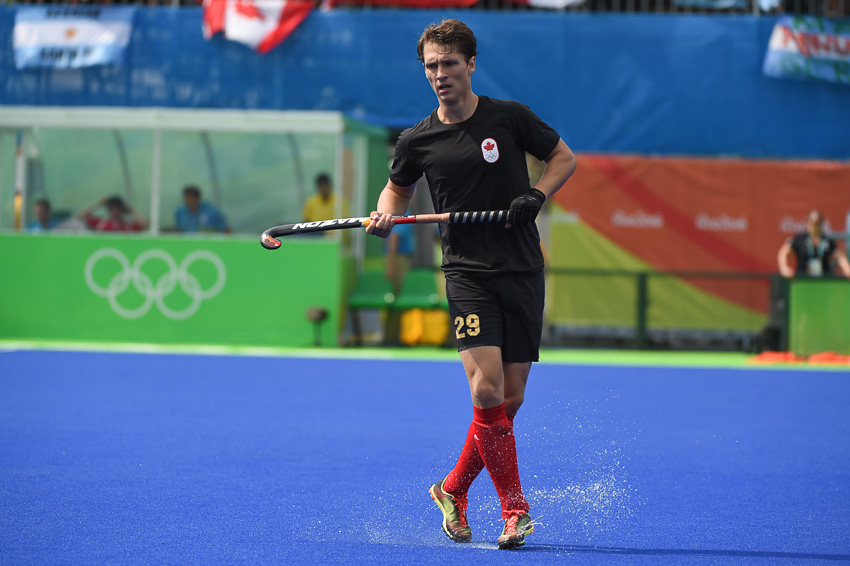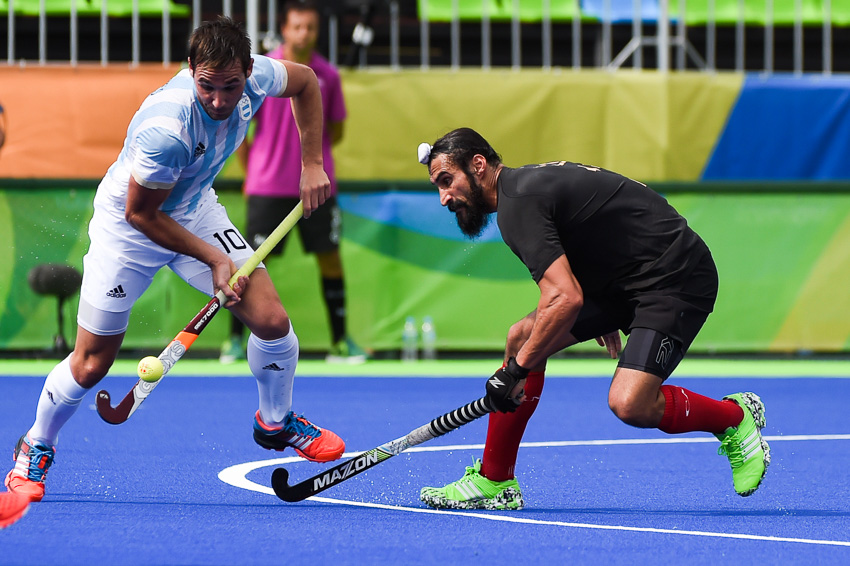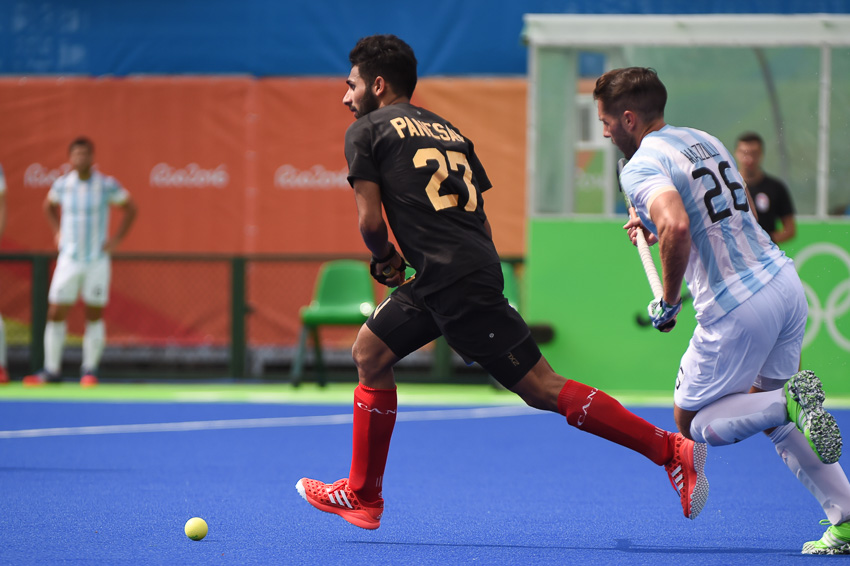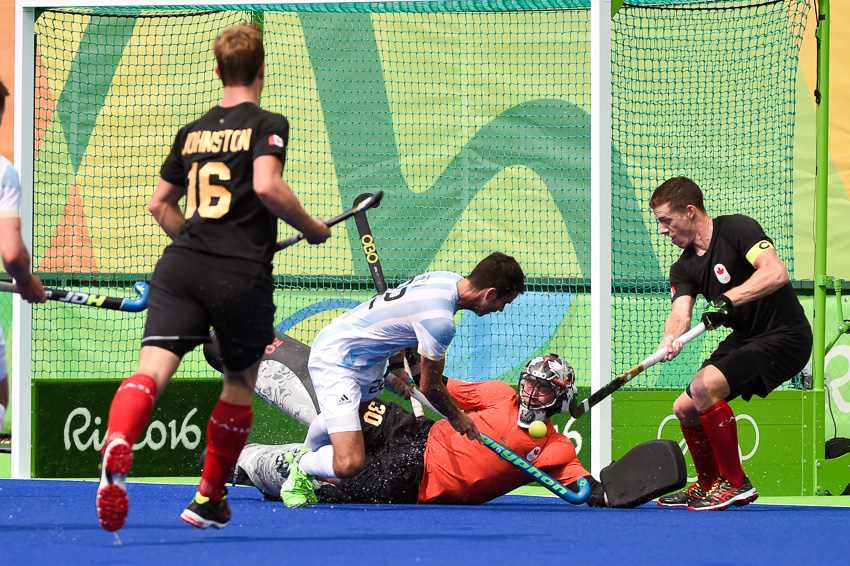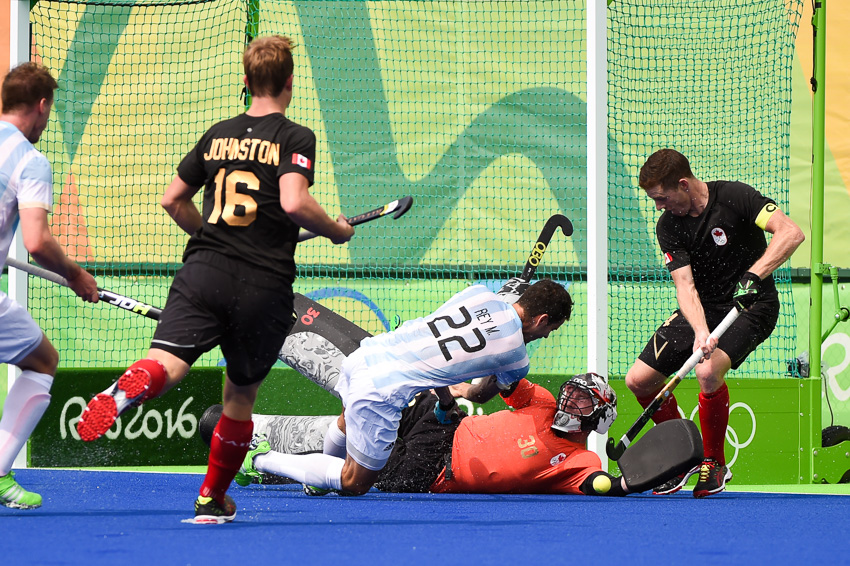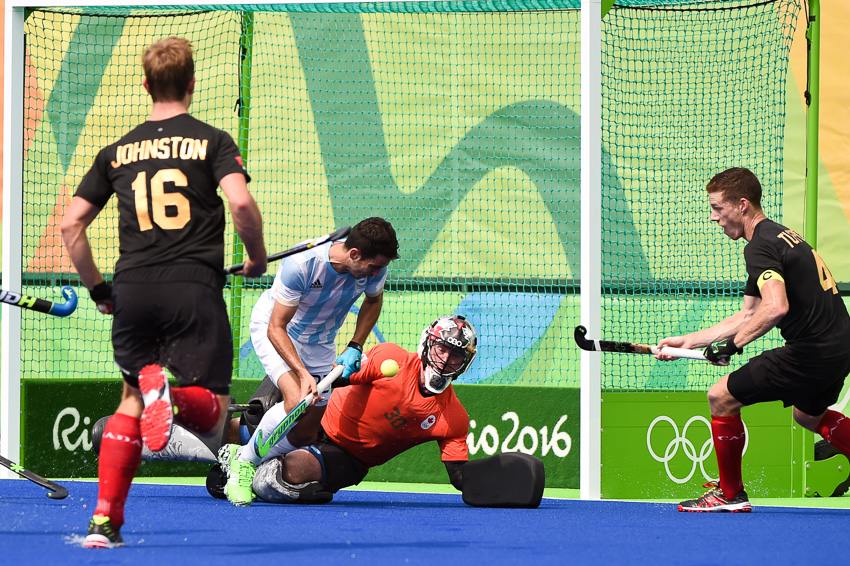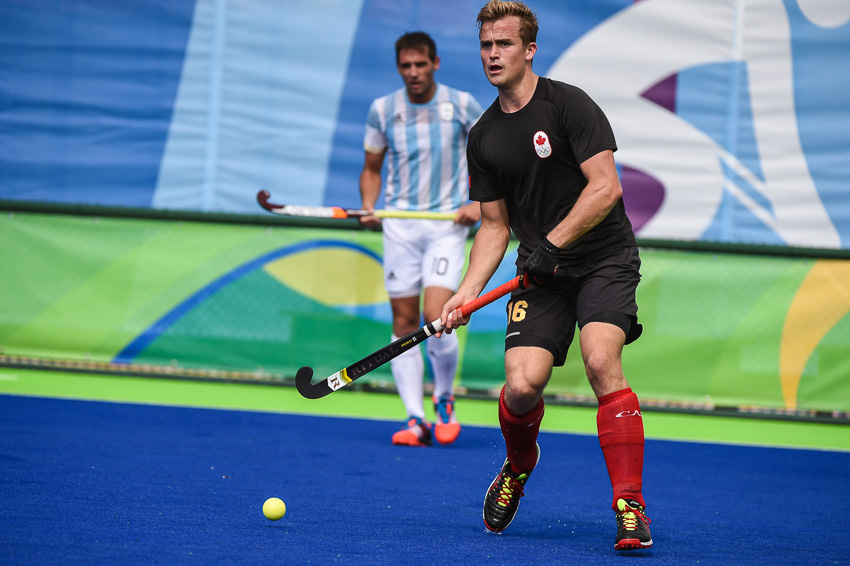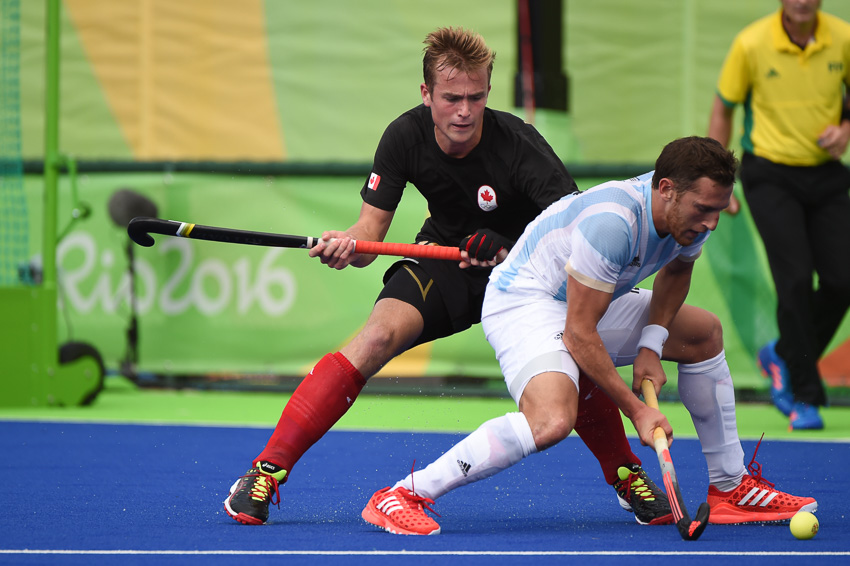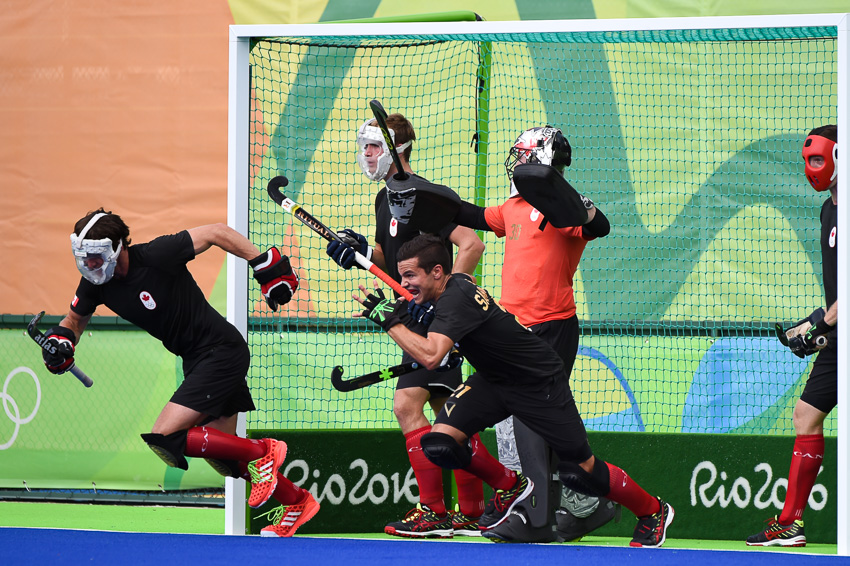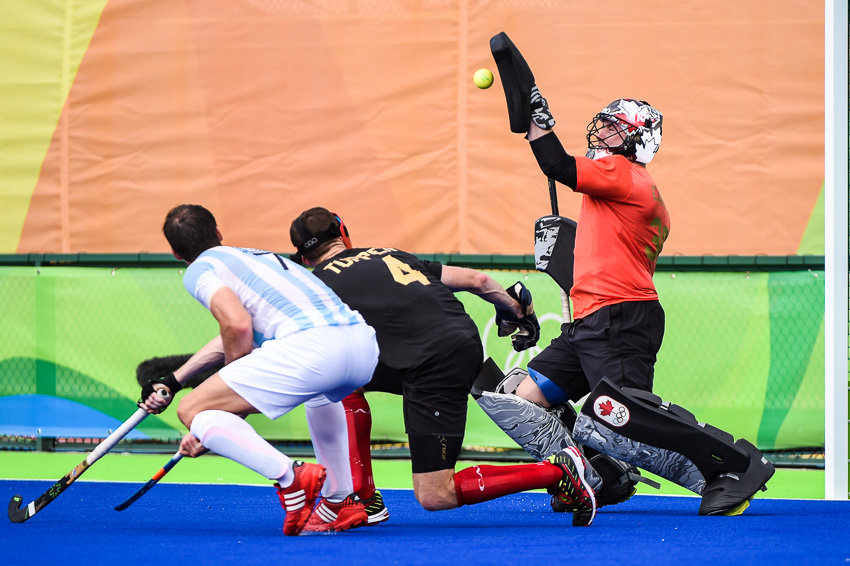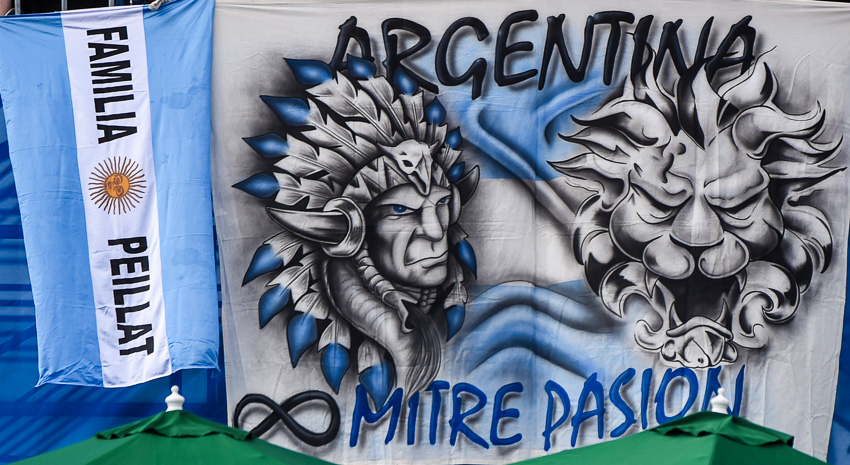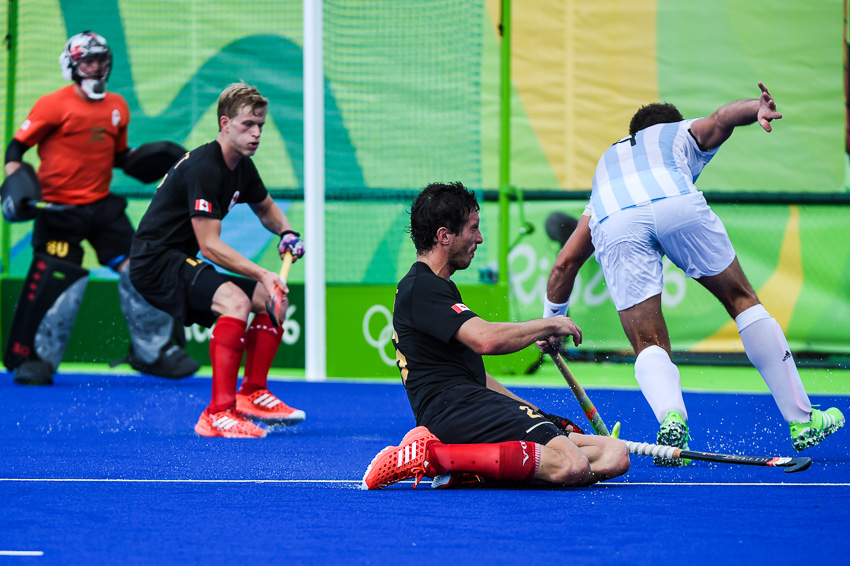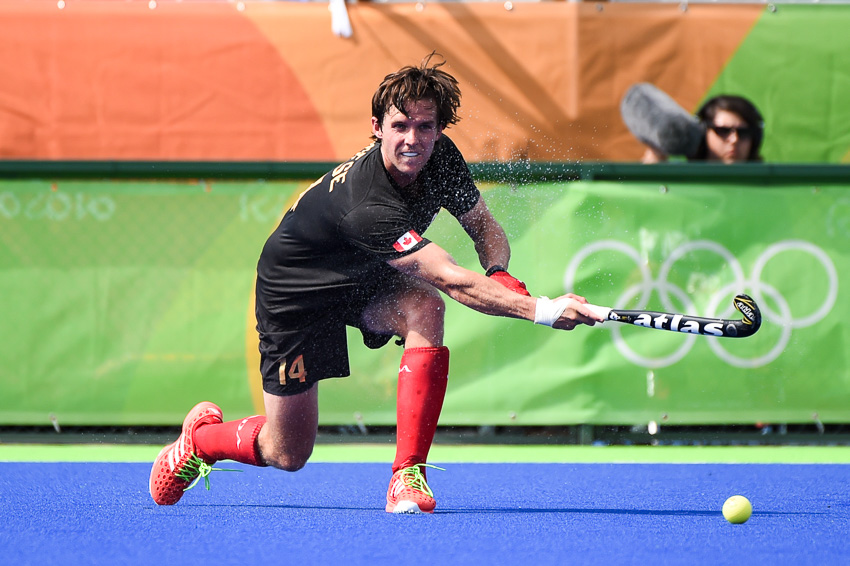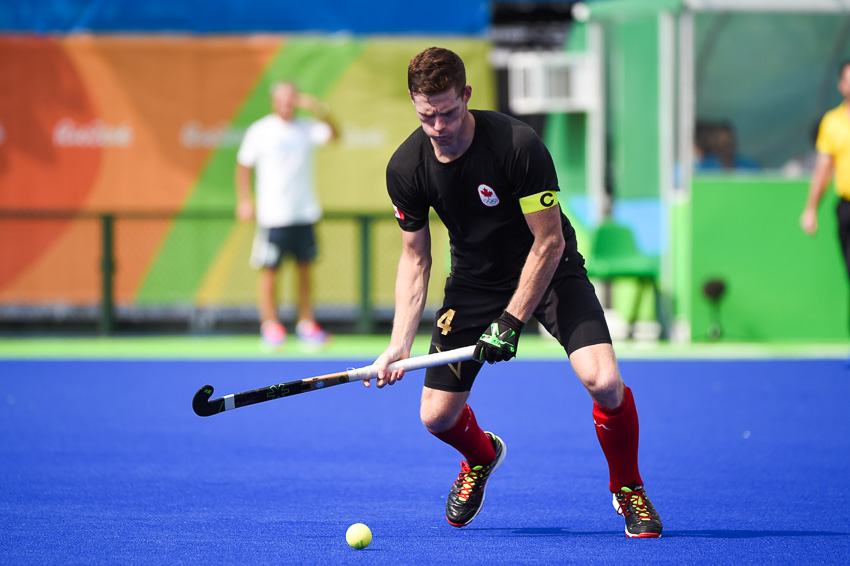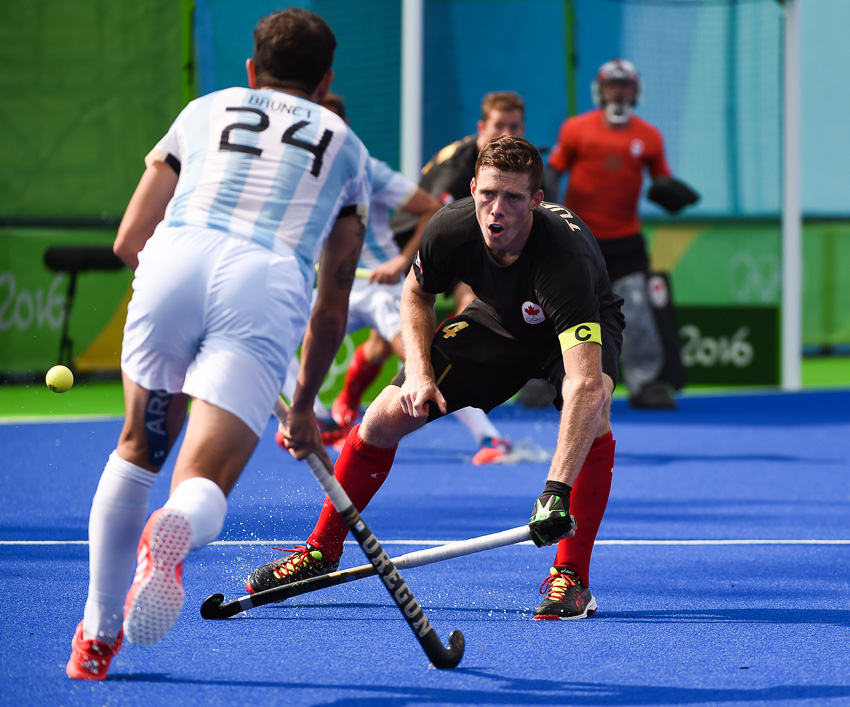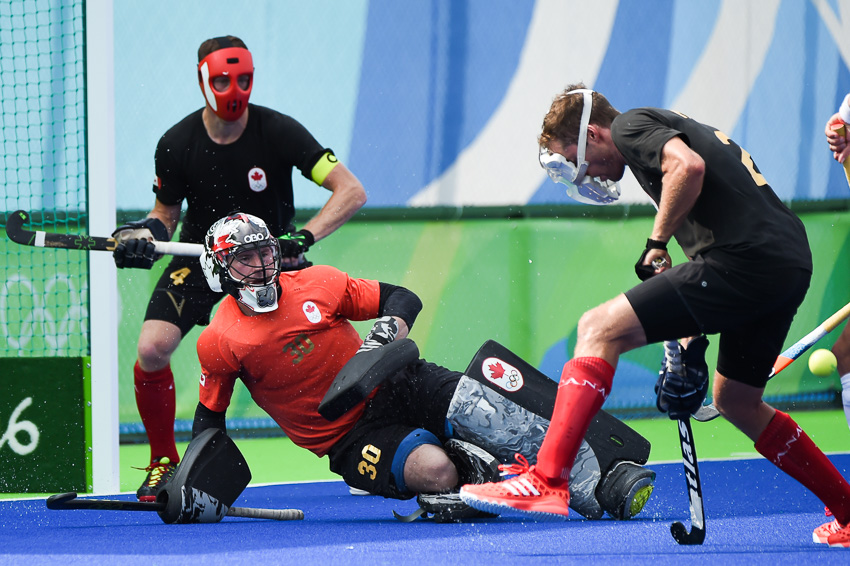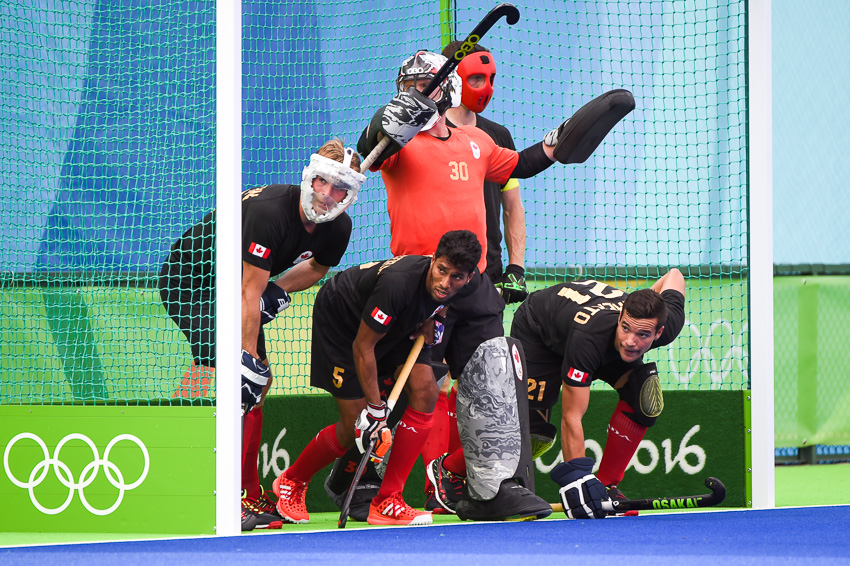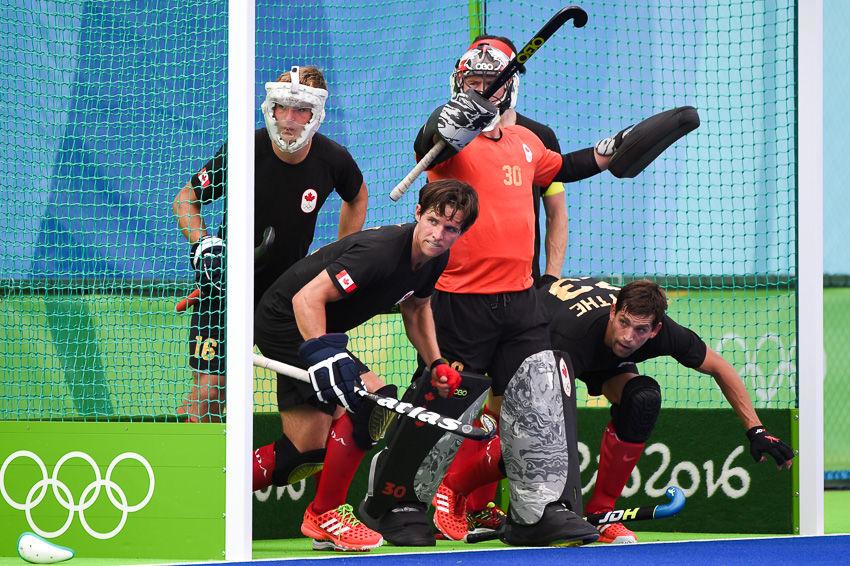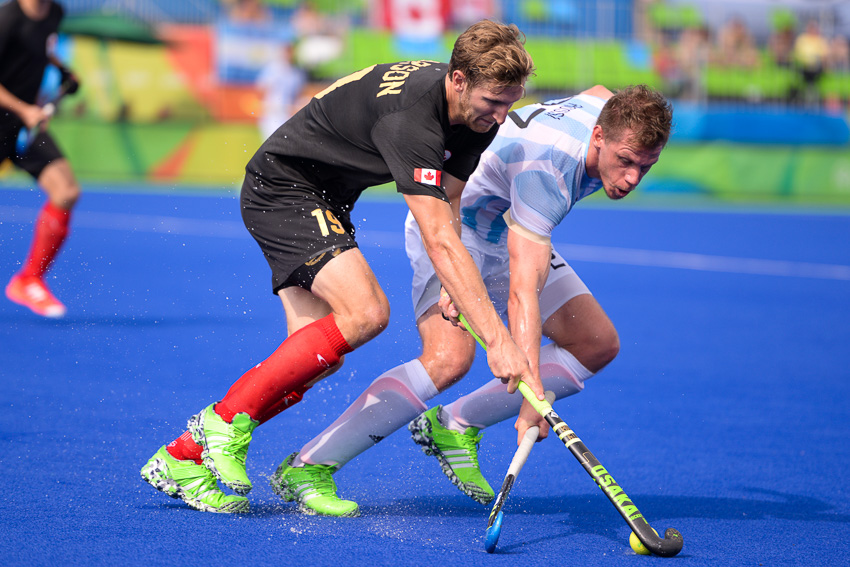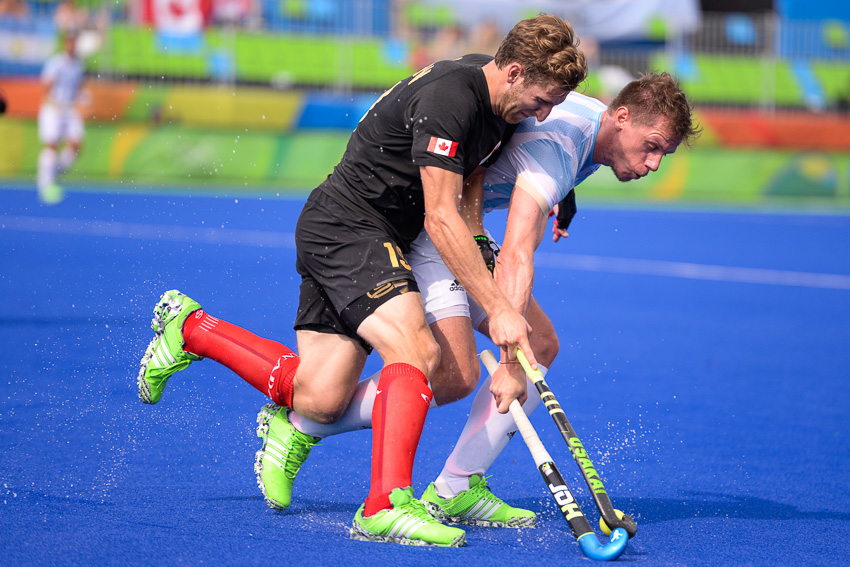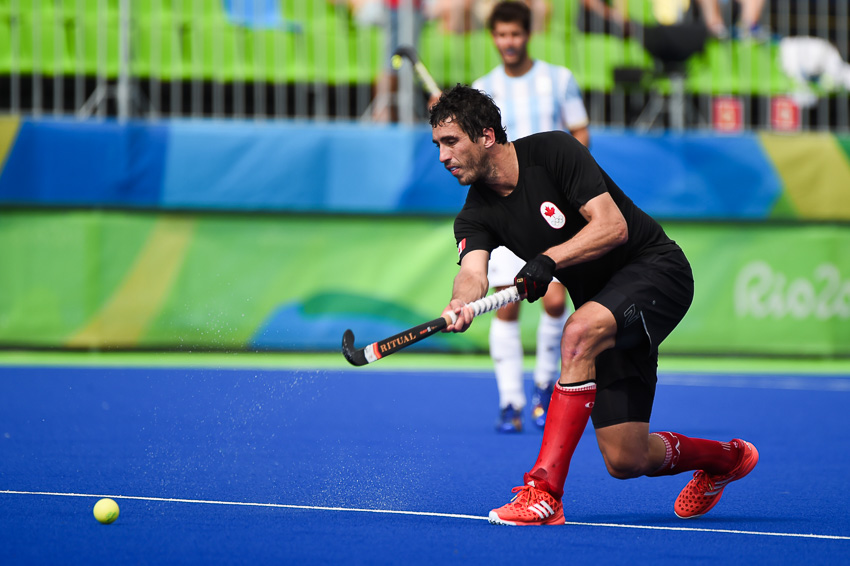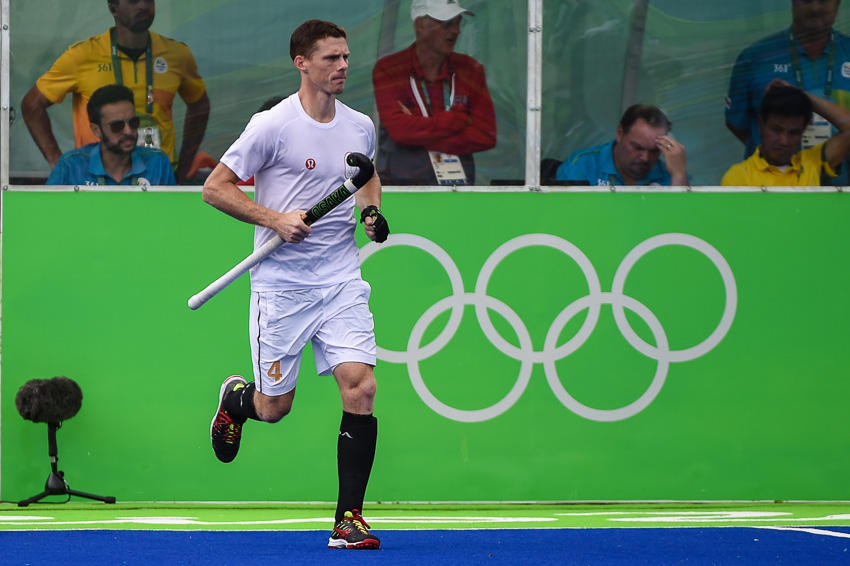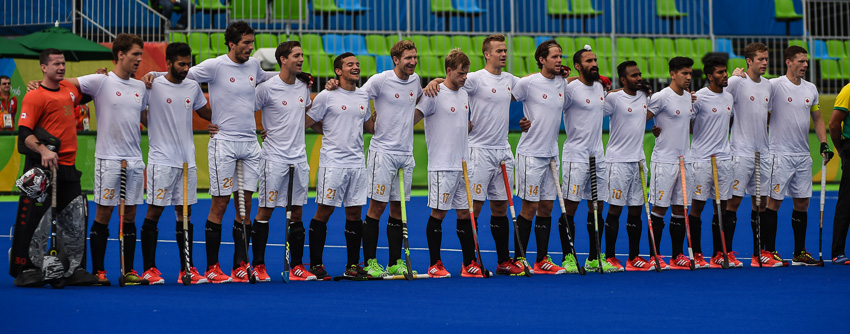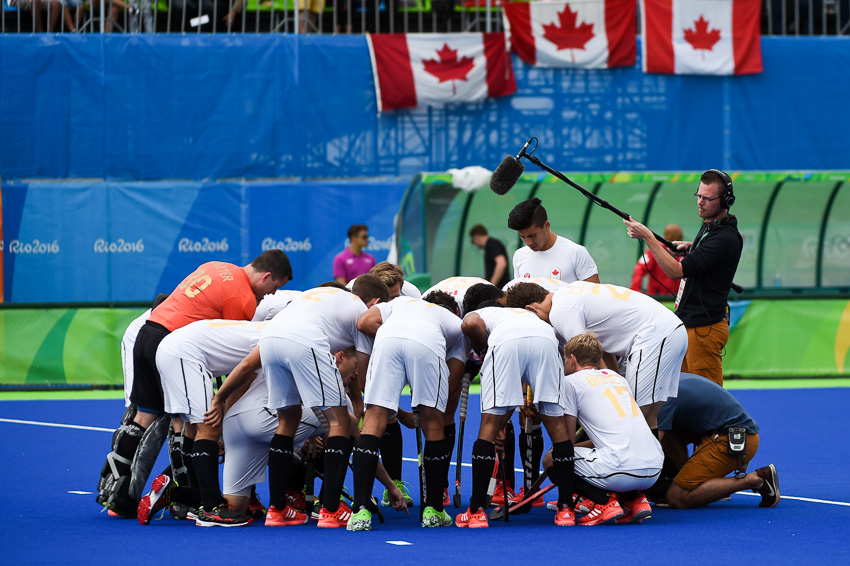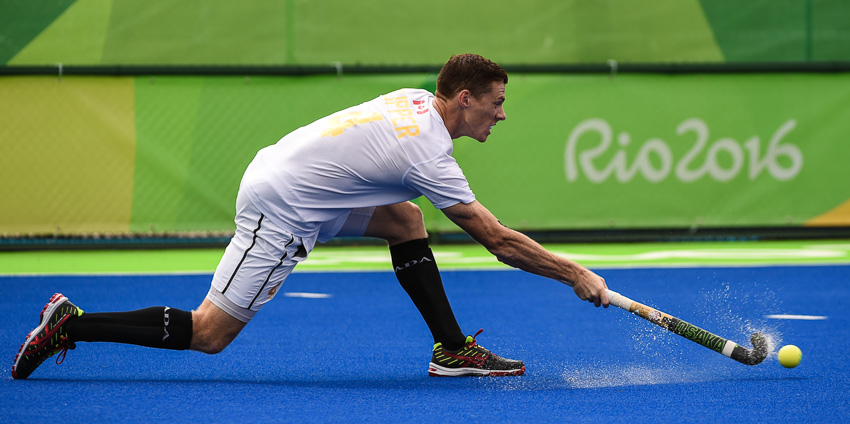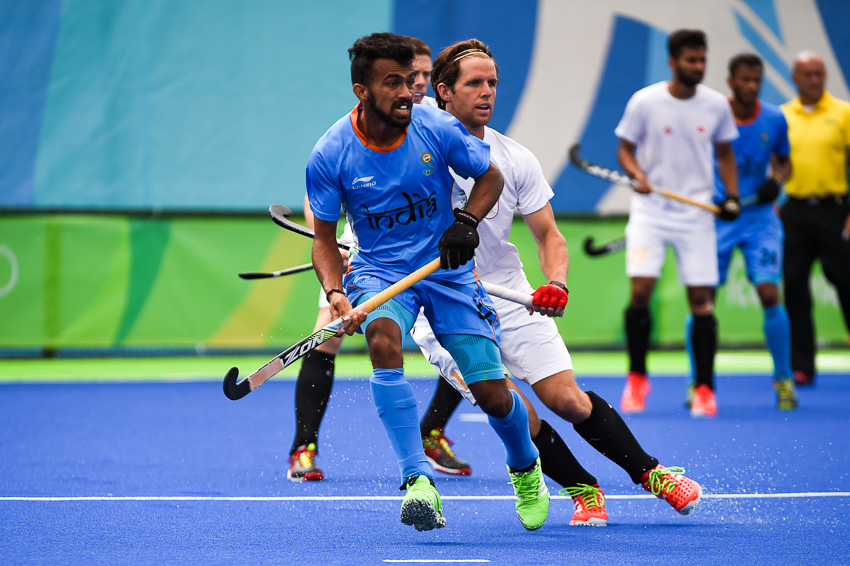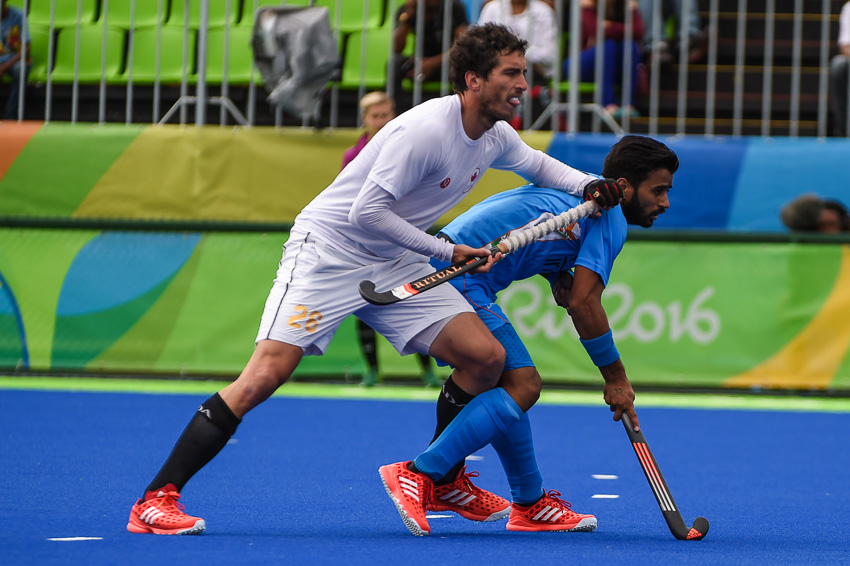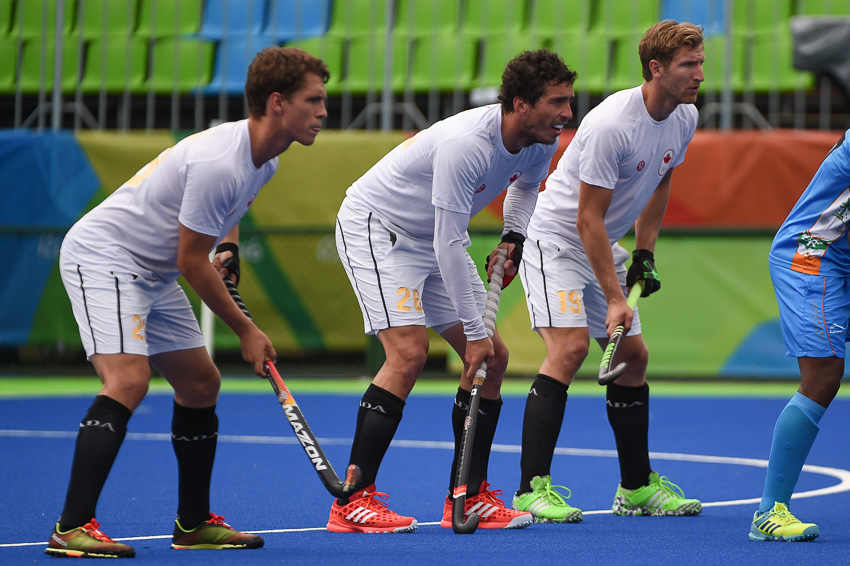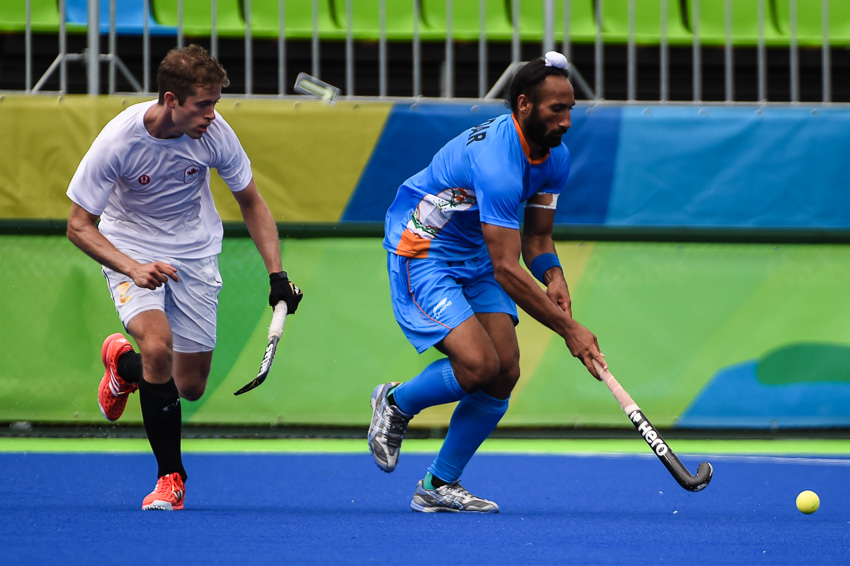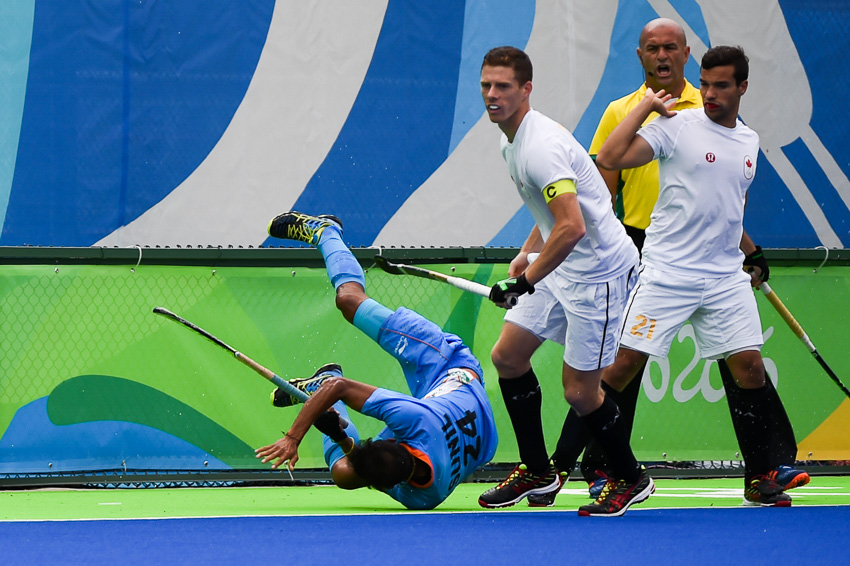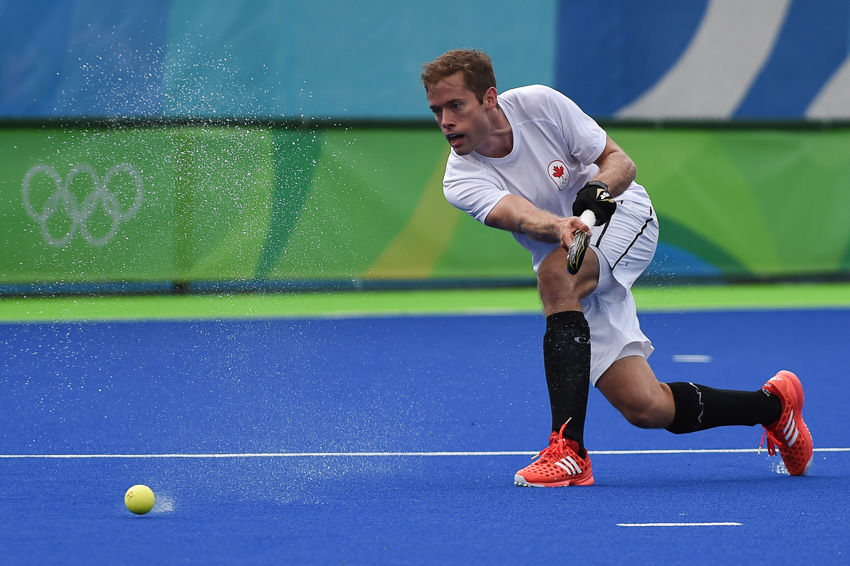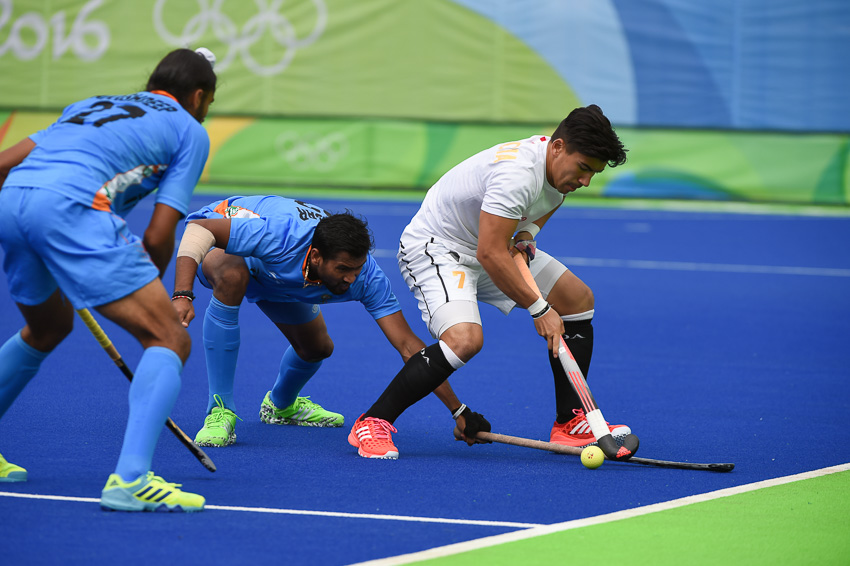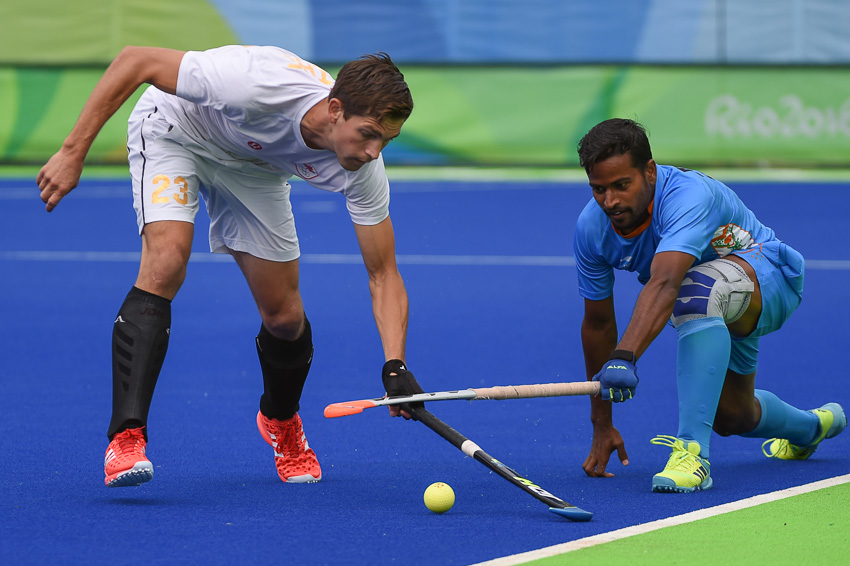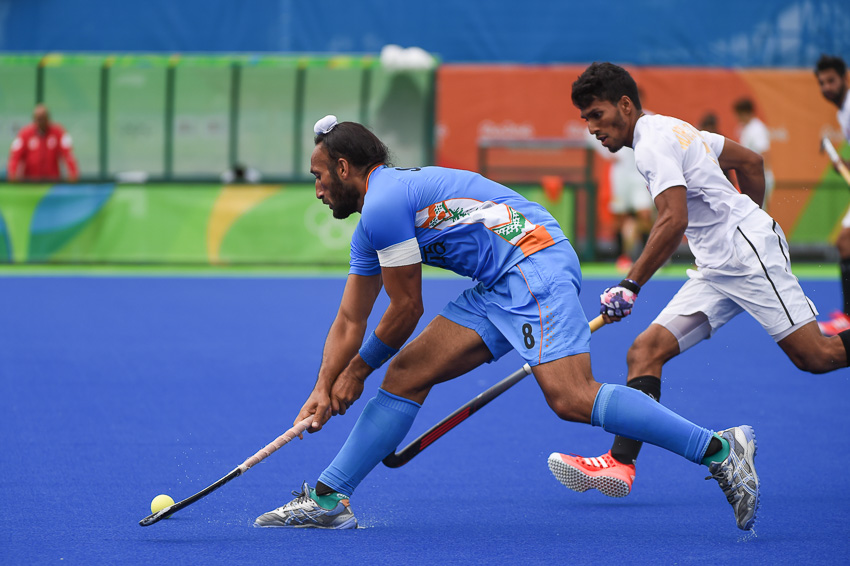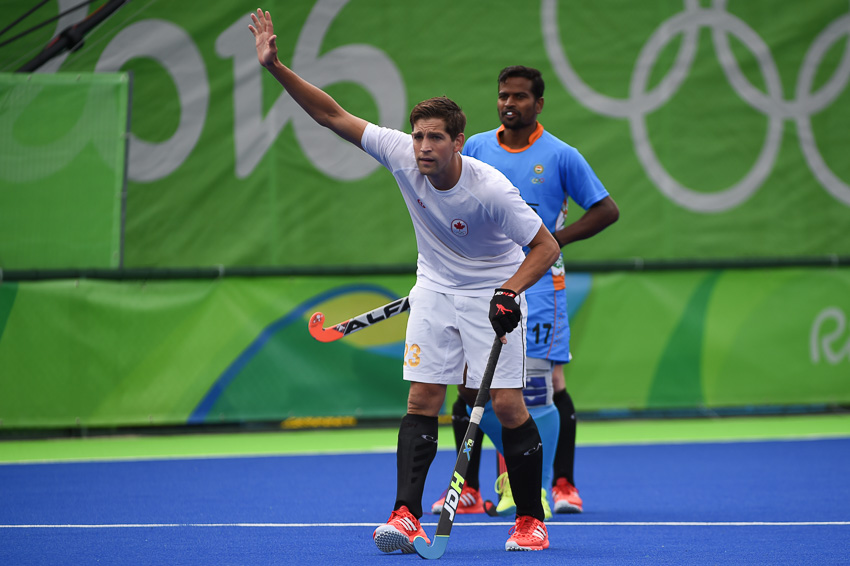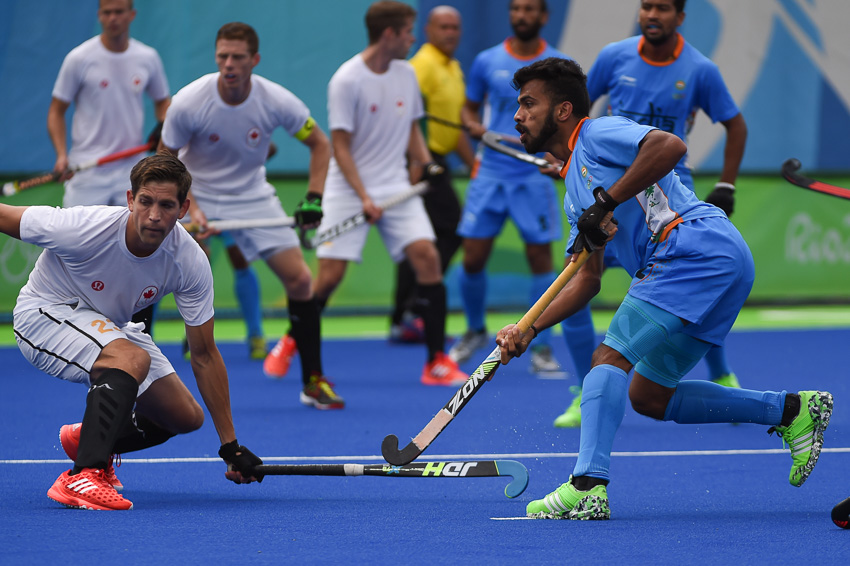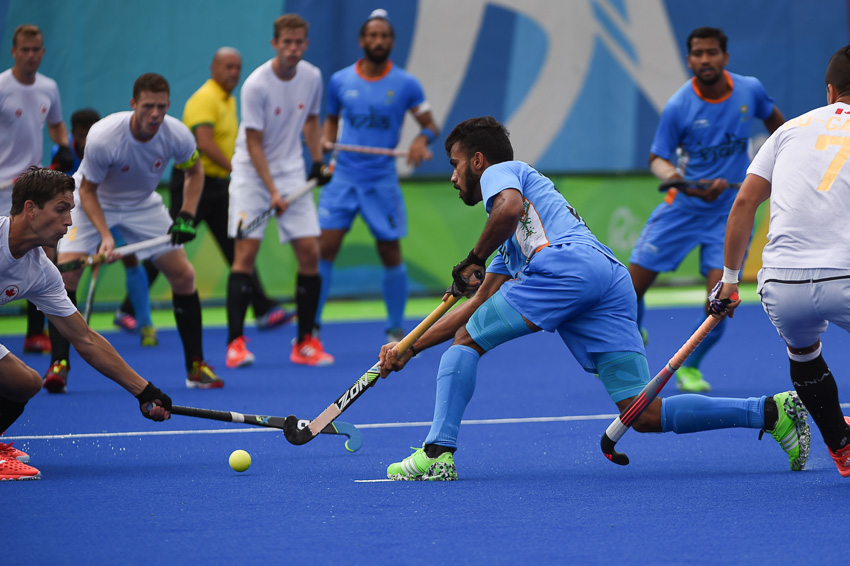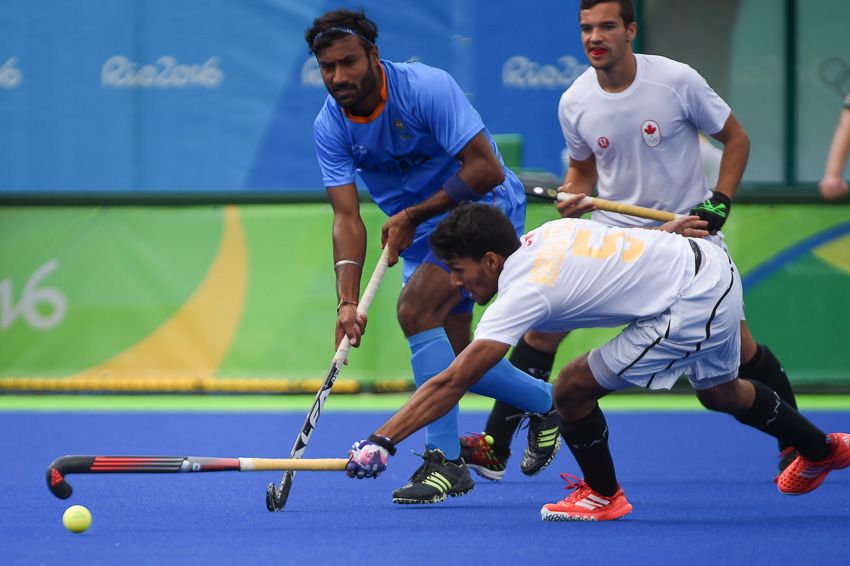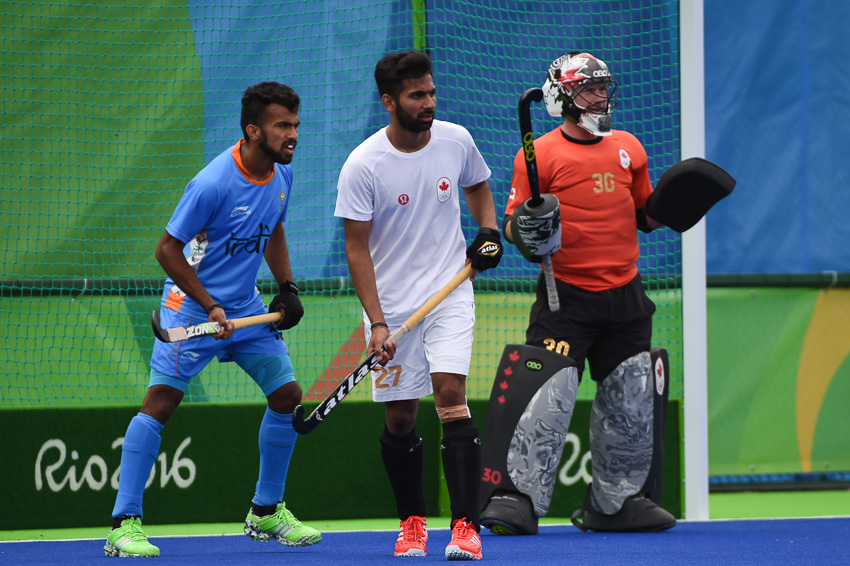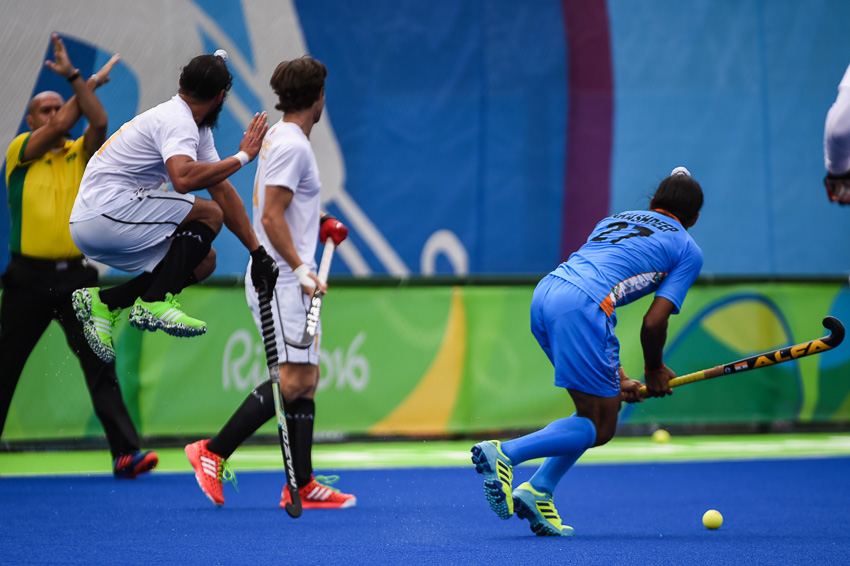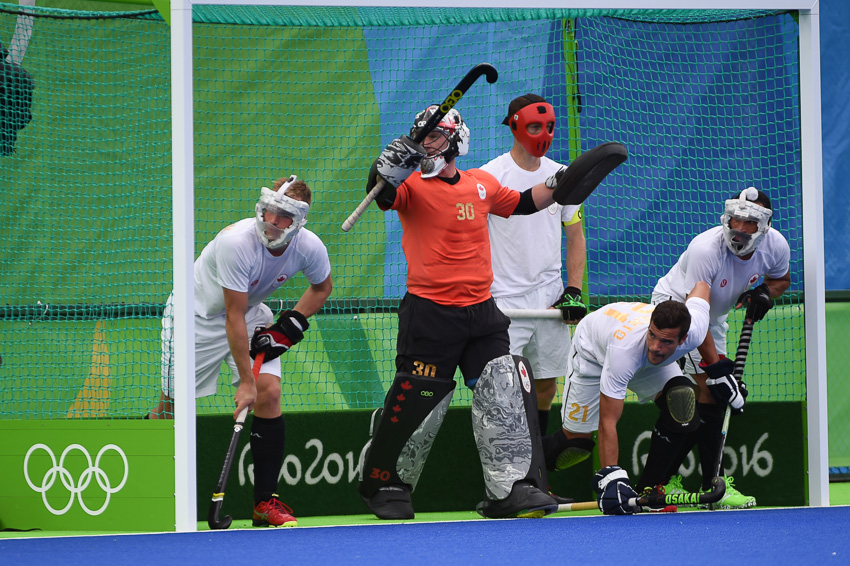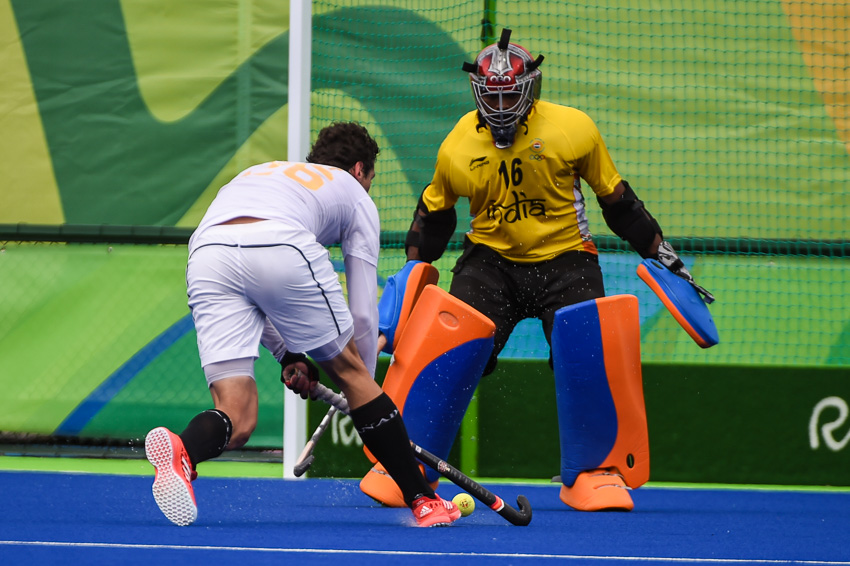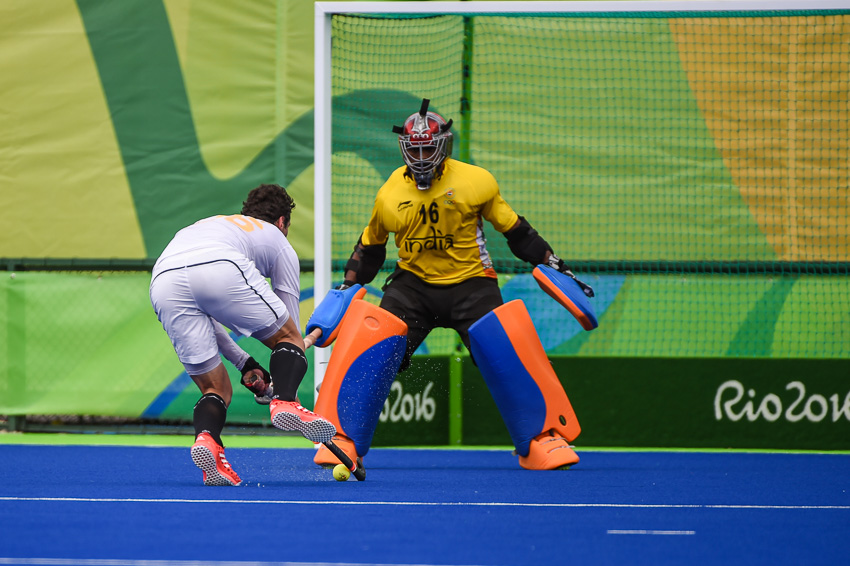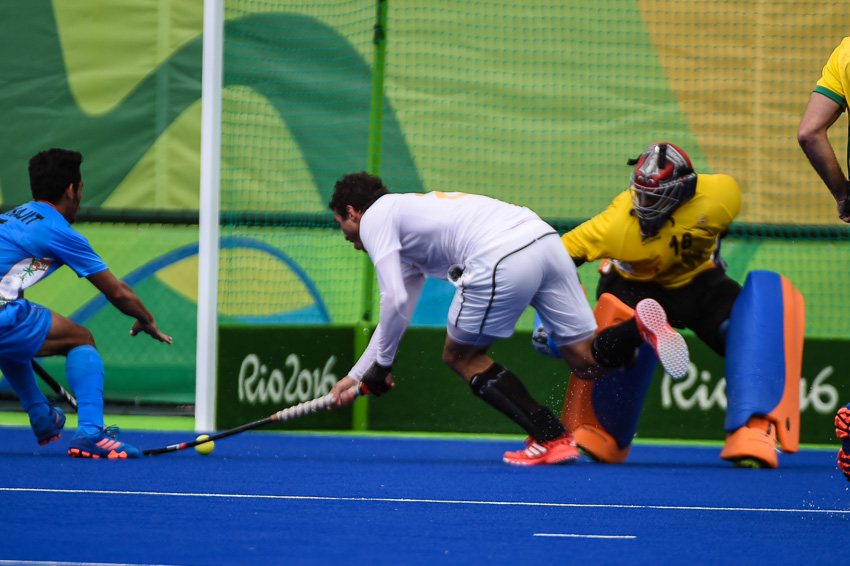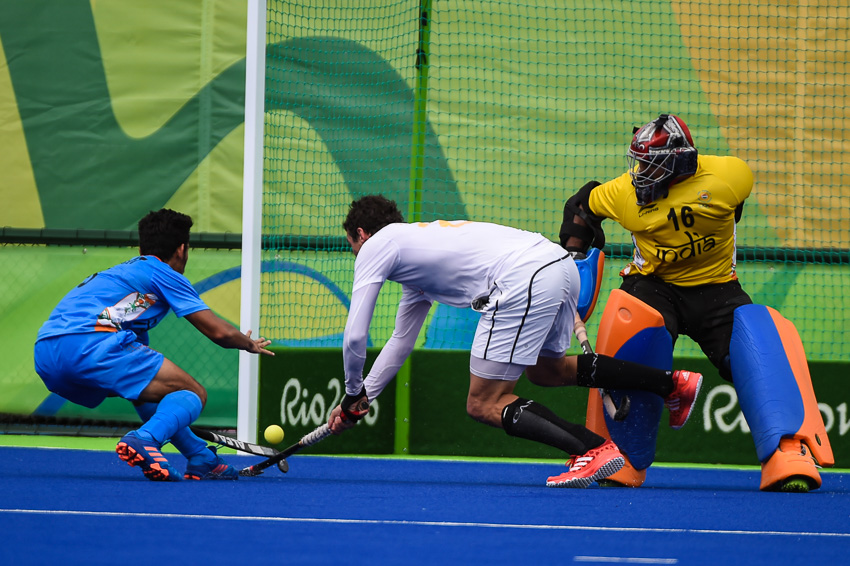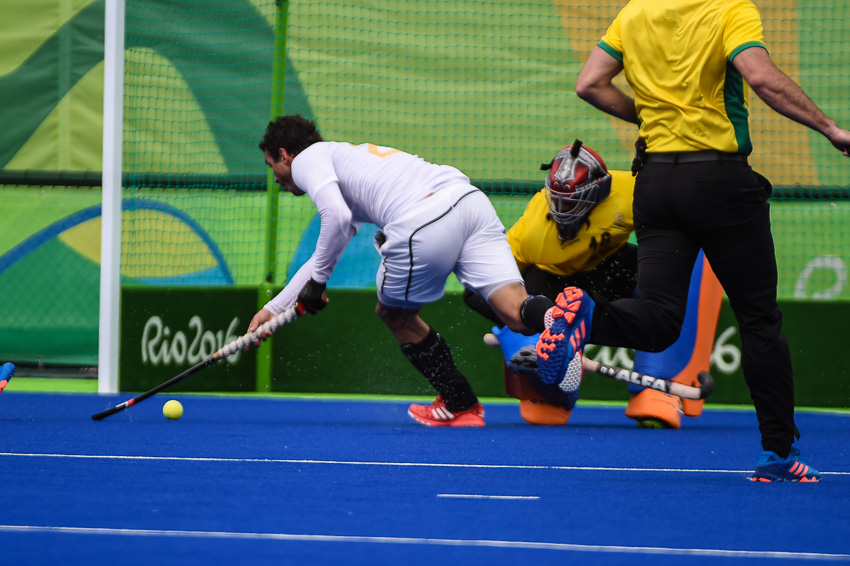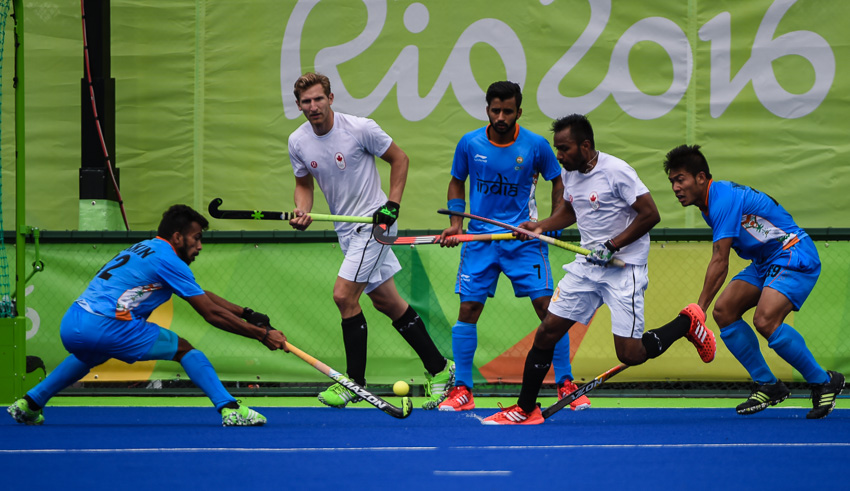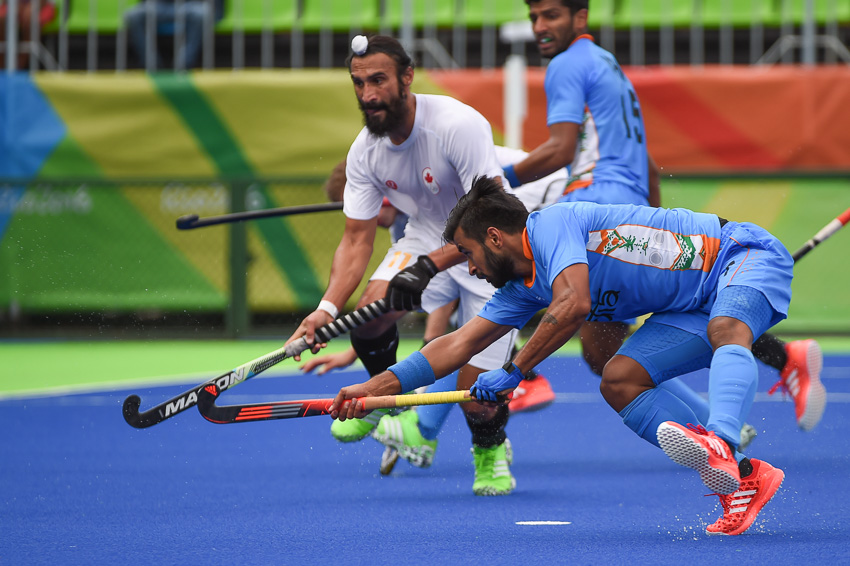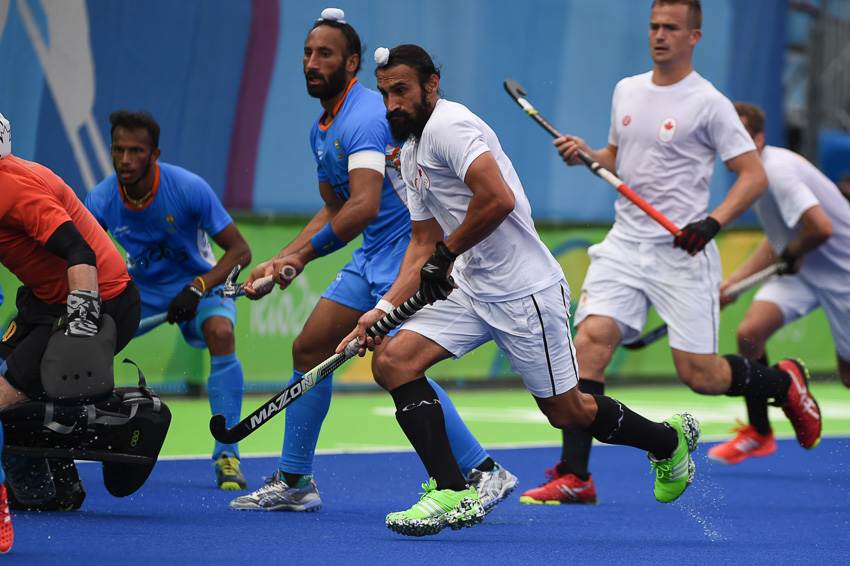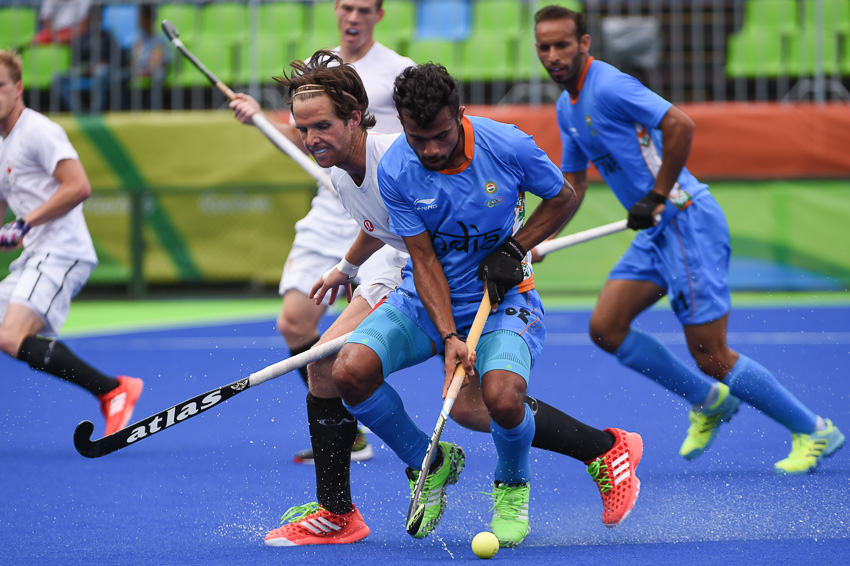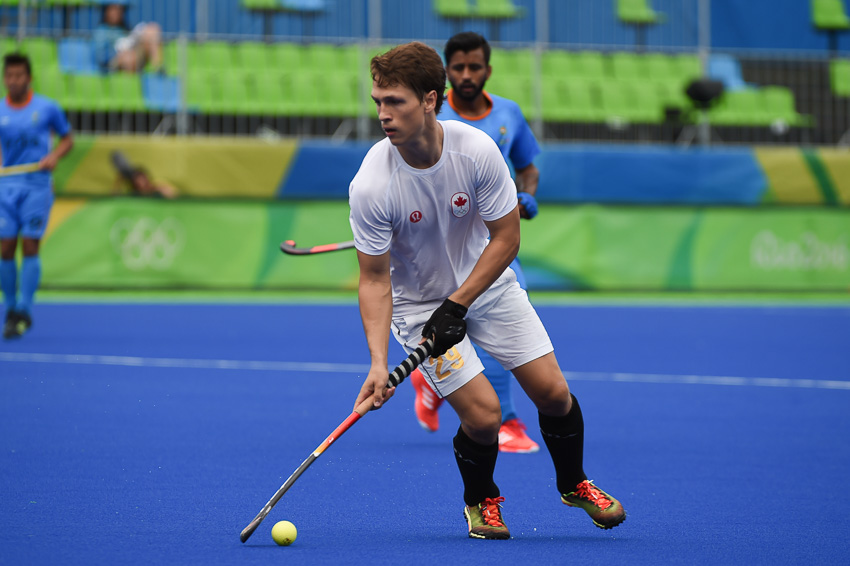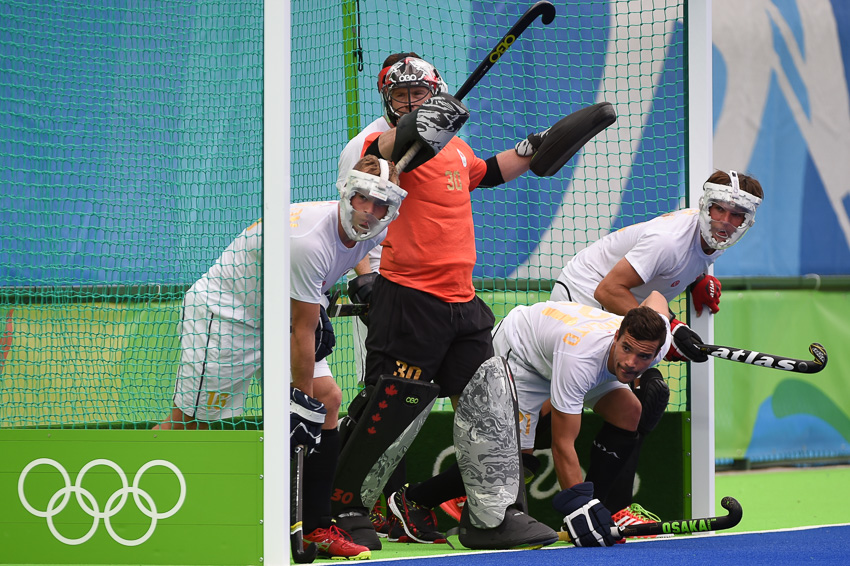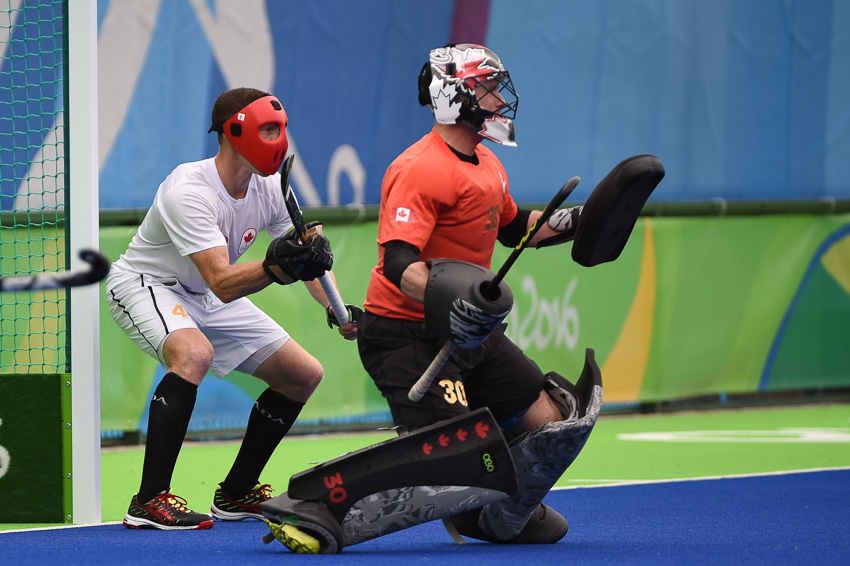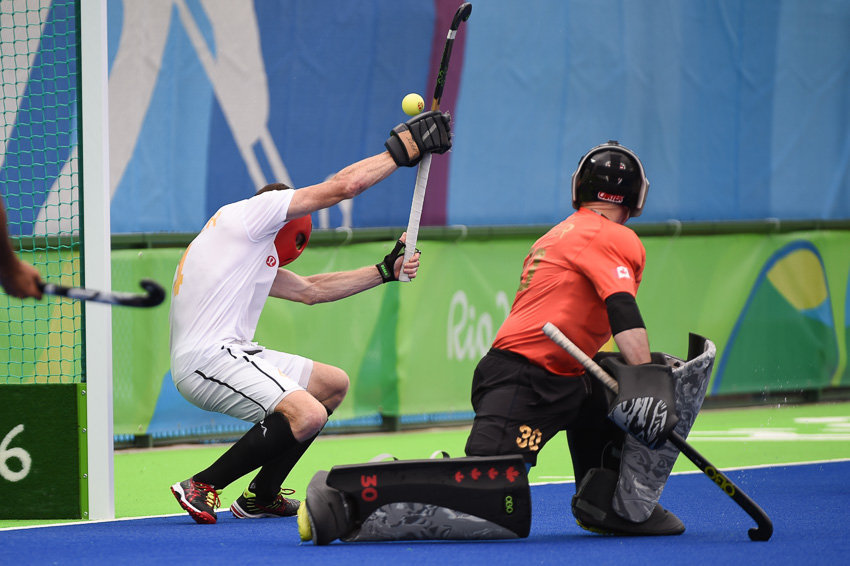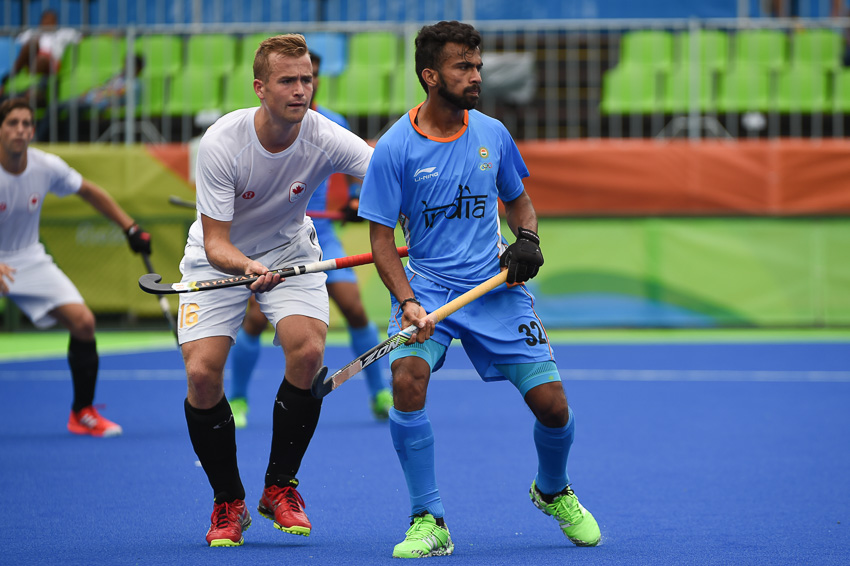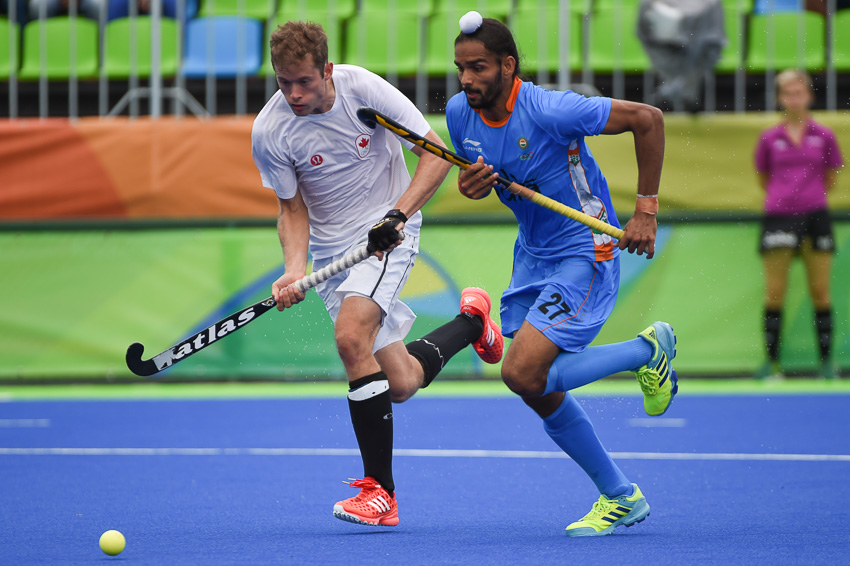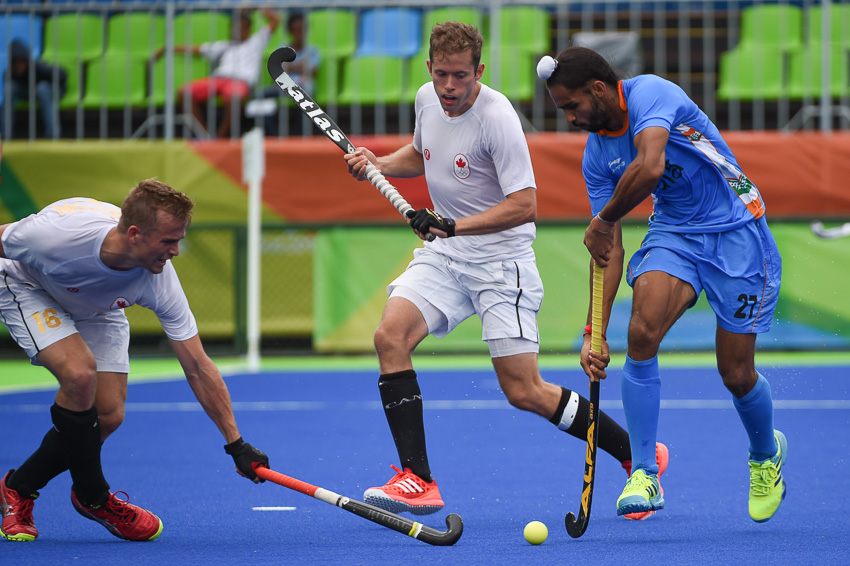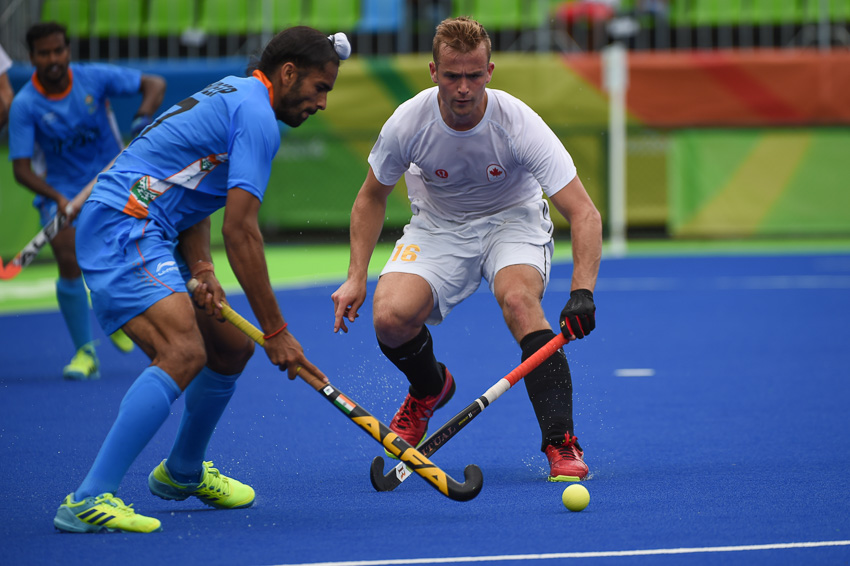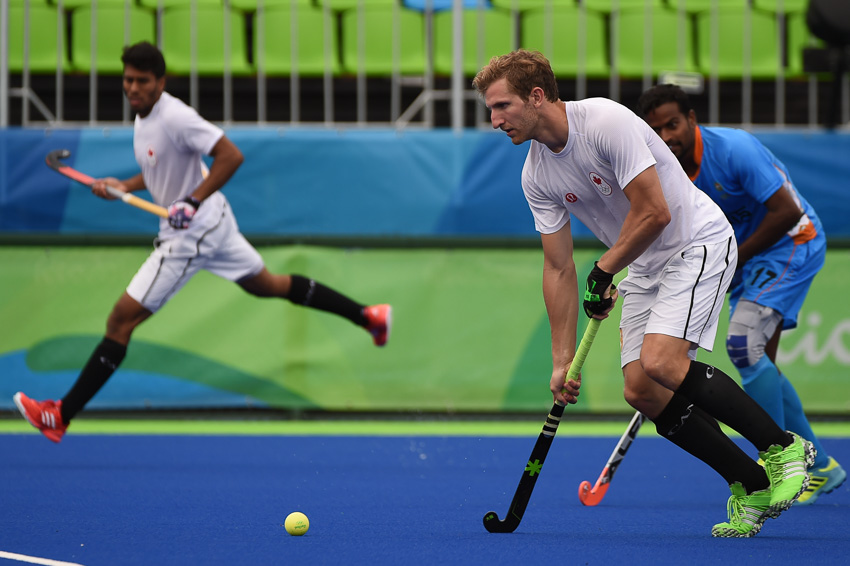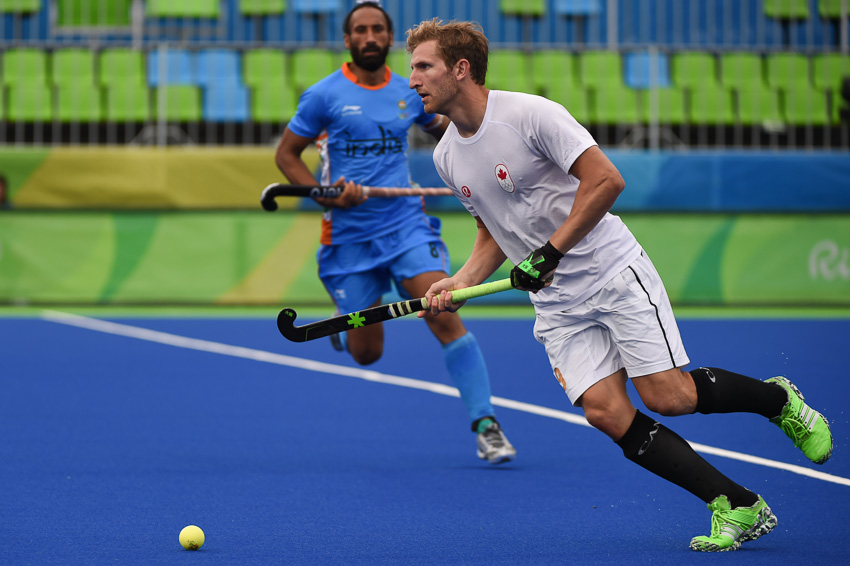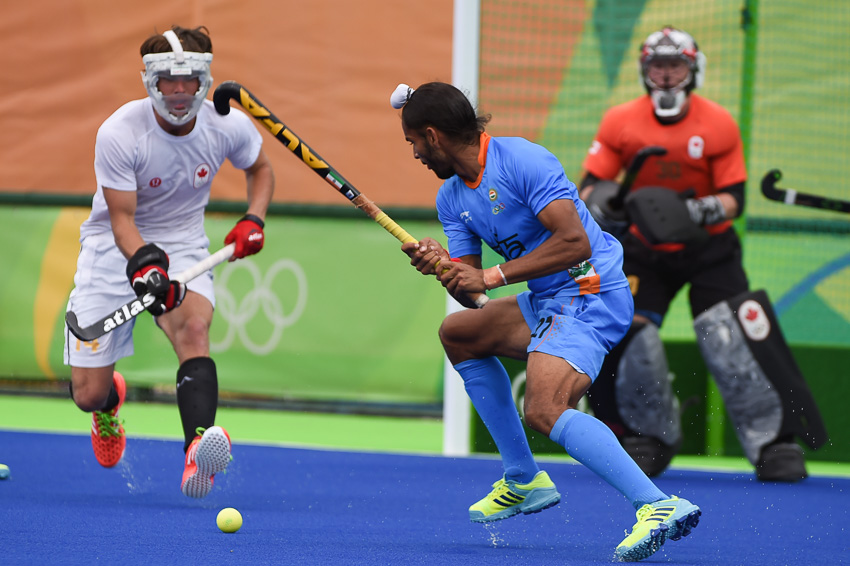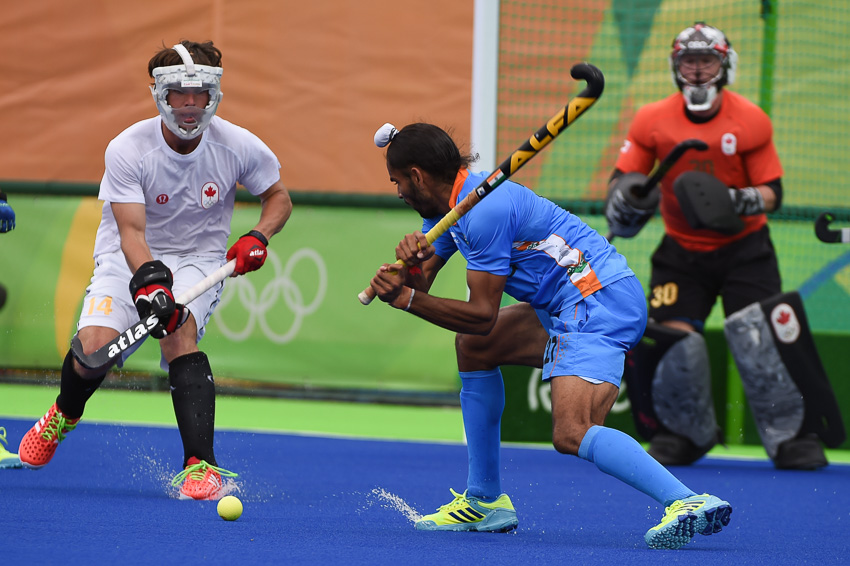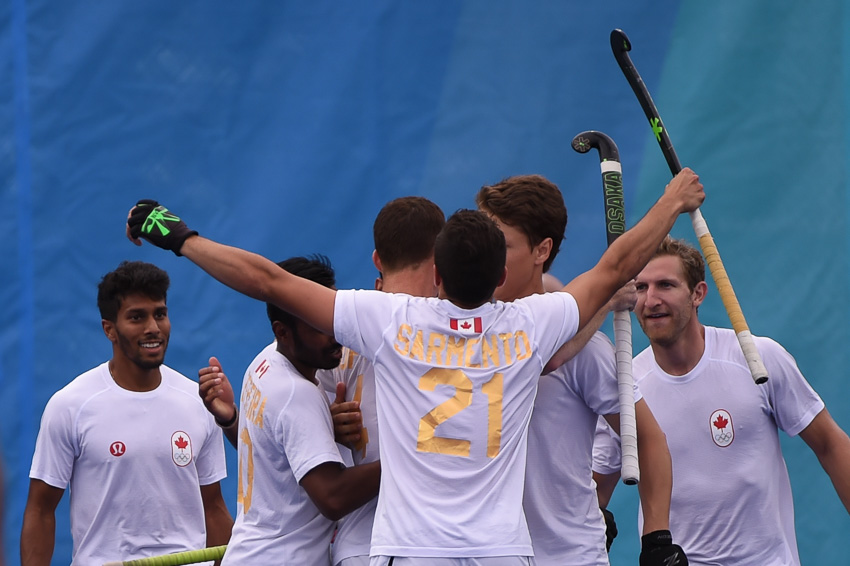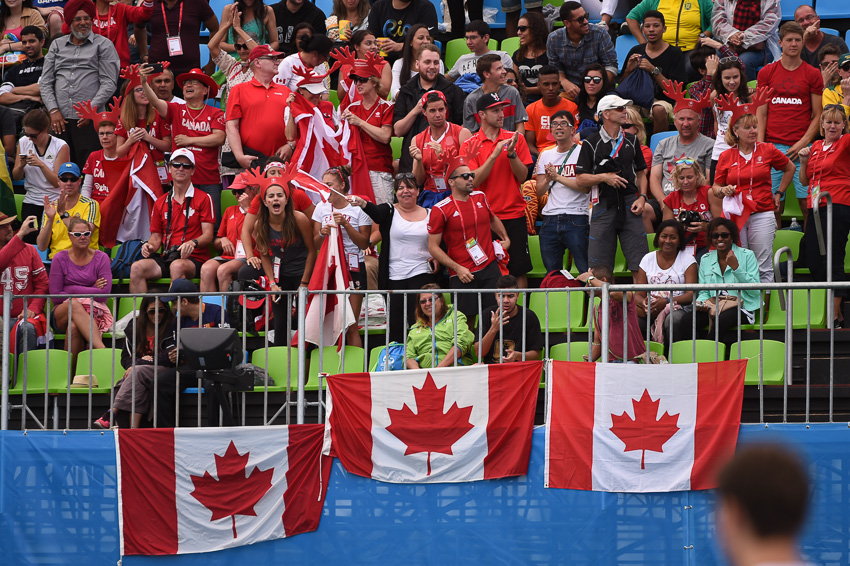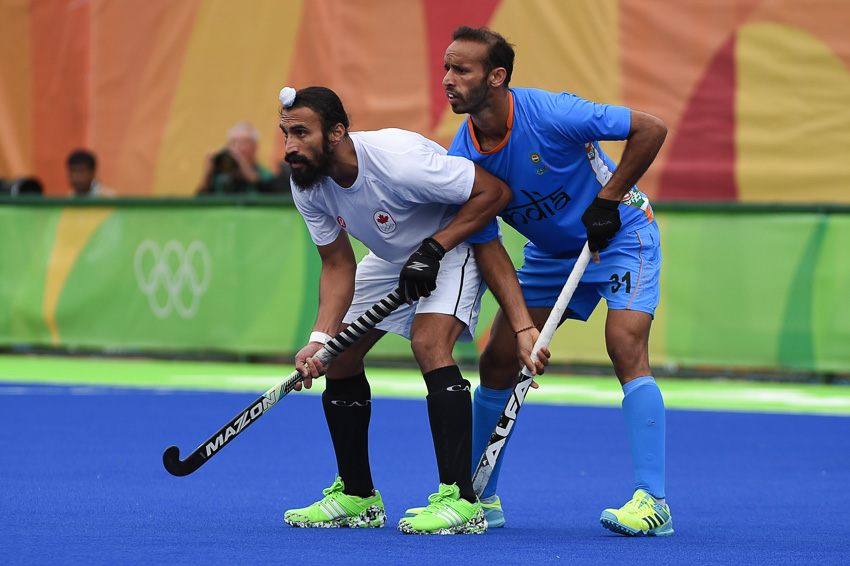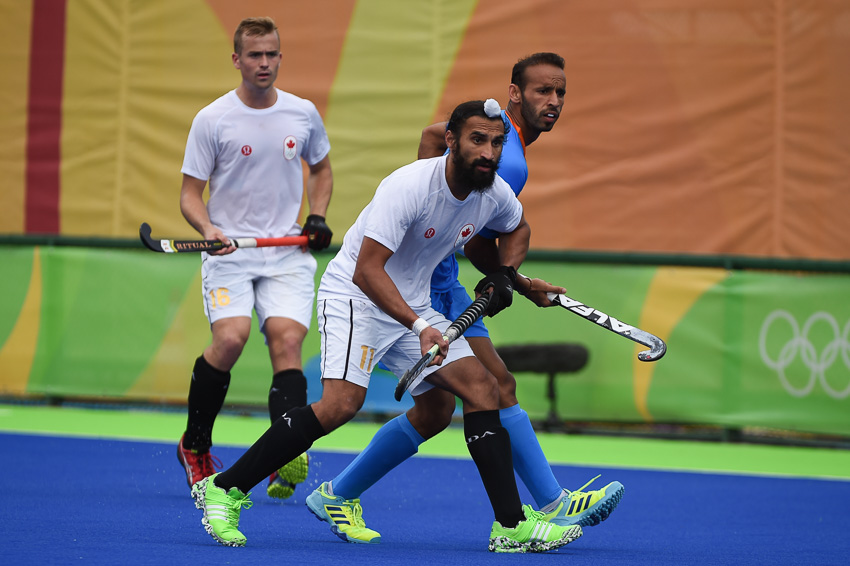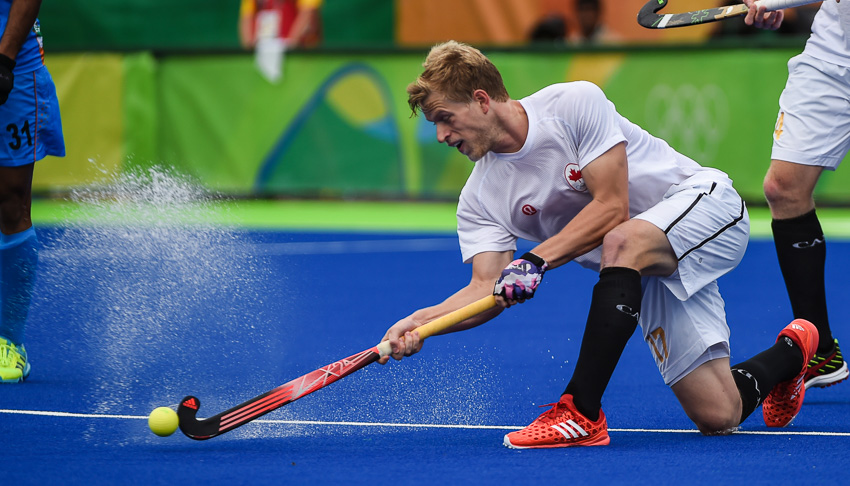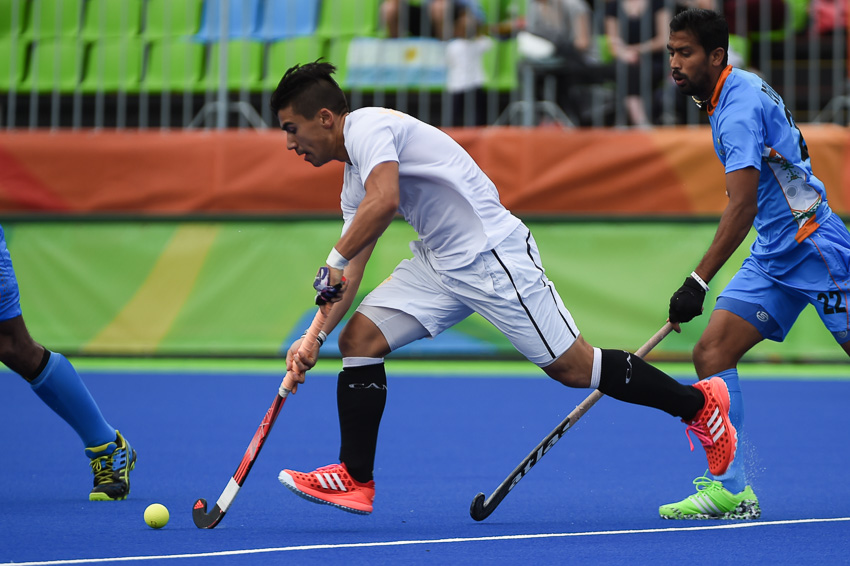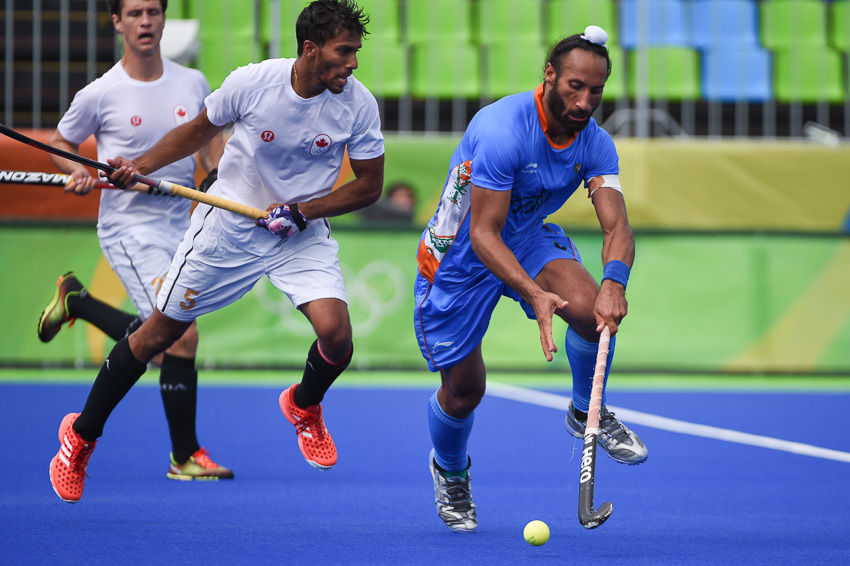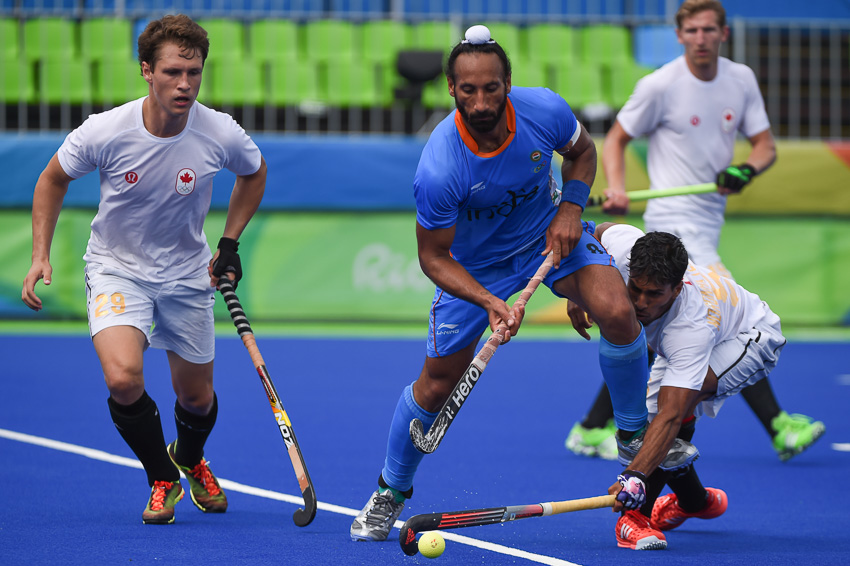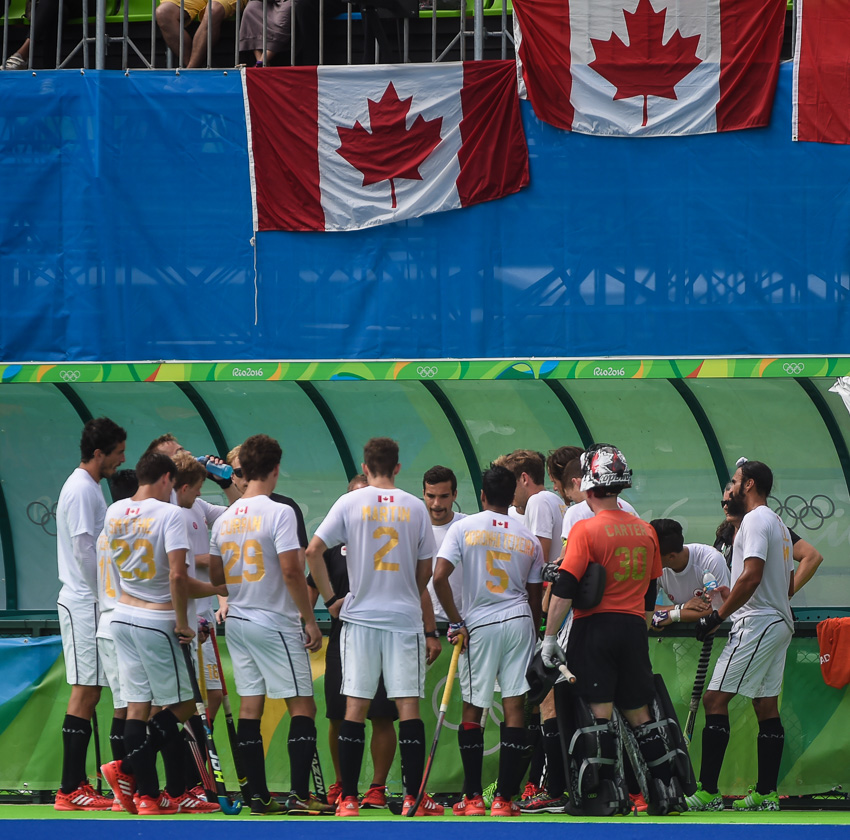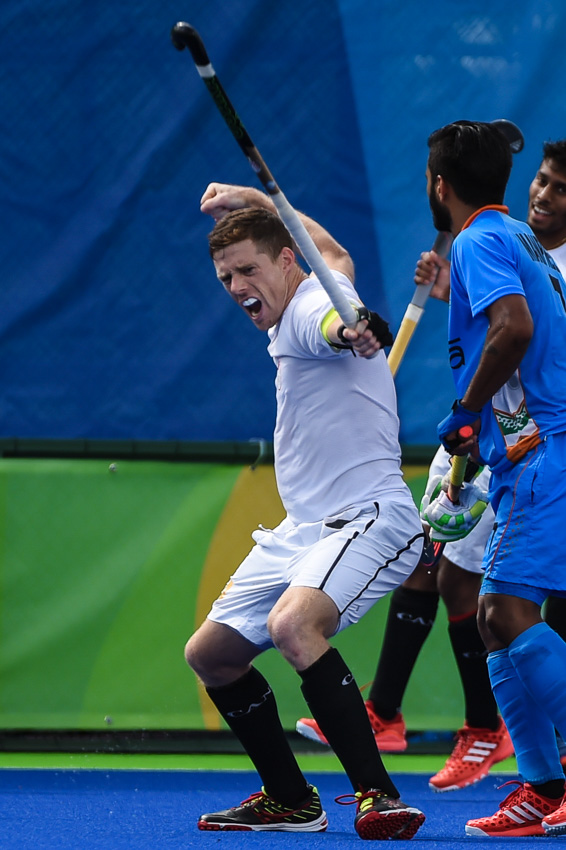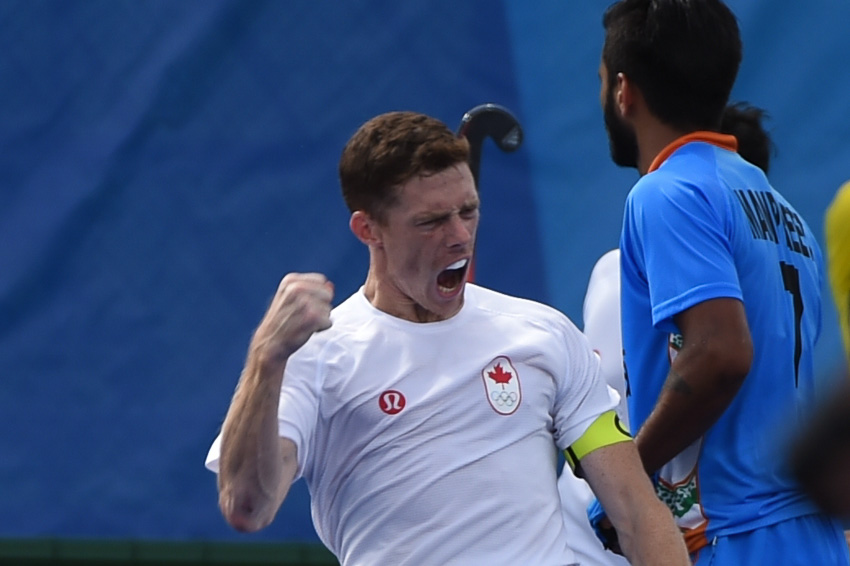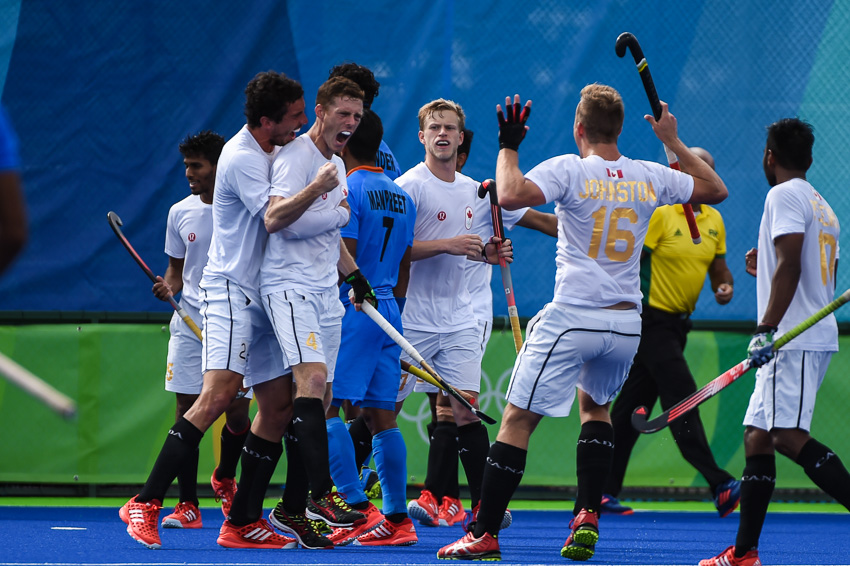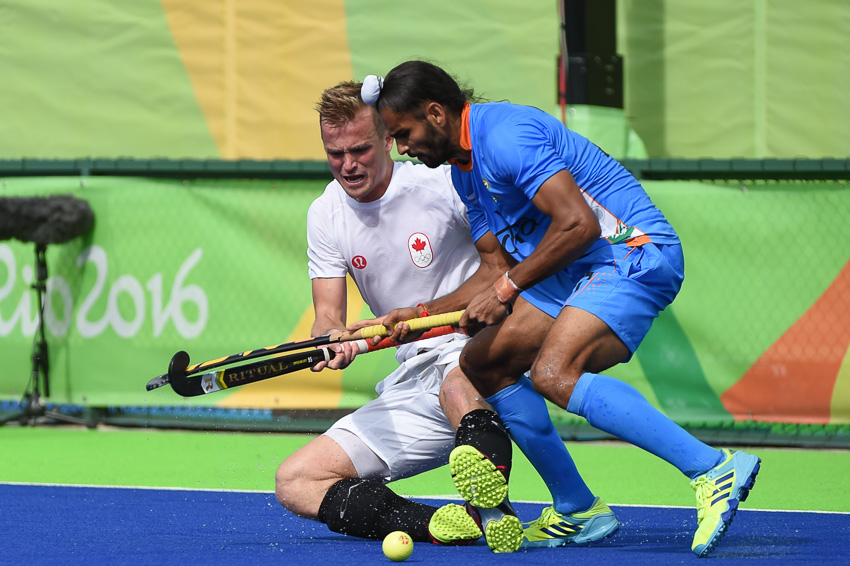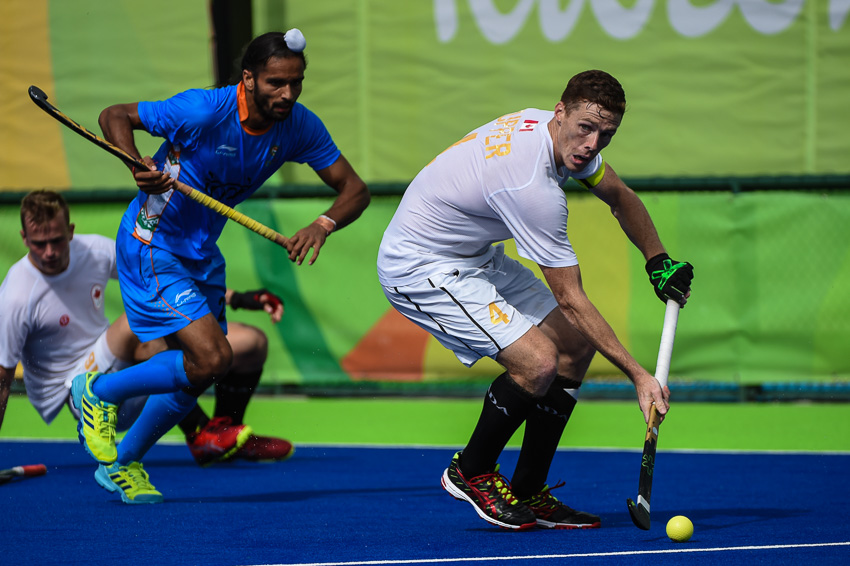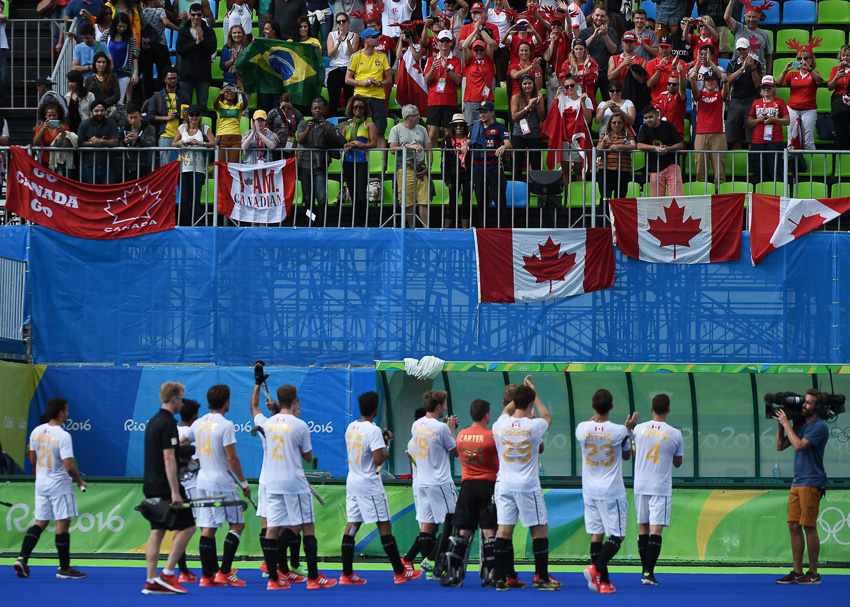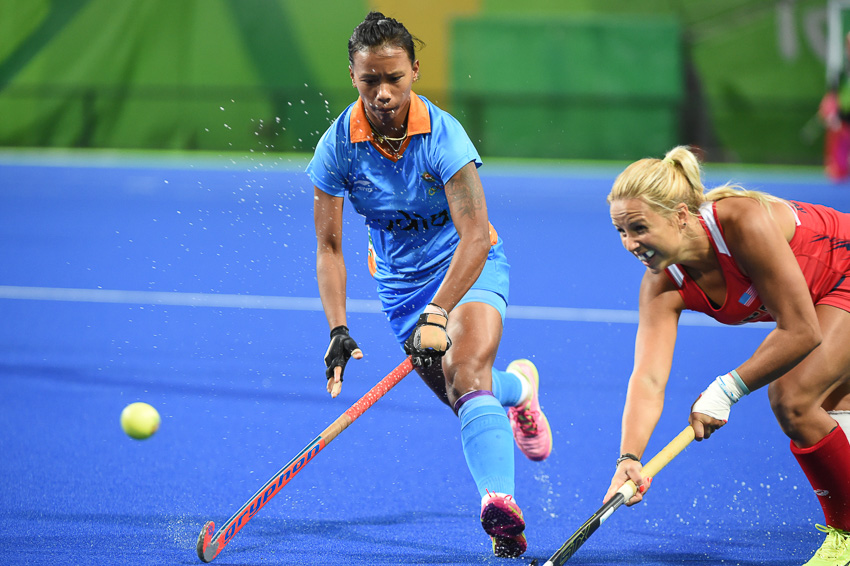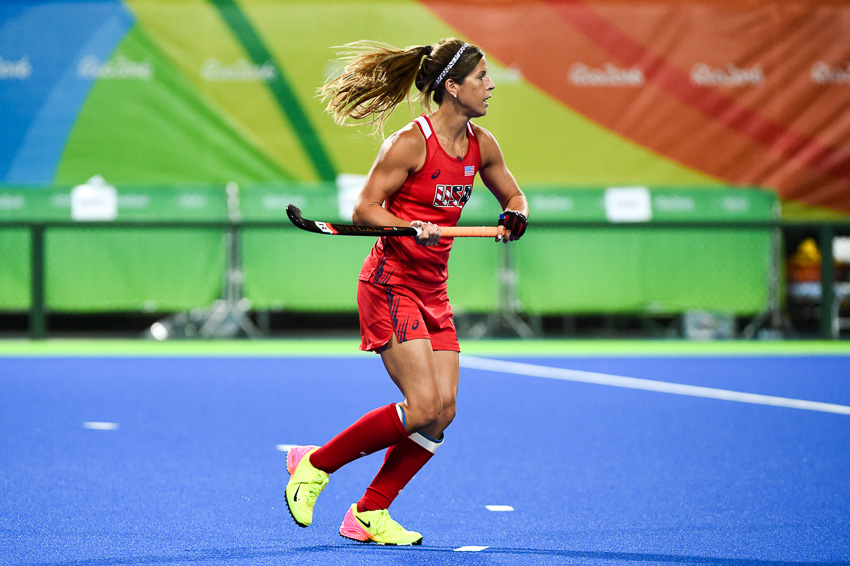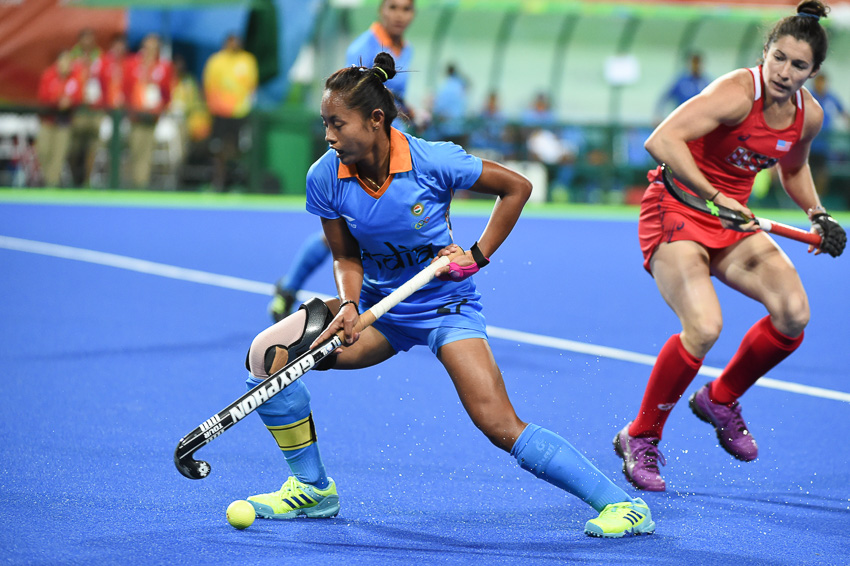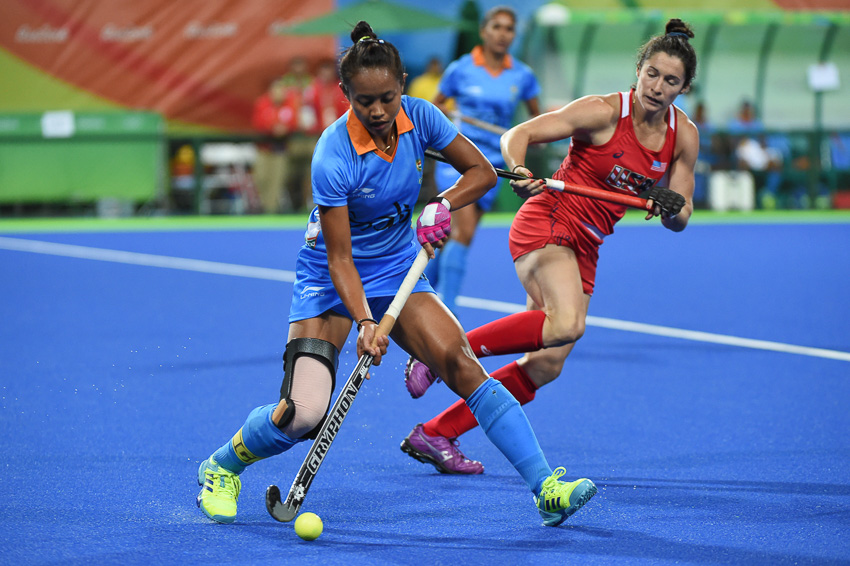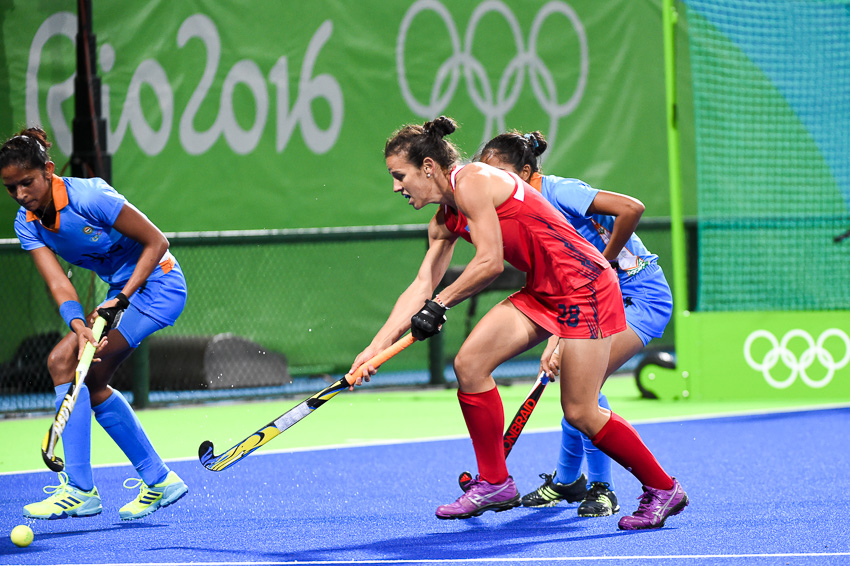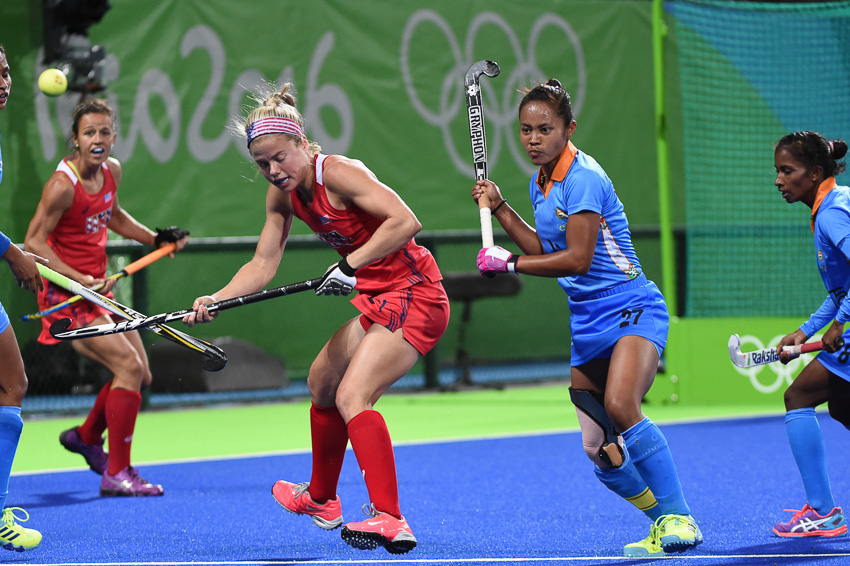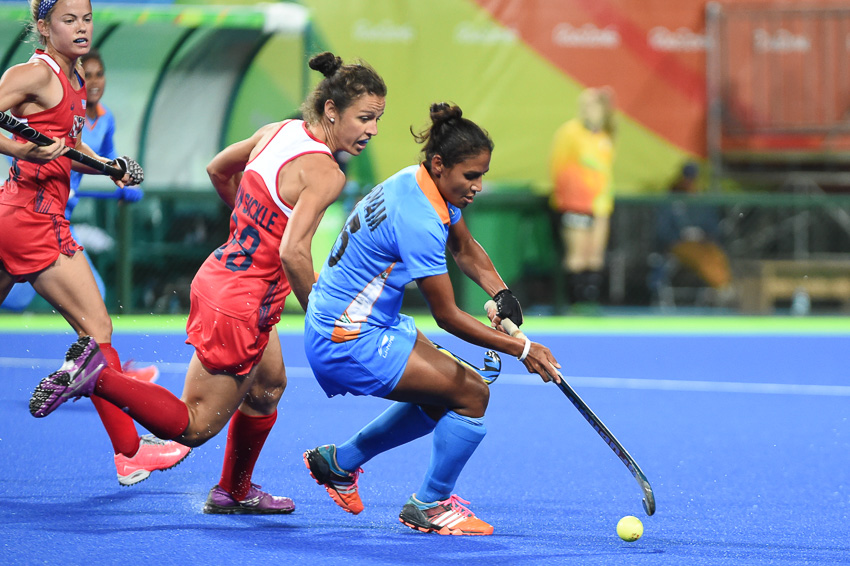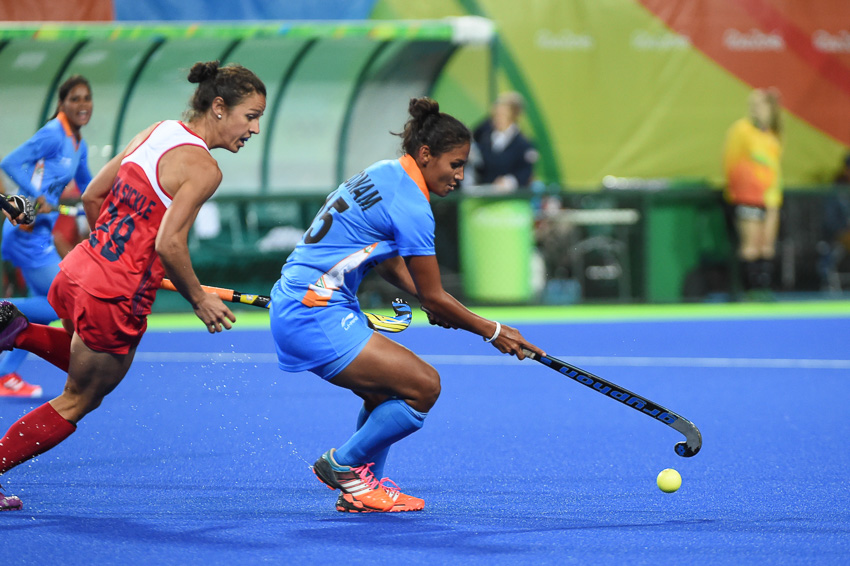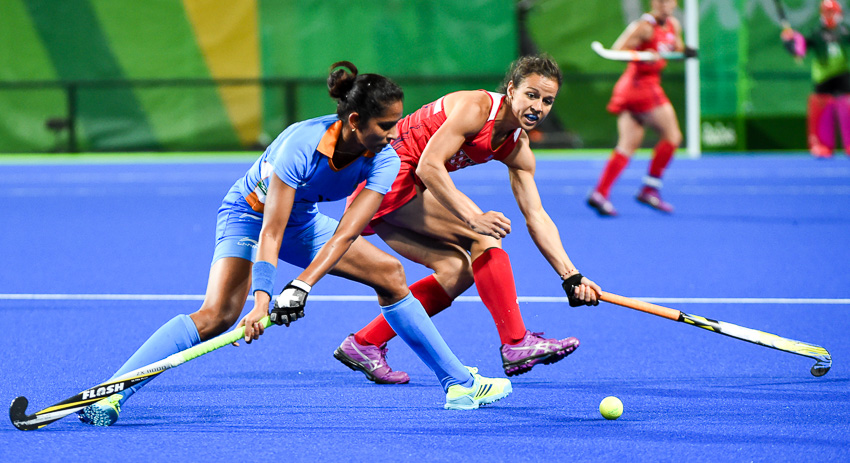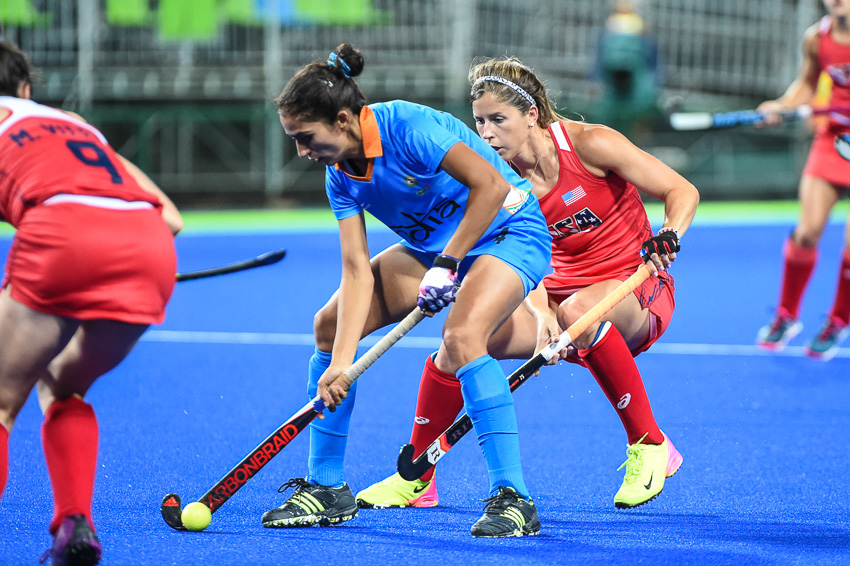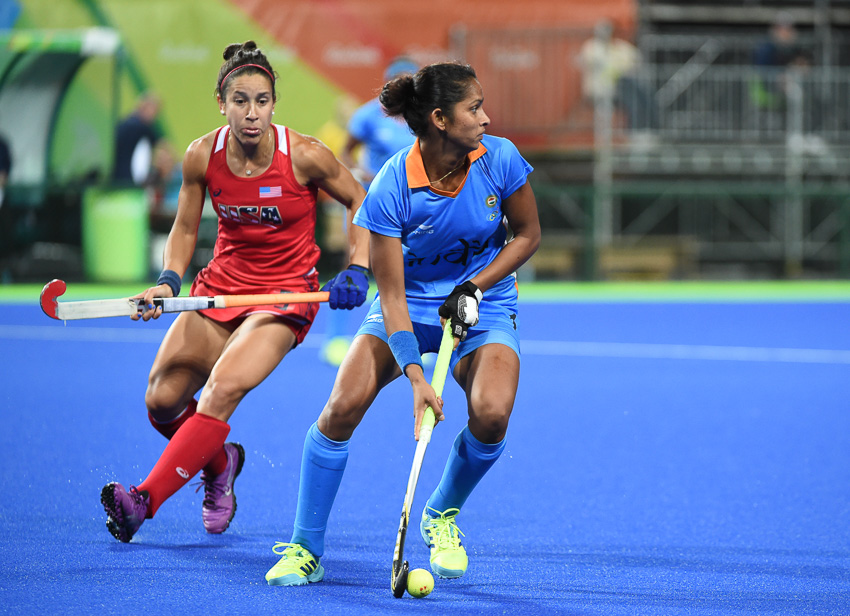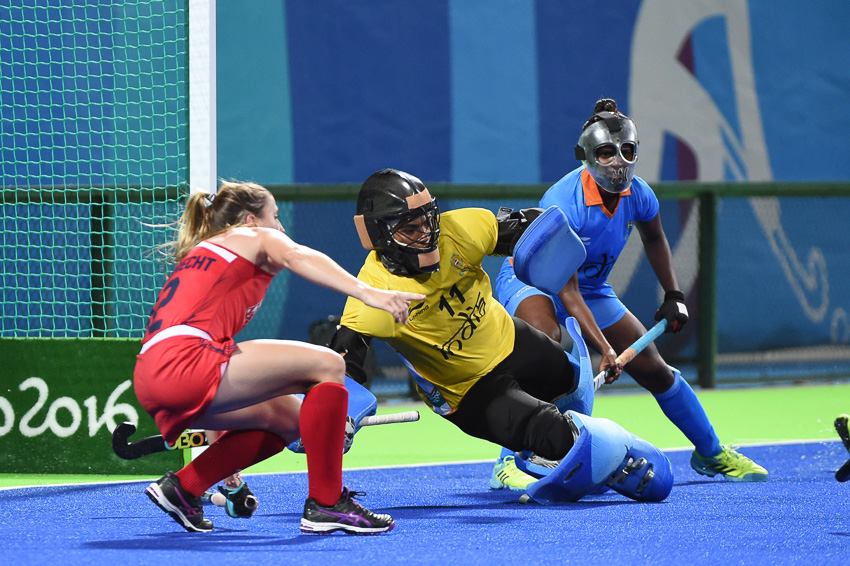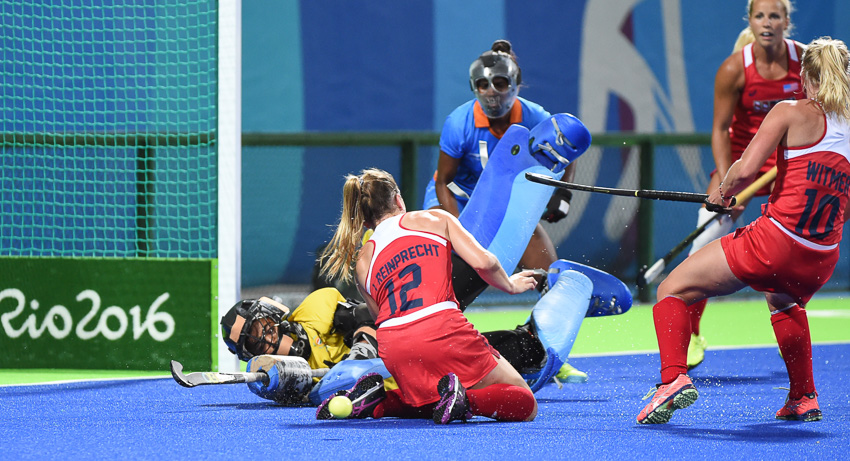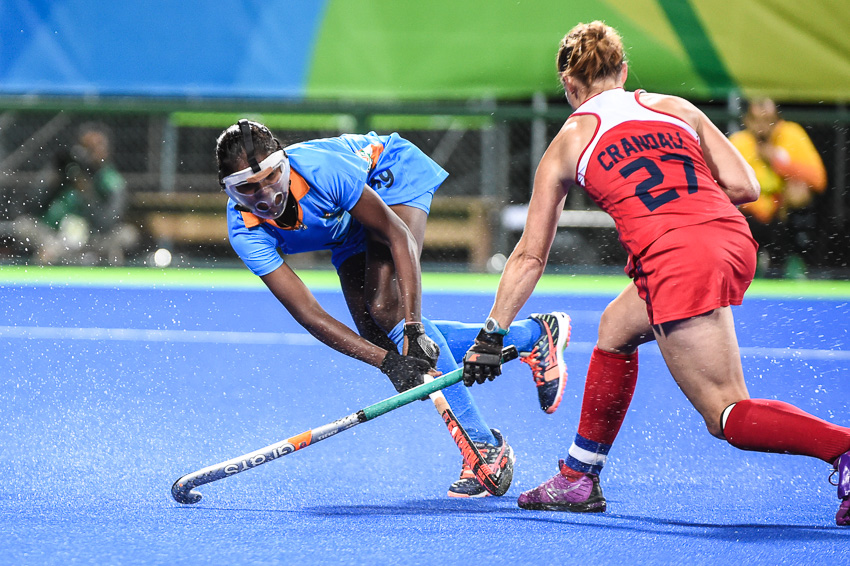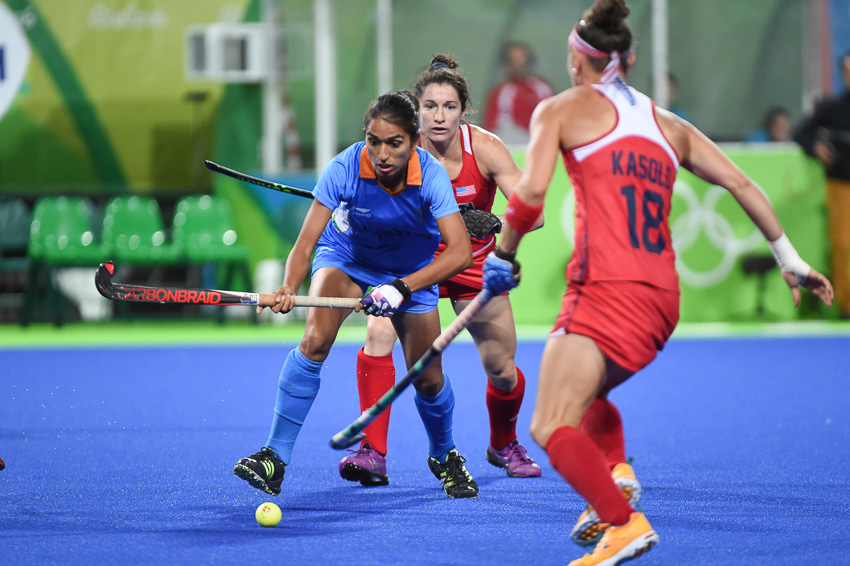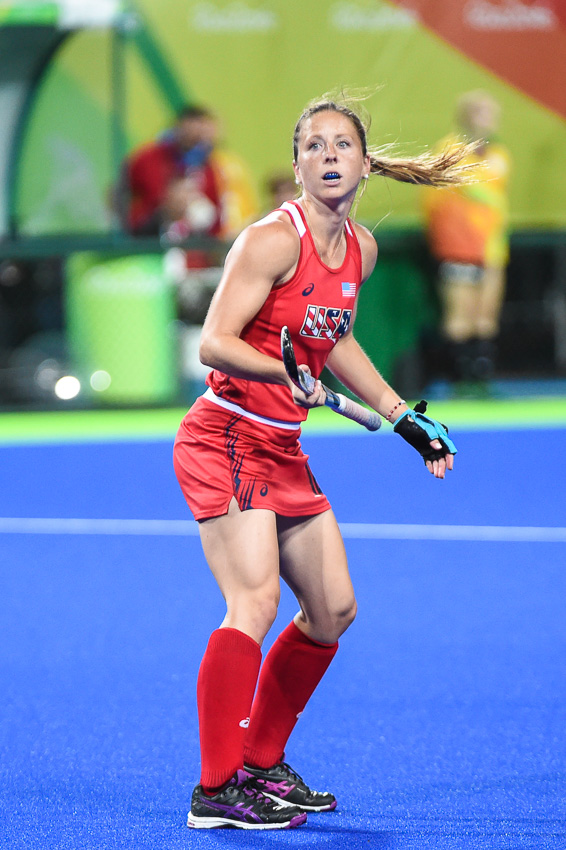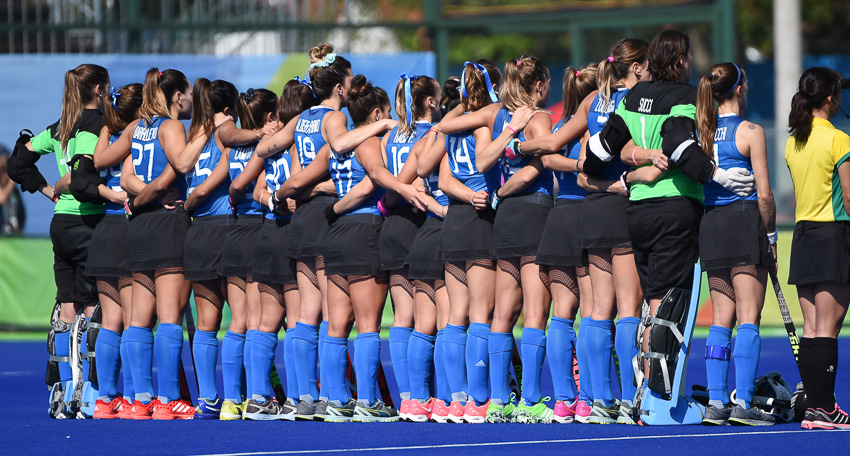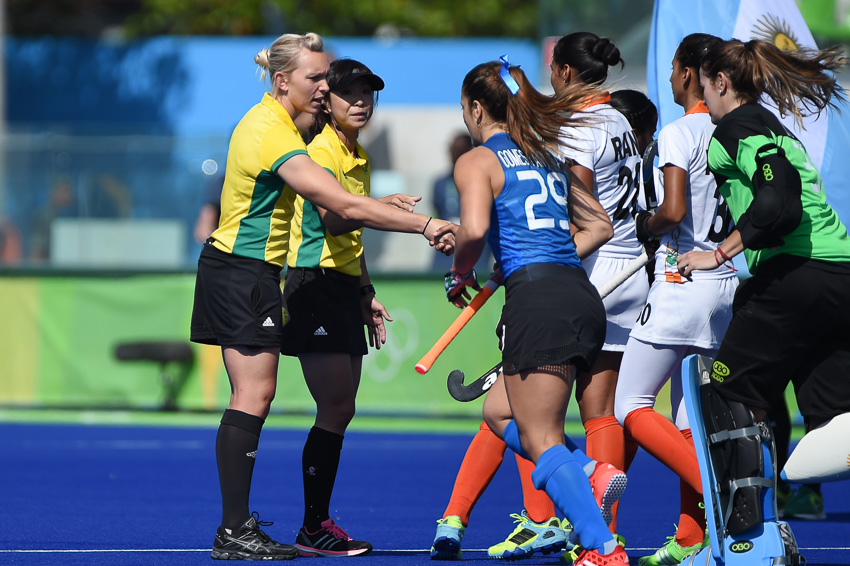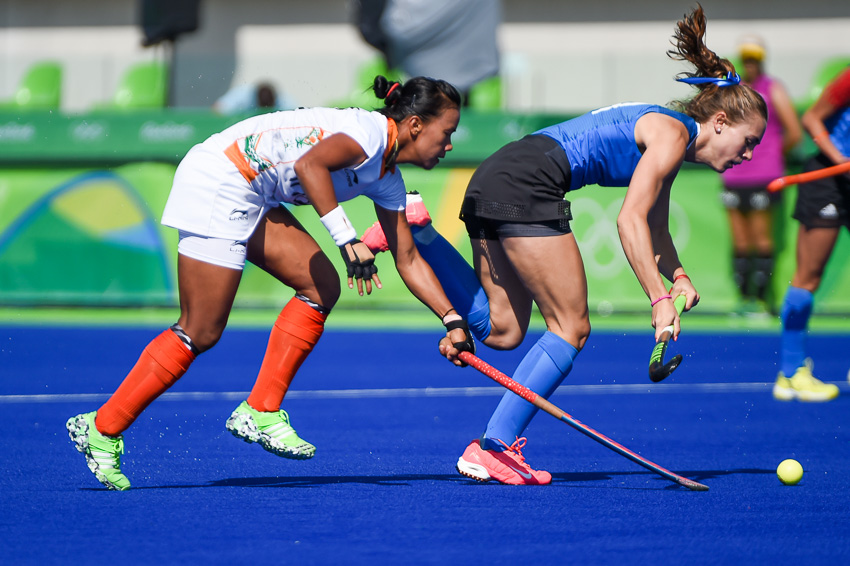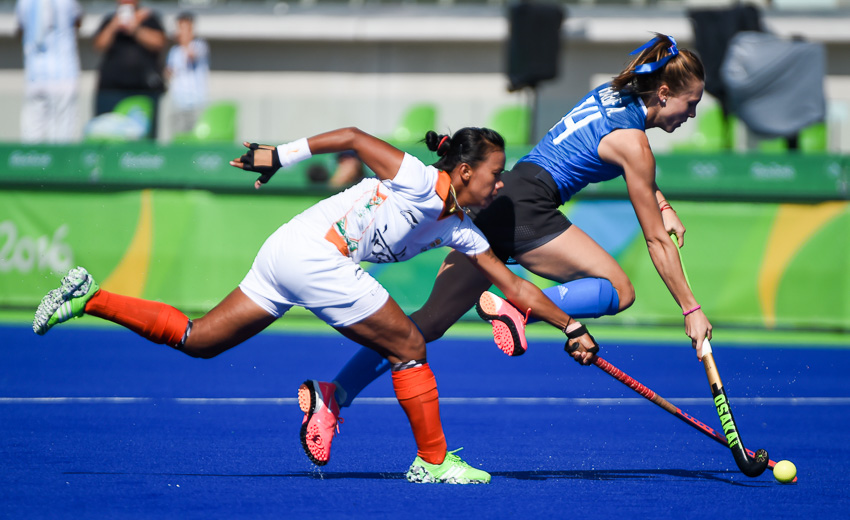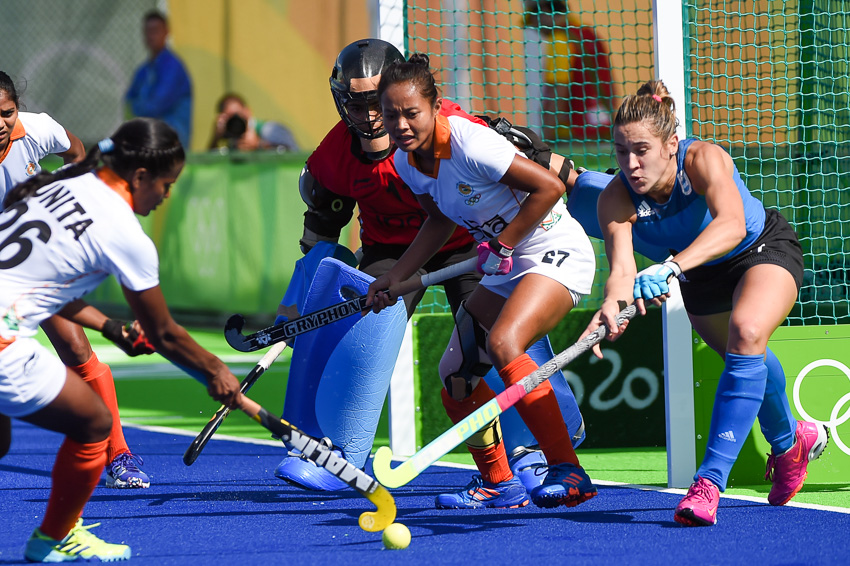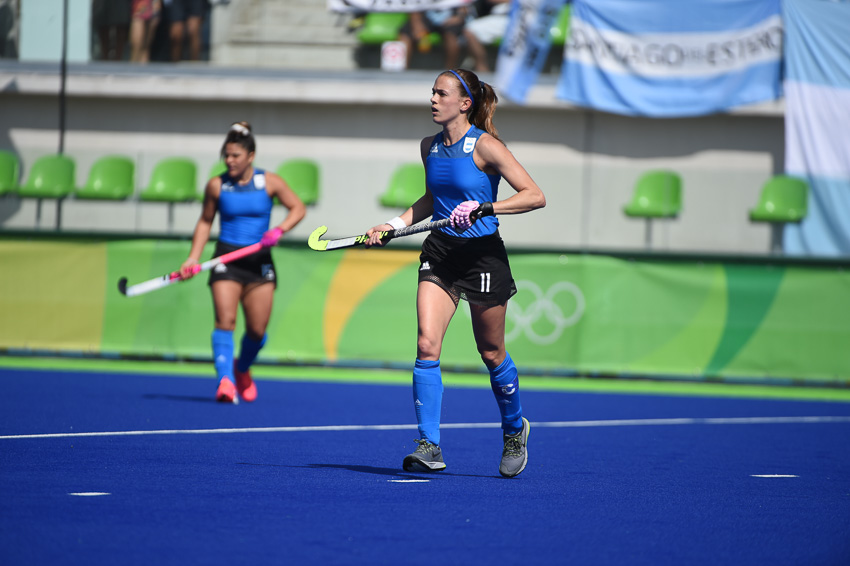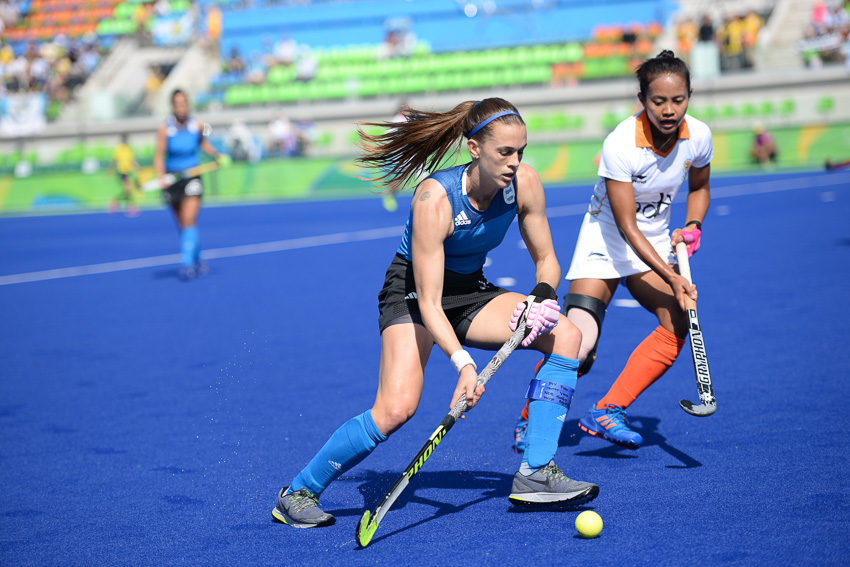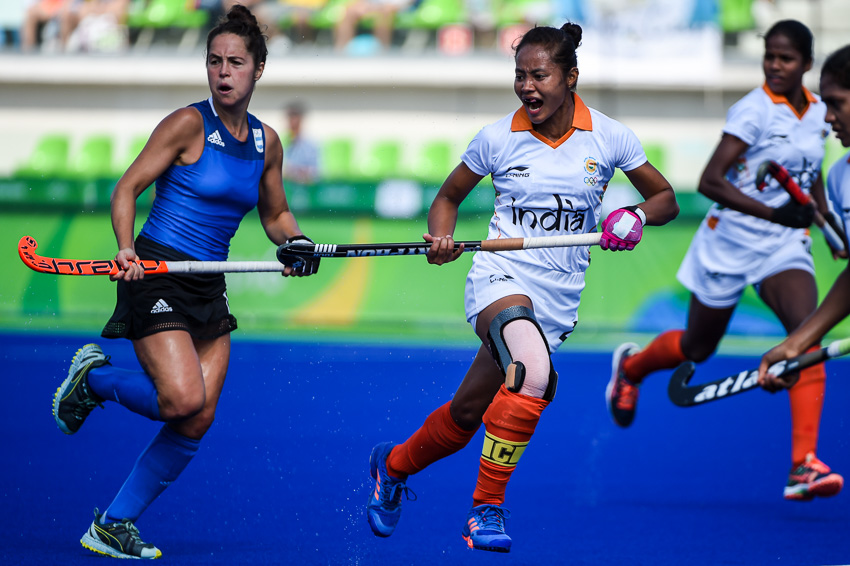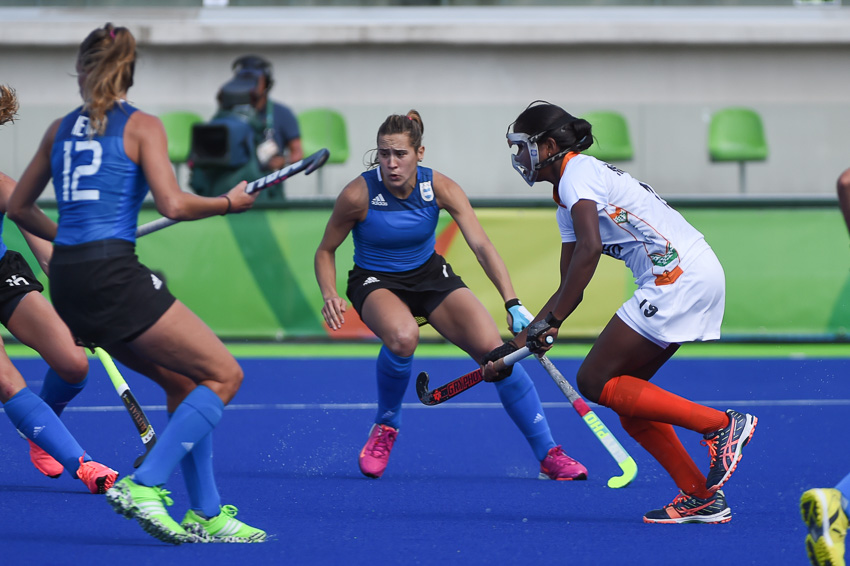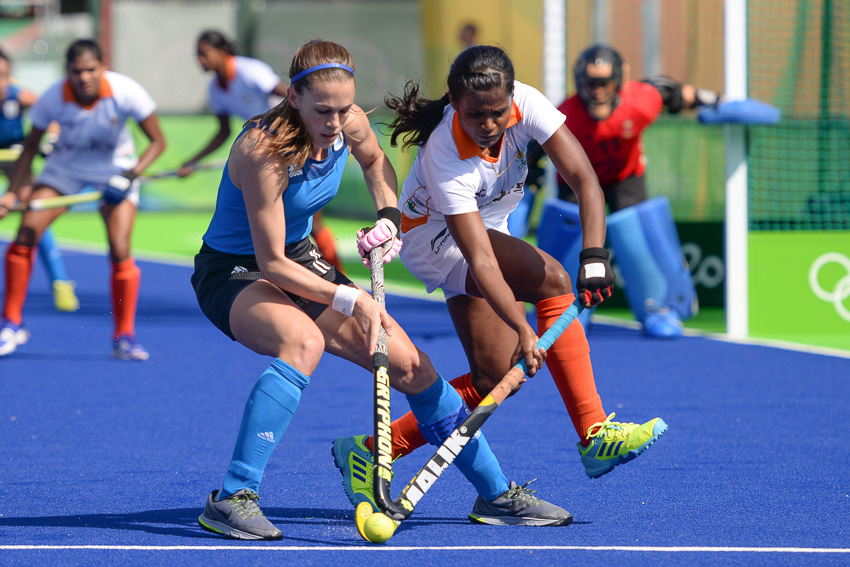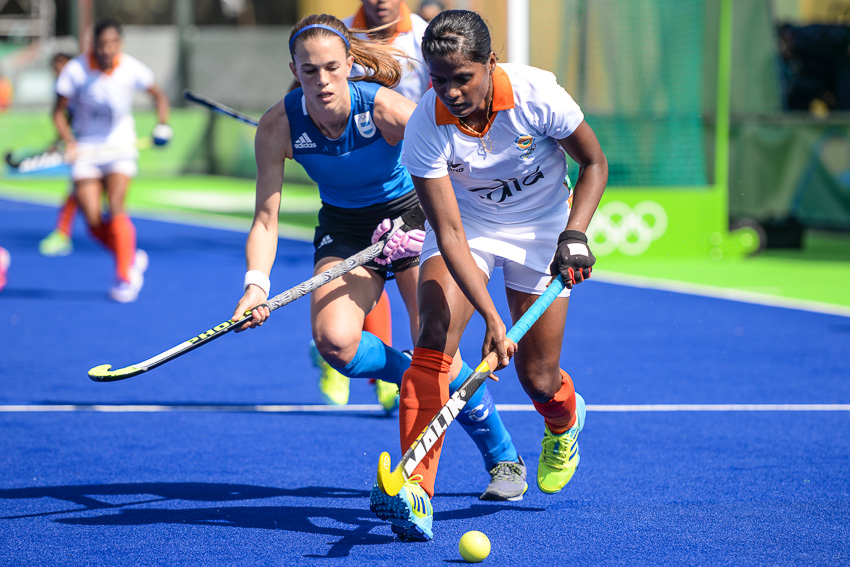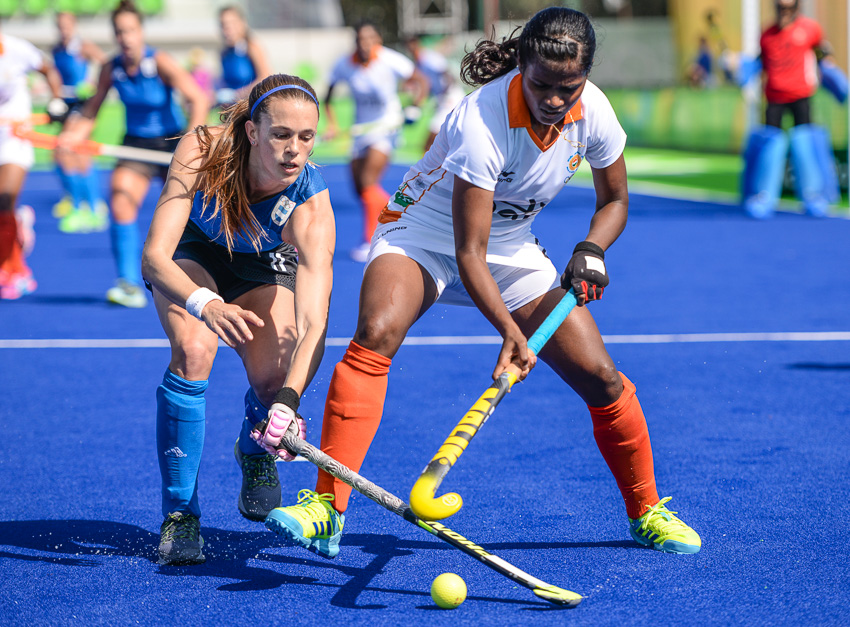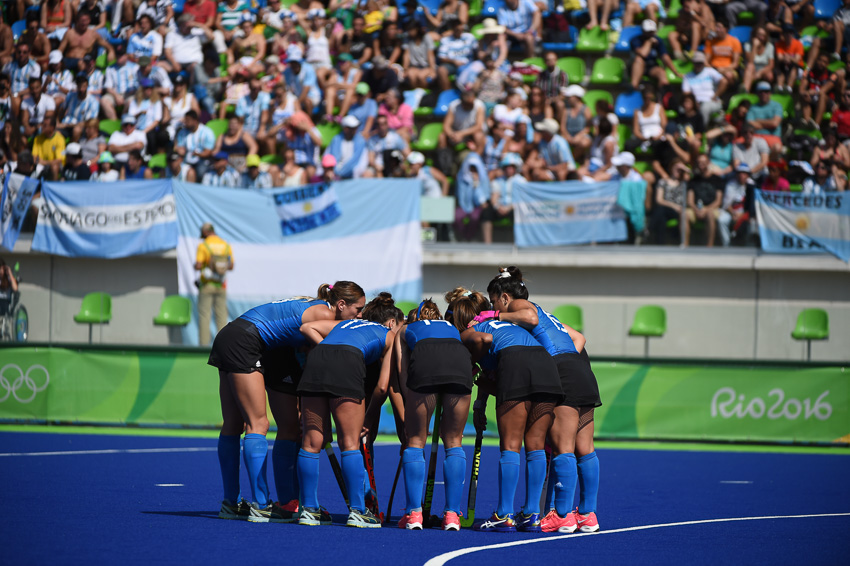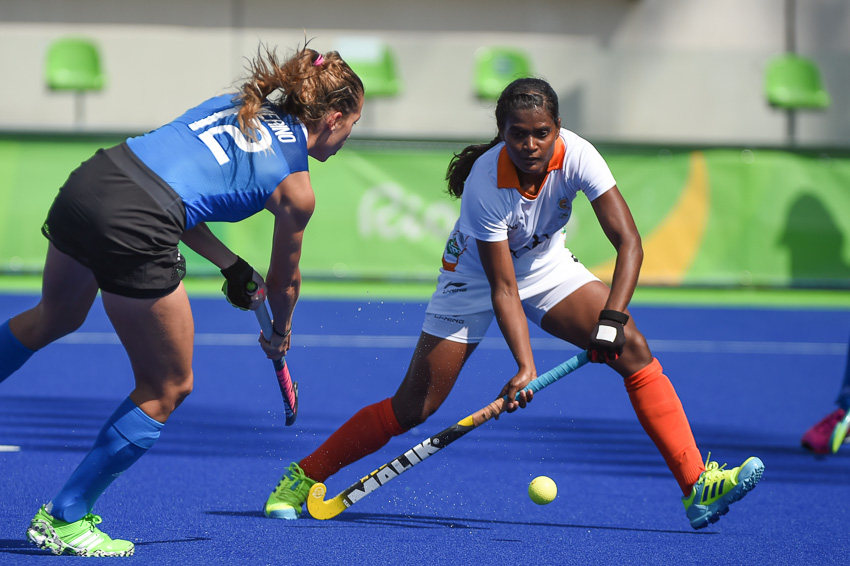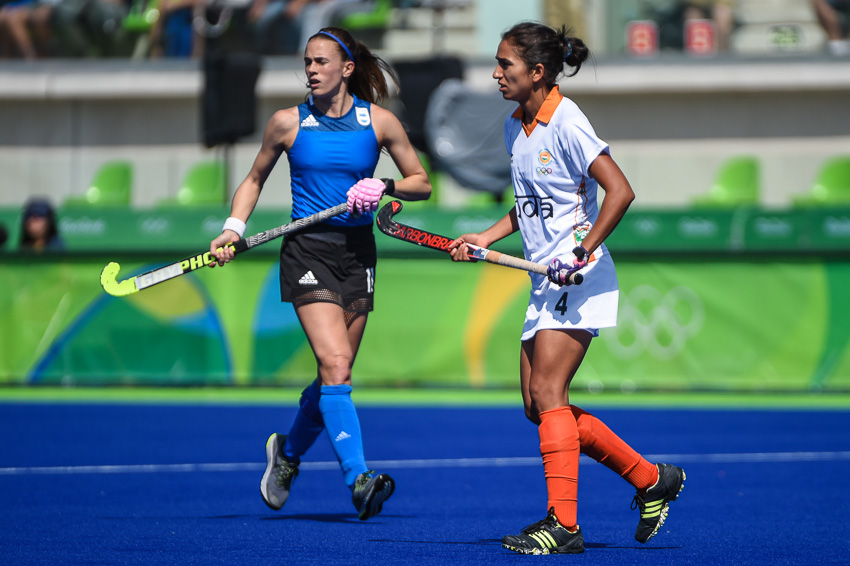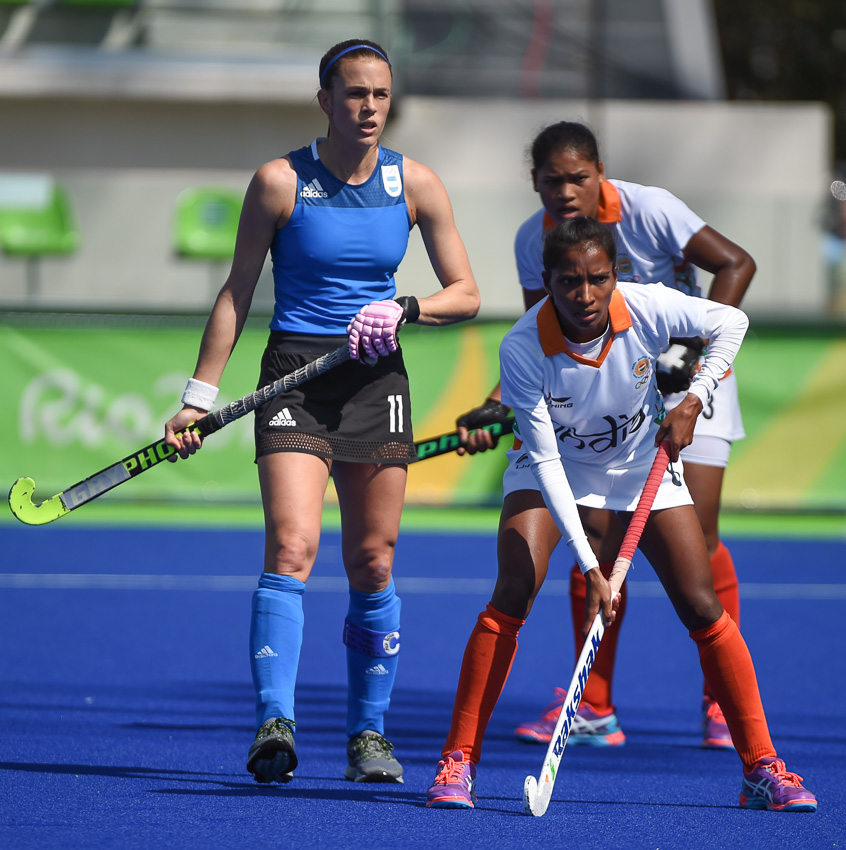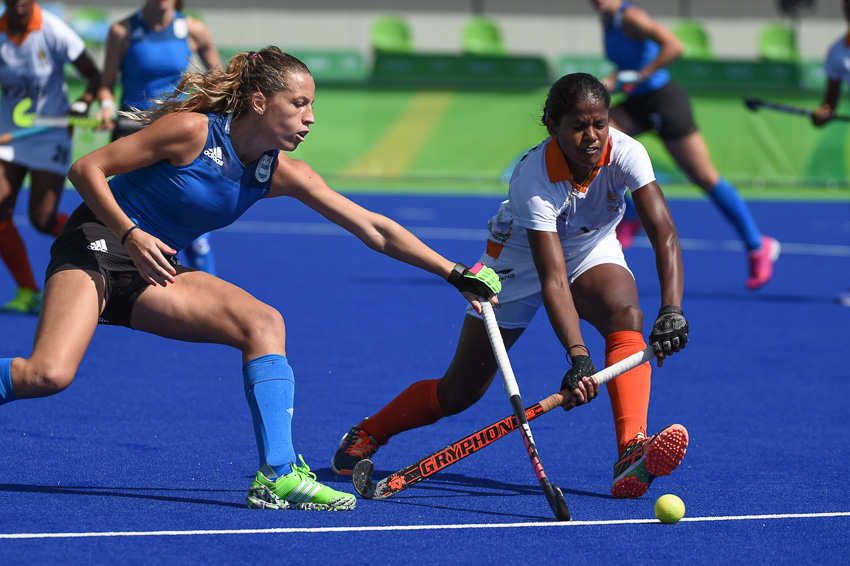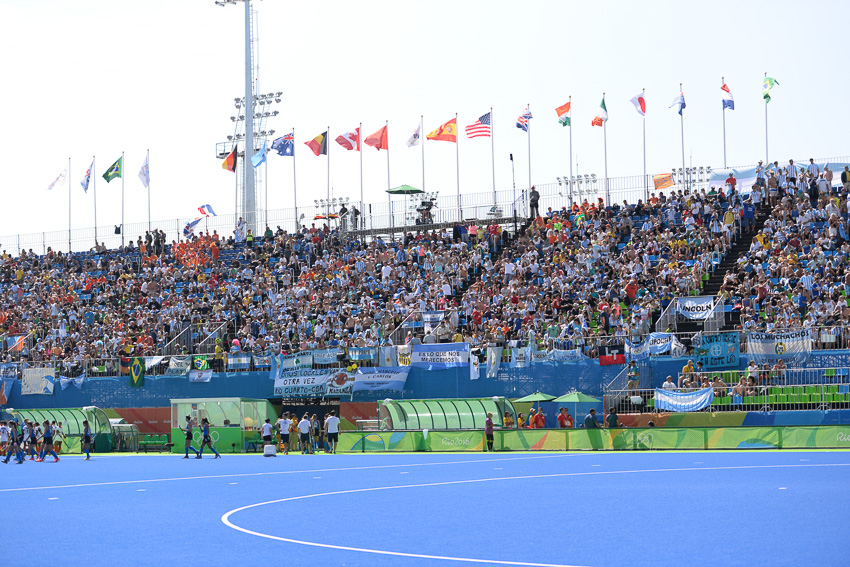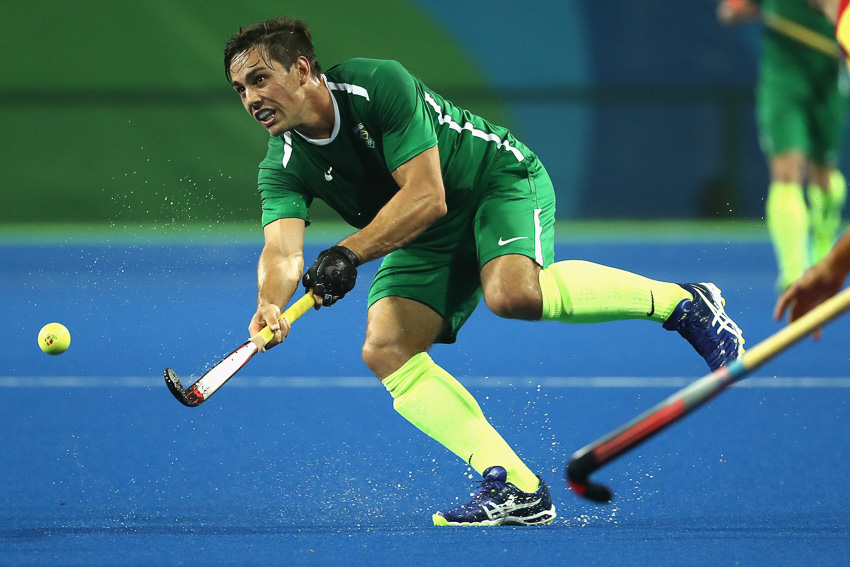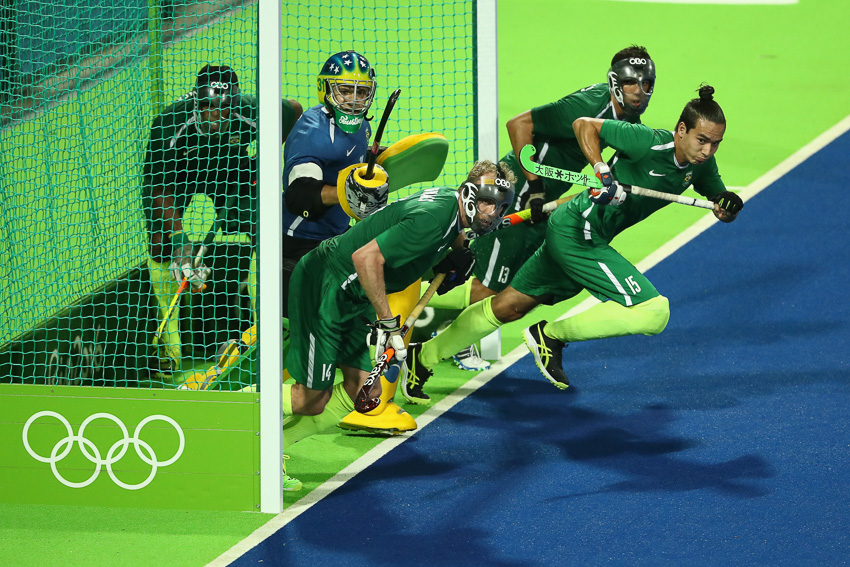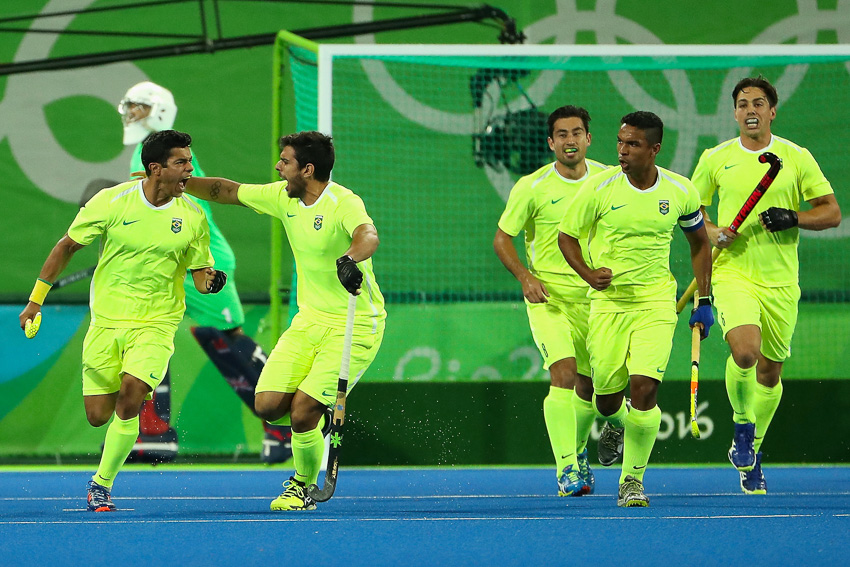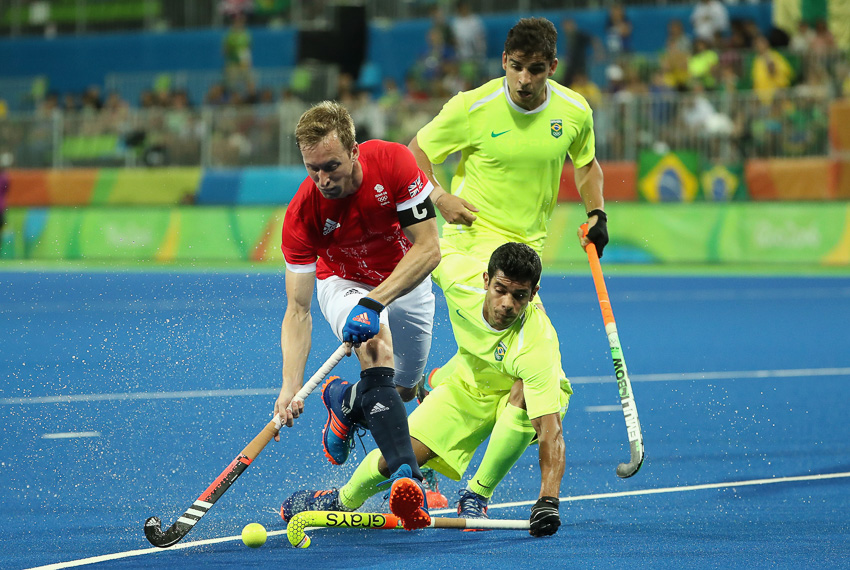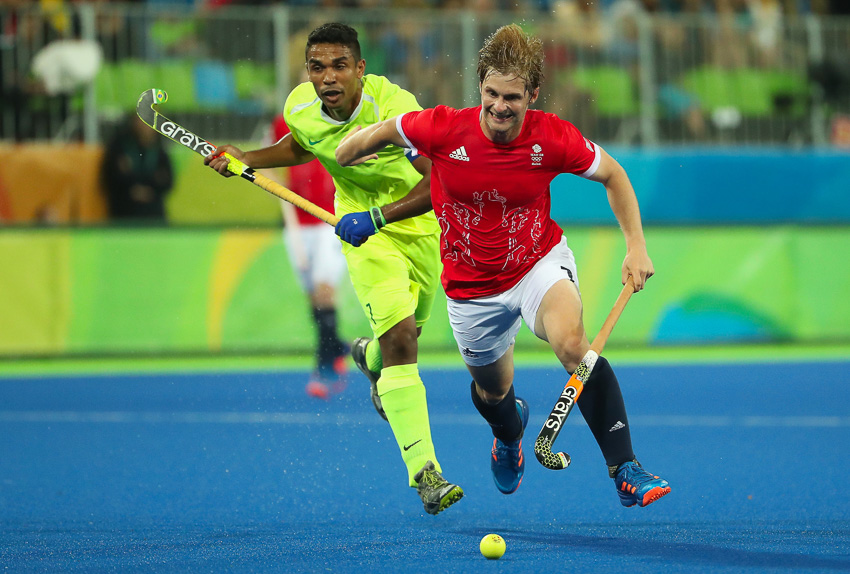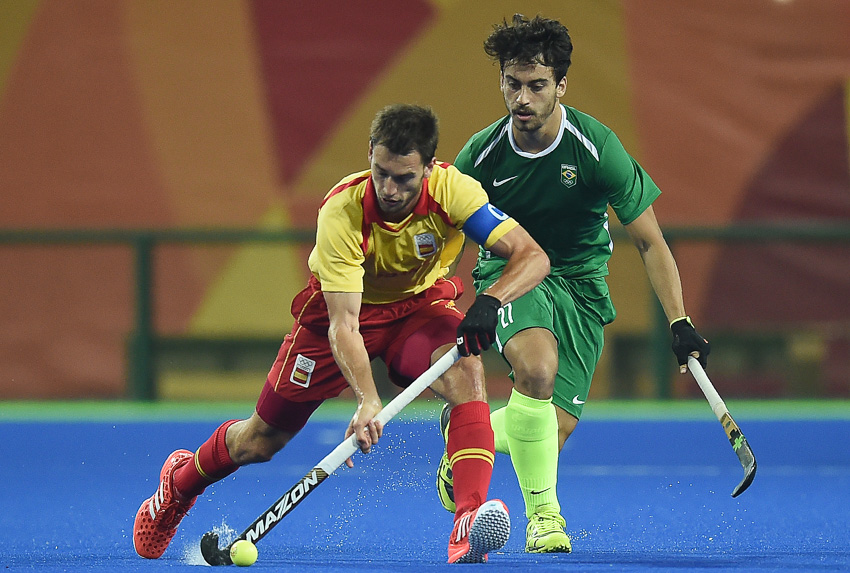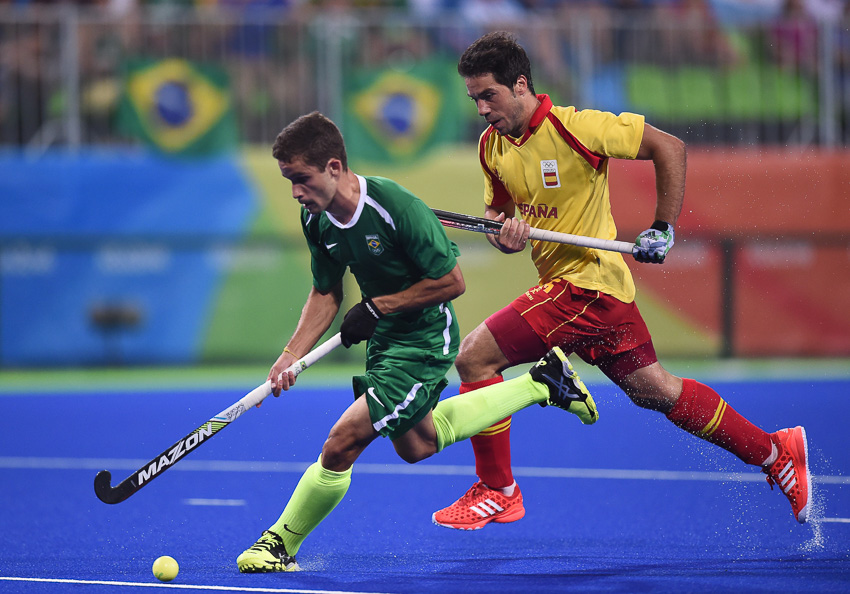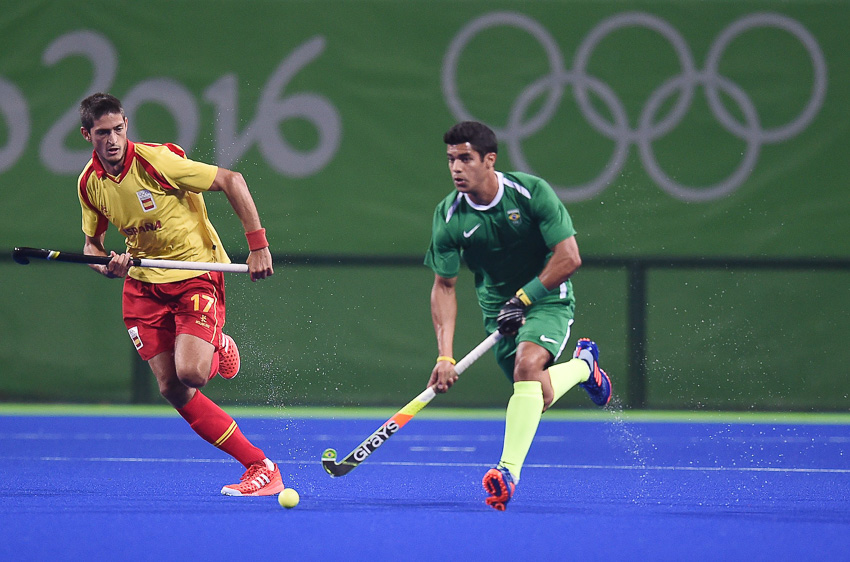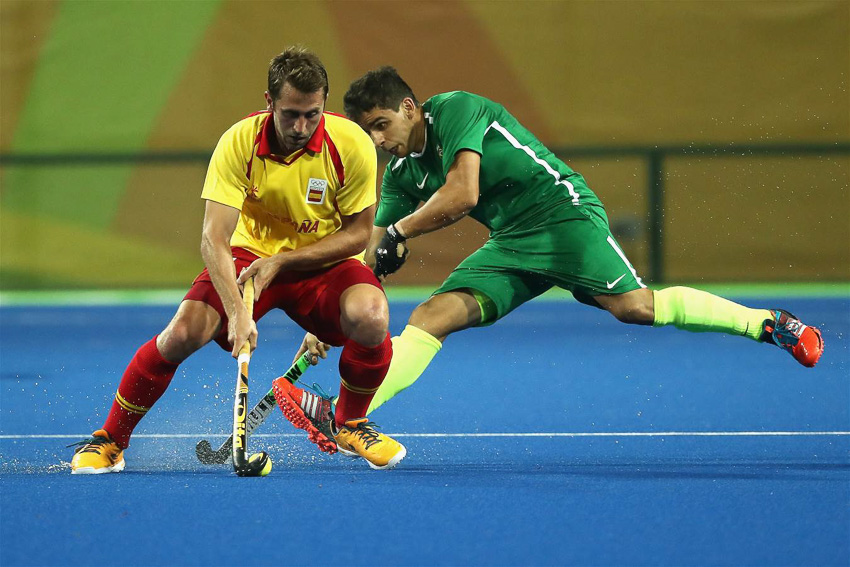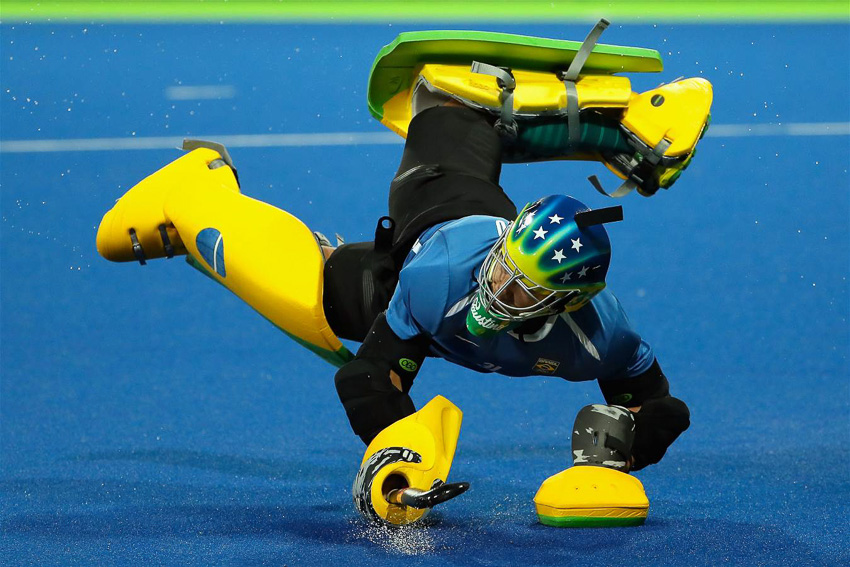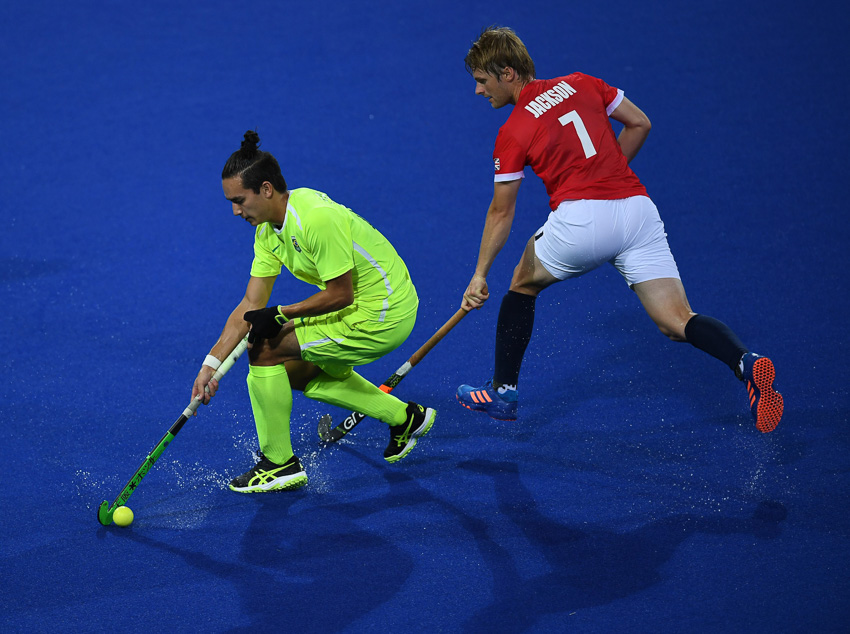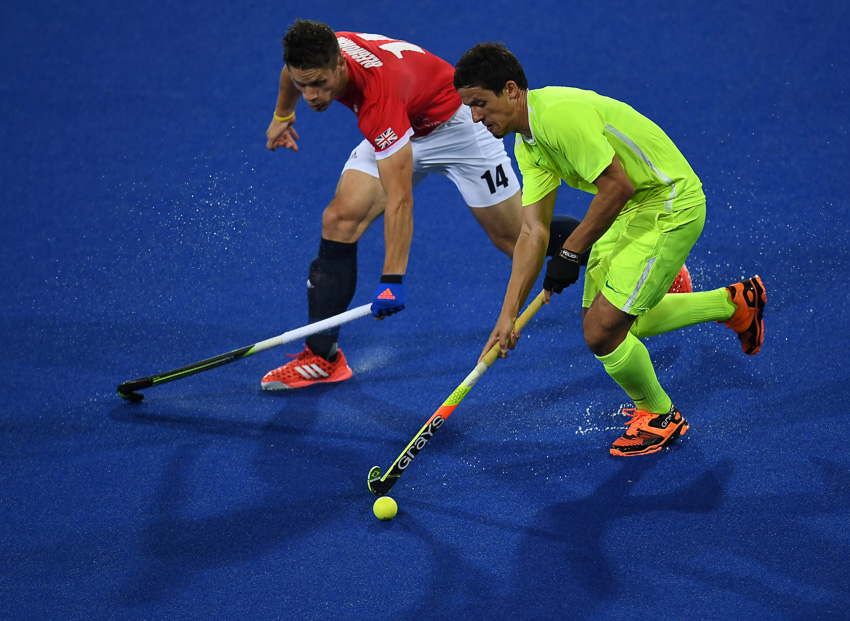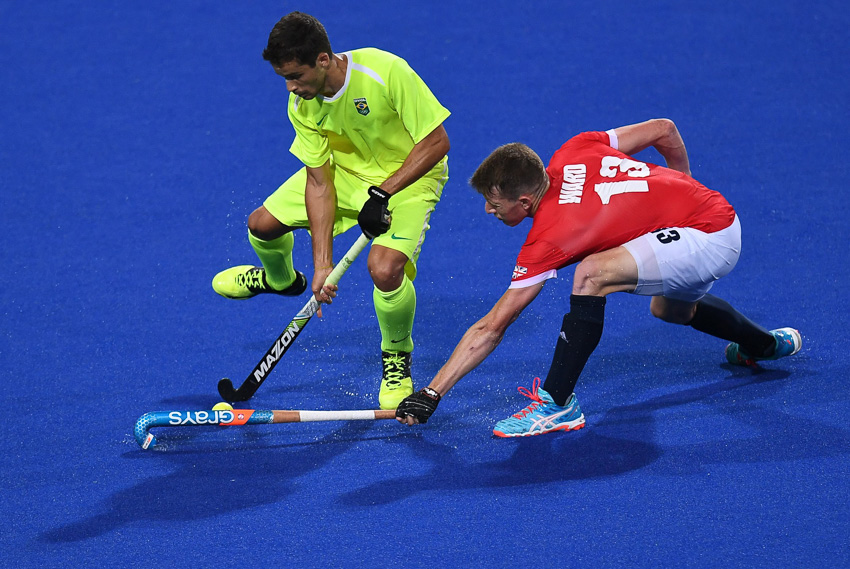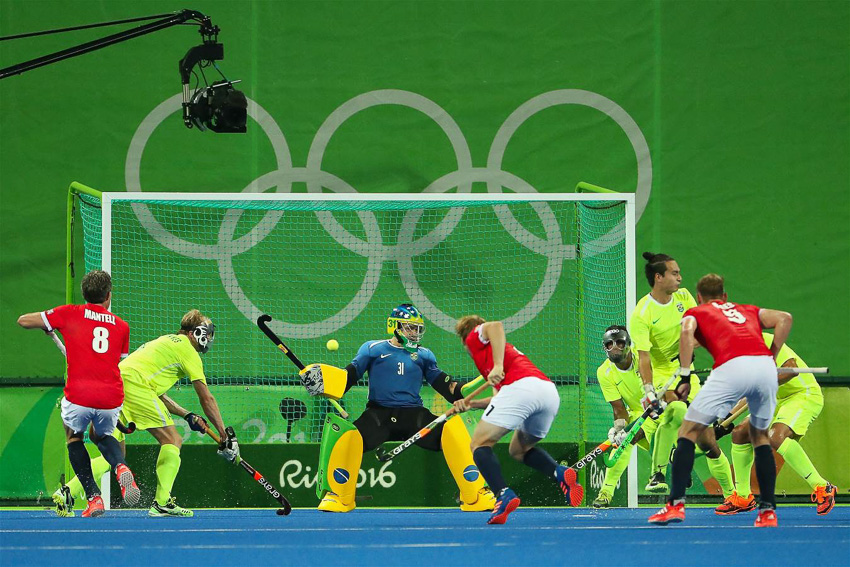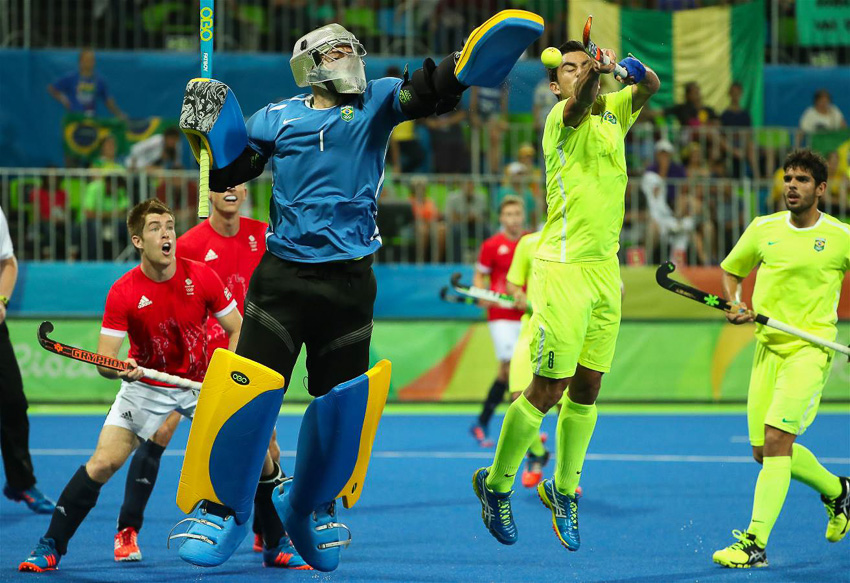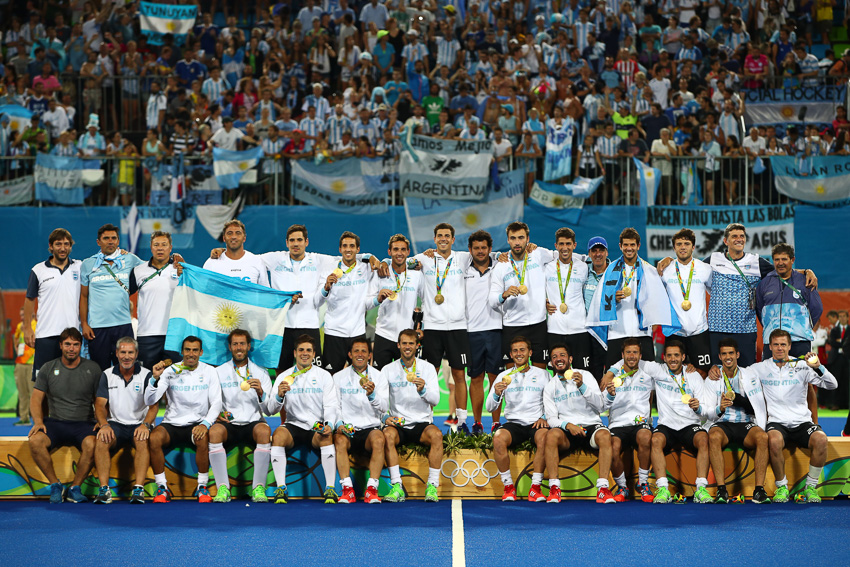
The Rio Olympics was the first time the Games had been held on South American soil and for the five Pan American hockey teams this was a great opportunity for the Continental Federation to show its home supporters the thrilling, dramatic and skilful nature of our sport.
Hopes ran high, particularly among the two top 10 ranked women's teams, Las Leonas of Argentina and Team USA, while the Brazilian men's team was looking forward to the moment they stepped on the pitch for their first Olympic experience. For the Canadian Red Caribou it was a return to the Olympics after an eight year absence, while for the men of Argentina, this was the time to consolidate a startling rise up the rankings since 2012, where they had finished 10th at the Olympics and slumped to 11th in the world order.
Now the dust of Rio has settled and the lights on the Deodoro Stadium have dimmed, it is a time to reflect on what actually happened when the five teams took to the pitch and to pay tribute to the coaching genius of Carlos Retegui, the pinpoint power and accuracy of Gonzalo Peillat, the acrobatics and bravery of Juan Vivaldi and the guile and leadership of Pedro Ibarra.
Because this time it was not the women of Argentina who ruled supreme and made a continent proud, rather it was their male counterparts, the team ranked seventh in the world. Over the course of the tournament Los Leones showed their fortitude, discipline and huge amounts of skill before taking on and nullifying the threat of the Belgium Red Lions in the final. The result, a delighted nation, ecstatic players, a coach who danced around the stadium with an injured player on his shoulders and a meteoric rise to second in the world rankings.
Director of Sport at FIH David Luckes summed up the impact that Argentina men could have on the future of hockey on the continent when he said: "The final was magnificent. Argentina winning opens up a new world of opportunity via South America while also dispelling perceptions of the sport as either being European or Commonwealth. The passion of the crowd was to such a point that we doubled security to ensure no 'over exuberance' spilled over onto the pitch. The atmosphere was befitting of a nation whose psyche is for team sports and seeking the delivery of the ultimate prize for a proud nation."
So just how did the Games unfold and what part did our PAHF teams play?
For Las Leonas, this was a tournament that it is best to forget. The team in blue and white came into the event as second favourites on the back of a win at the 2016 Champions Trophy in London and a victory at the Hockey World League Final in Rosario in 2015. That they had beaten the world number one side, the Netherlands, in London just a few months previous [at Champions Trophy] was yet another reason for captain Carla Rebecchi and her team to feel confident.
However, an opening 2-1 defeat at the hands of Pan-American rival USA in their first game, followed by a 3-2 loss to Great Britain and a 1-0 defeat at the hands of Australia left Argentina in fourth place at the end of the pool stages. This meant a quarter final meeting with the Dutch, who had sailed through their pool matches unbeaten; this was the match many hockey pundits would have predicted as the final.
Argentina saved their best for this match and the 3-2 outcome was the perfect showcase for the sport. It was a match of attack and counter-attack by the two best teams in the world. The Netherlands shot into a 2-0 lead, but Florencia Habif and Delfina Merino brought it back to within Argentina's grasp. A third Netherland's goal from Kelly Jonkers sealed the deal, but Las Leonas were able to leave the tournament having played at least one match with their customary brilliance.
Speaking after the match, Rebecchi said: "I am so sad we could not not achieve our dream. But despite that, I still have great memories of shared moments. I also am proud to say that we gave everything and more for the Las Leonas shirt. This is the way of sport and everything is part of the learning process. I'm so proud to be Argentinian.'
In stark contrast to their PAHF neighbours, Team USA got off to the brightest of starts. They came into the event ranked fifth in the world but soon scored victories over their higher ranked opponents, Australia and Argentina. Further wins over Japan and India meant that Craig Parnham and his team were sitting at the top of the pool as they came to their final pool match.
This was against Great Britain, the other unbeaten team in their pool, and it was here that things began to unravel. Whether it was the incredibly high work rate that the USA had employed in their earlier games or the fact that they came up against one of the best performing defences in the tournament, but USA were unable to control the game as they had their previous pool matches. That said, USA went into the lead through Michelle Vitesse, but two goals from GB, accompanied by some solid goalkeeping from Maddie Hinch saw the threat from USA extinguished.
The result meant that USA faced Germany in the quarter-finals, but with the Germans sitting ninth in the rankings, this was a definite opportunity for USA to reach the semi-finals. As the final 2-1 scoreline shows, this was not to be. Germany are a team on the march and in their coach Jamilon Muelders, they have a master tactician. Germany hit USA hard in the opening minutes and took a 2-0 lead into the half-time break. The European team then set up a solid defence and relied on breaking the USA attack down and then hitting with a counter attack. USA got one goal back but were unable to find the elusive equaliser.
In the men's section, Canada found themselves up against opposition that were just a few steps ahead of them in terms of experience at this level. That said, the Canadian team scored in all but one of their games and forced a 2-2 draw with India, who were ranked 10 places above them. A 7-0 drubbing by the Netherlands was a low point for the Red Caribou, and they will rue a 4-2 loss to Ireland, but goals against Germany and Argentina are certainly signs that this team has more in the locker.
Speaking to the National Post, captain and goal scoring machine Scott Tupper said that while Canada don't have the depth of players to compete with the top teams, it is not something he would ever use as an excuse. “We are really proud of our ability to qualify for tournaments like this and we are out here to show that we can compete regardless of whether you’re a small country or large nation. If you put it together on the right day, you have a chance of getting a result."
Getting a result would have been a dream come true for the host nation Brazil and the five minutes that the Samba Sticks were ahead of Great Britain in the pool game was among one of the noisiest periods of the entire competition. Despite losing heavily to Australia, New Zealand, Belgium, Spain and, eventually, Great Britain the team has moved seven places up the rankings and the Deodoro Stadium offers the potential of great things to come for the sport in this country. Can hockey challenge football in the hearts of Brazilians? That moment is a long way off, but the hockey team has certainly set a ball rolling.
And so to the gold medal winners. Argentina got their campaign off to a slow start. A draw with the Netherlands, a loss to India, a draw with Germany – this was hardly the stuff of champions. But Los Leones were on a slow burn and as the tournament reached the business end of things, so Argentina began to hot up.
Against Spain in the quarter-finals, Argentina were made to work to the final whistle. Ahead from the 15th minute through a Gonzalo Peillat penalty corner, Spain equalised in the 57th minute. Argentina didn't panic and Juan Gilardi was on hand to slip the winner home with just seconds left on the clock.
If Argentina were made to work in the quarter-finals, they positively cruised through the semi-finals. The opponents were the reigning Olympic Champions, Germany, but Argentina – and Peillat in particular – paid no heed to past reputations. By half-time Argentina were 3-0 up and Peillat had his hat-trick. Each shot had gone past Nicolas Jacobi's right hand as the keeper had dived low and the German's were looking a shadow of their normal imperious selves. Joaquin Menini and Lucas Vila added to the scoreline and, despite two goals for Germany in the last 10 minutes, this was a glorious victory that delighted the crowds and stunned the hockey pundits.
The gold medal match was uncharted territory for both teams. Only coach Carlos Retegui had contested an Olympic final before – as coach of Las Leonas four years previously – and neither team has won a major tournament, so this was to be history in the making whatever the result.
Belgium got off to the best start, with Tanguy Cosyns scoring with just three minutes on the clock. Argentina hit back through captain Ibarra, before Ortiz and Peillat added to the scoreline. As with the semi-final, Argentina began to control the pace and flow of the game and Belgium had no answers. Juan Vivaldi was in sparkling form in goal and the formidable fire power of the Red Lions was nullified for much of the game. With 15 minutes left, Boccard scored to make it 3-2, but when Belgium removed their 'keeper for one final push, Agustin Mazzilli was able to run the ball into the empty net and make it 4-2.
The players went ballistic as the final whistle went, but cameras were fixated on the man who had masterminded the campaign, coach Carlos (Chapa) Retegui, whose enormous relief as the final whistle went was etched all over his face. Speaking after the match he said: "I'm super proud of the guys, players who are a machine. They have blood in their hearts, we have heart and now we have entered the history books. The differences between winning and losing are minimal, a second, a fraction. It is a prize for which we work, work and work some more. This is a dream come true."
